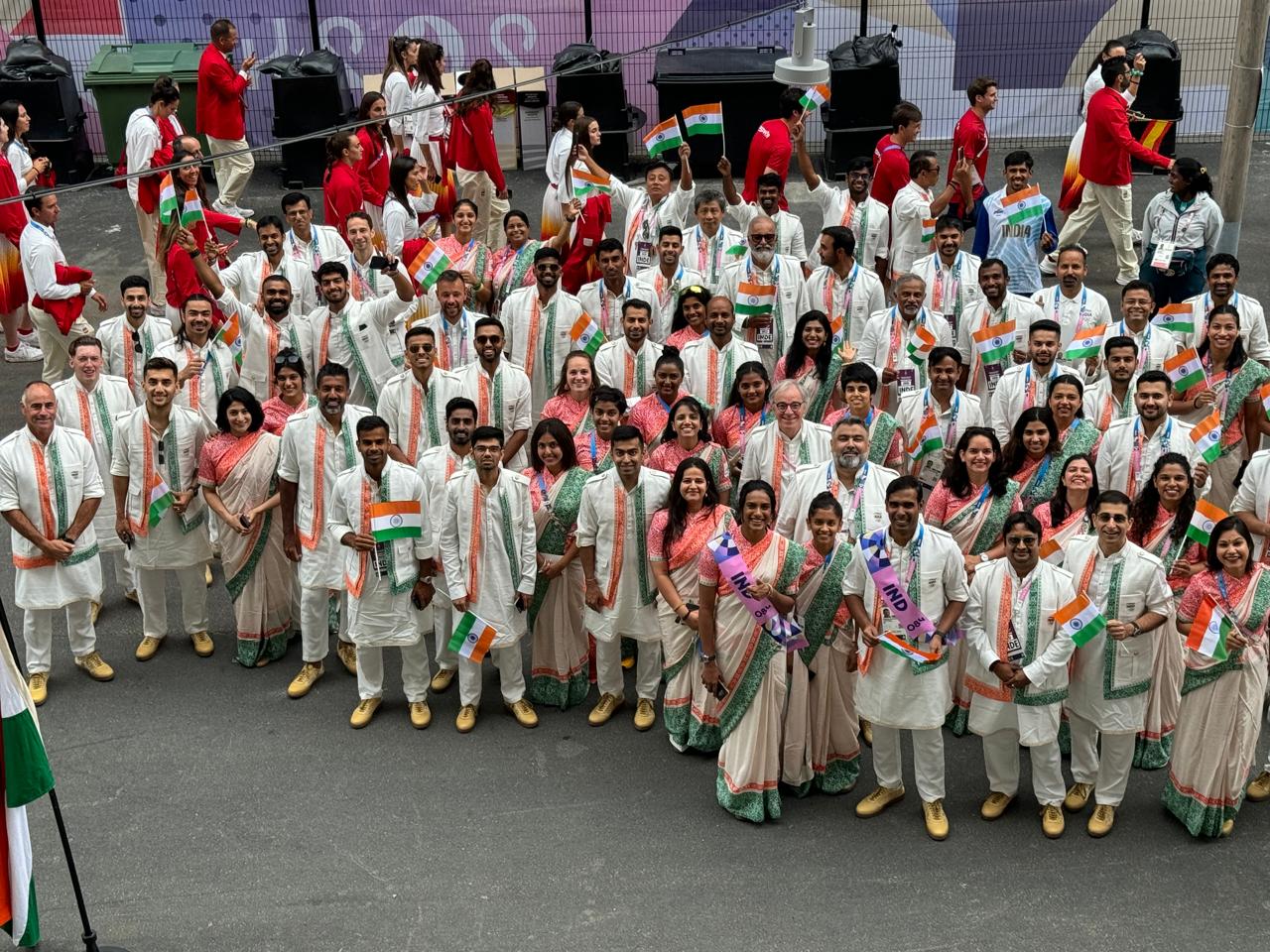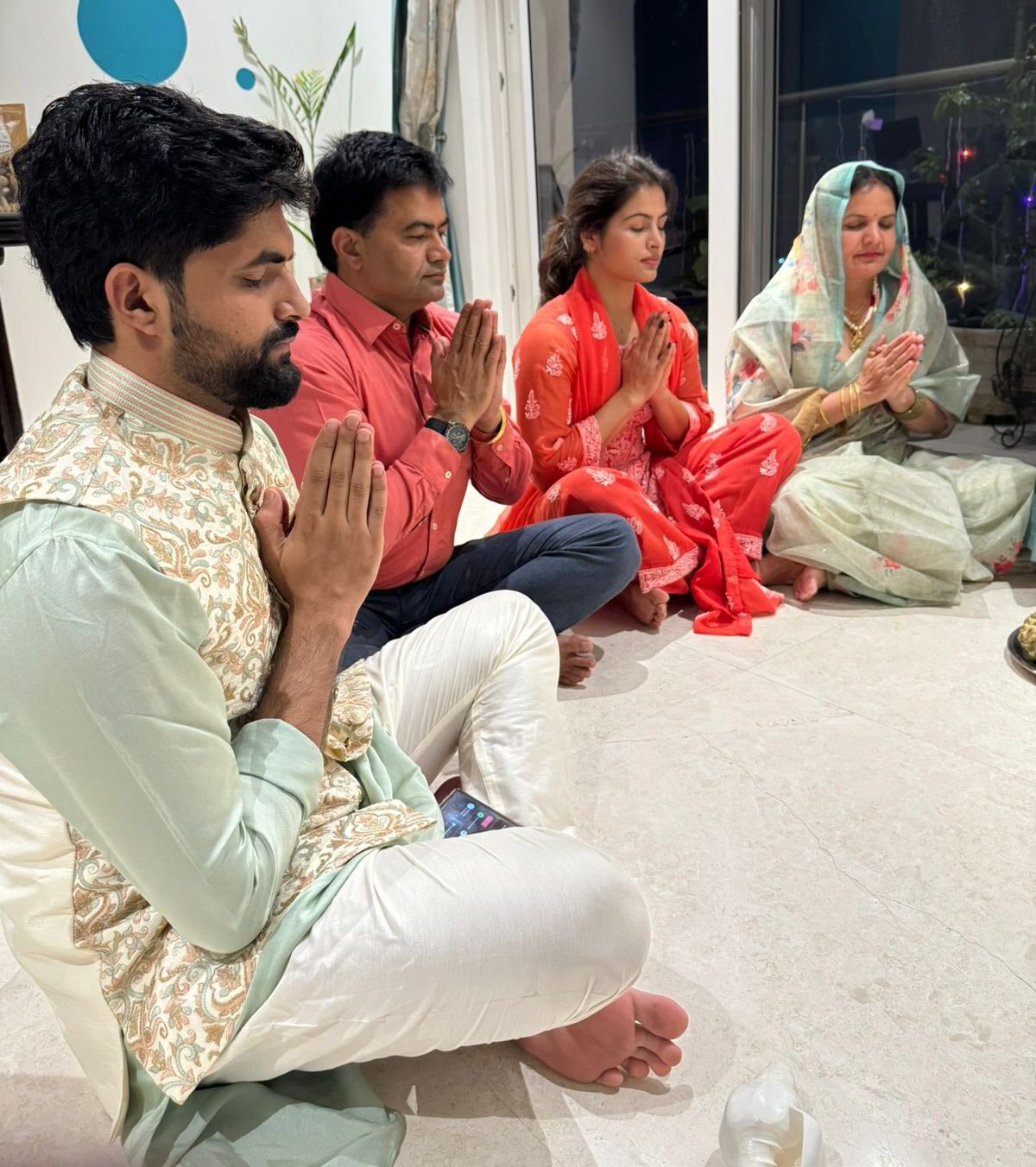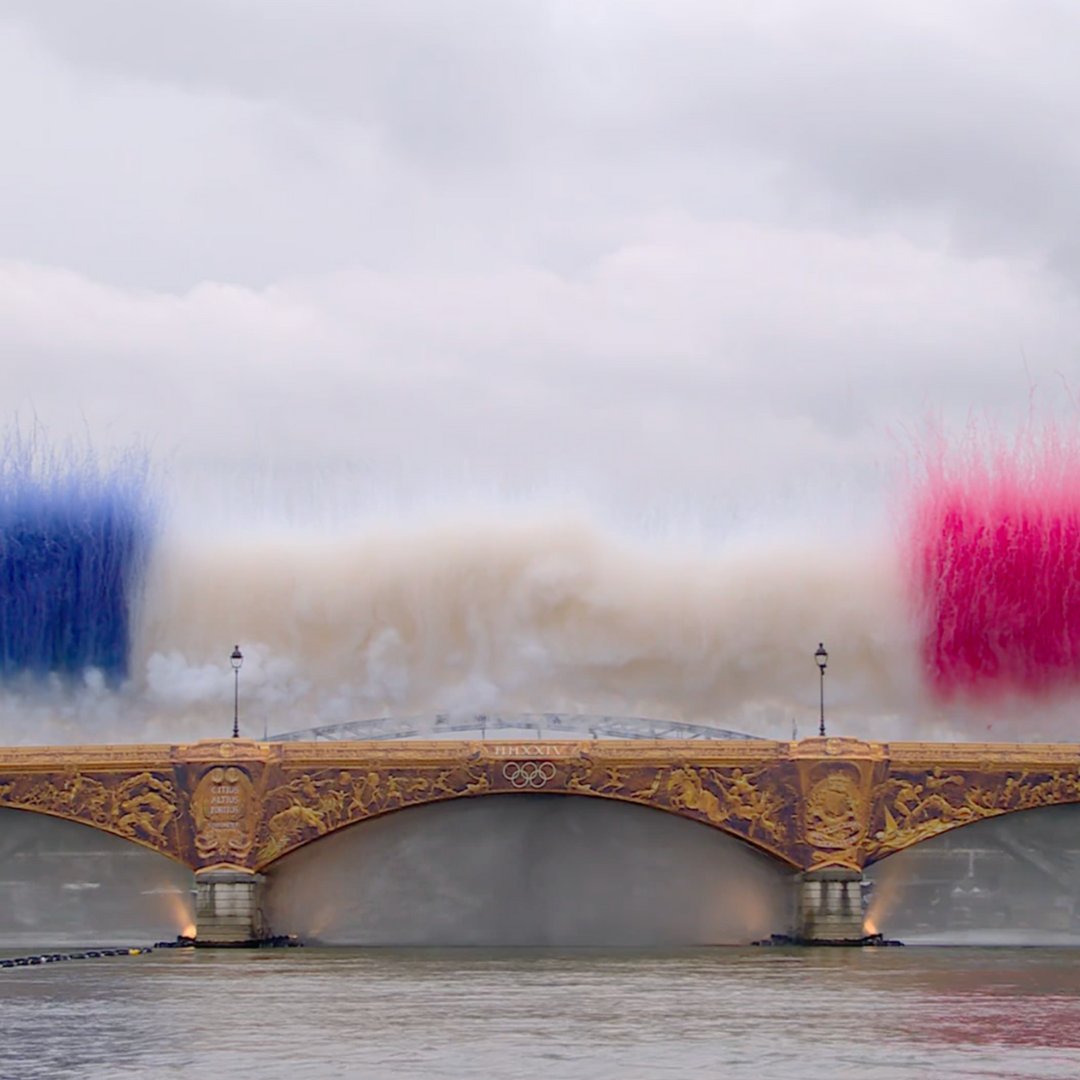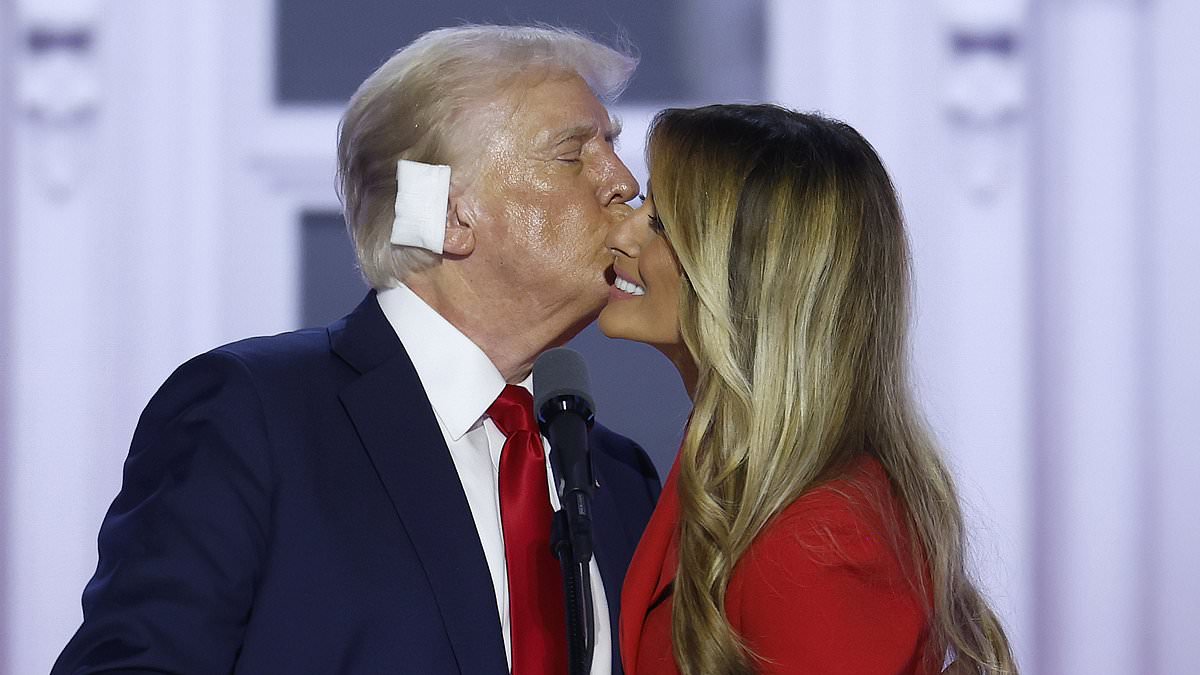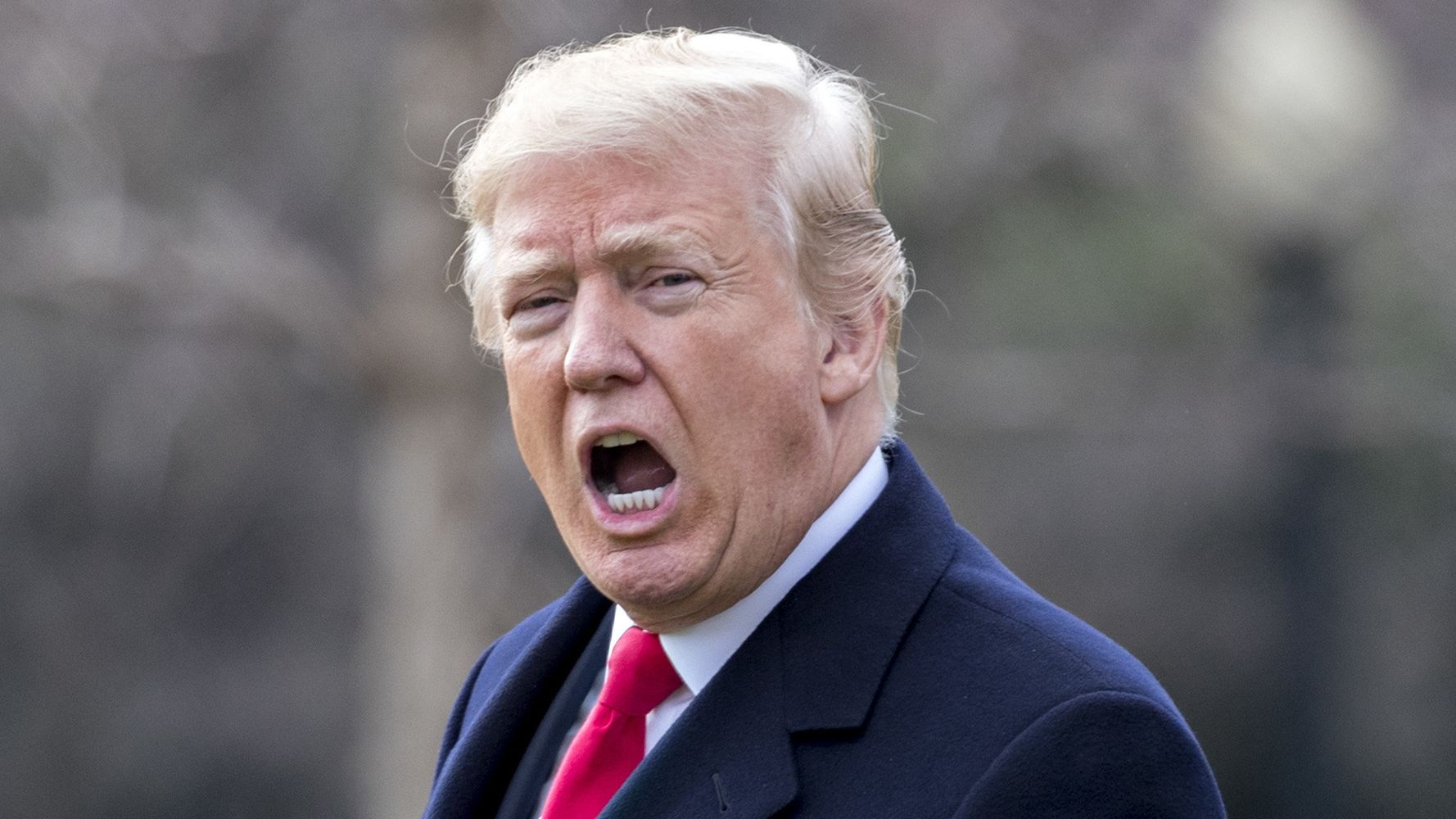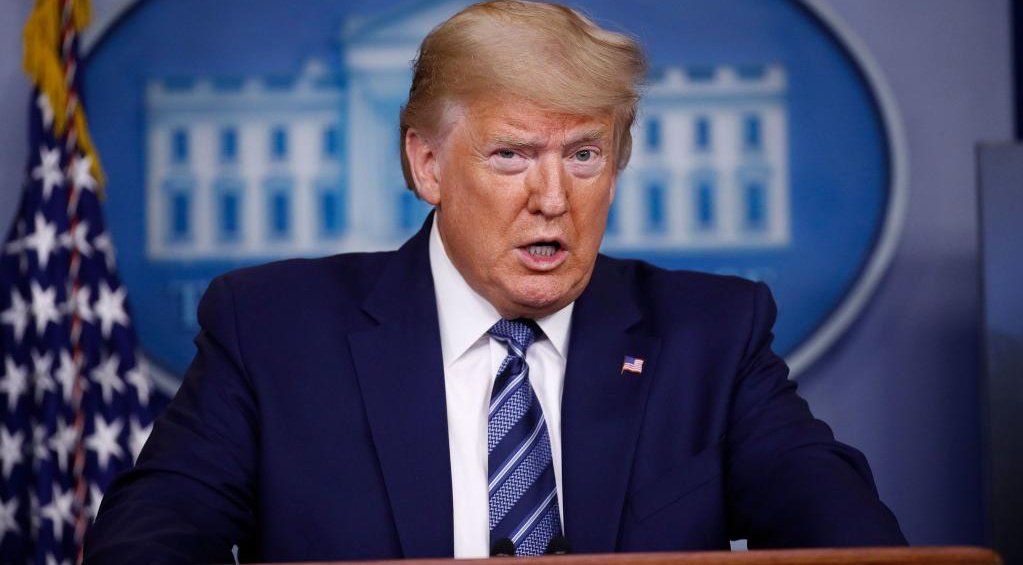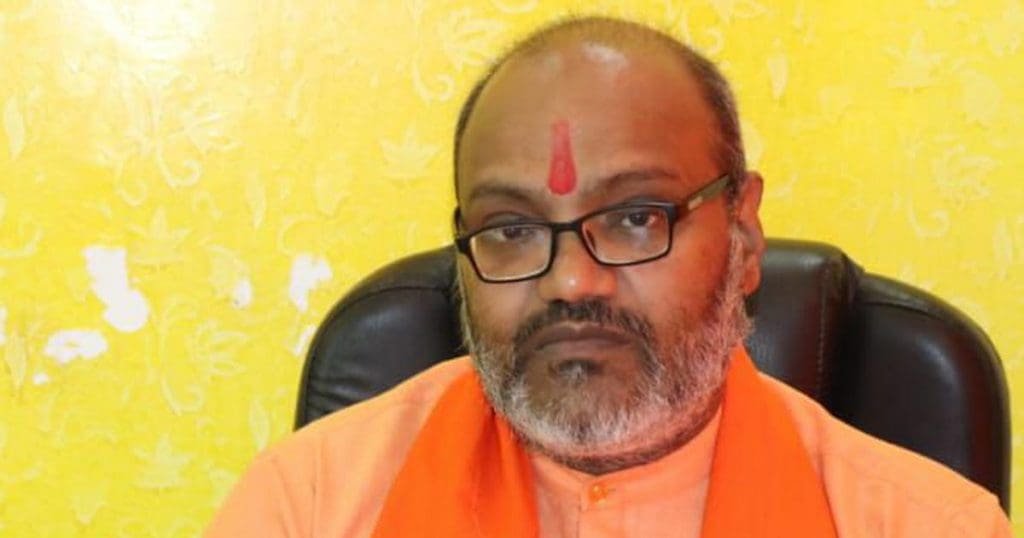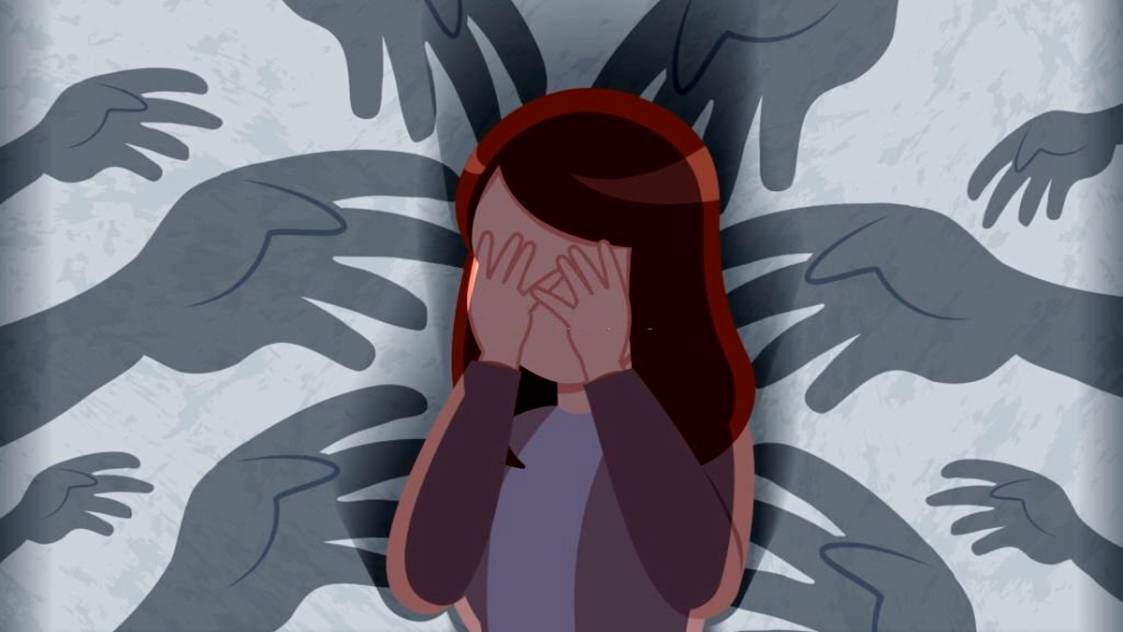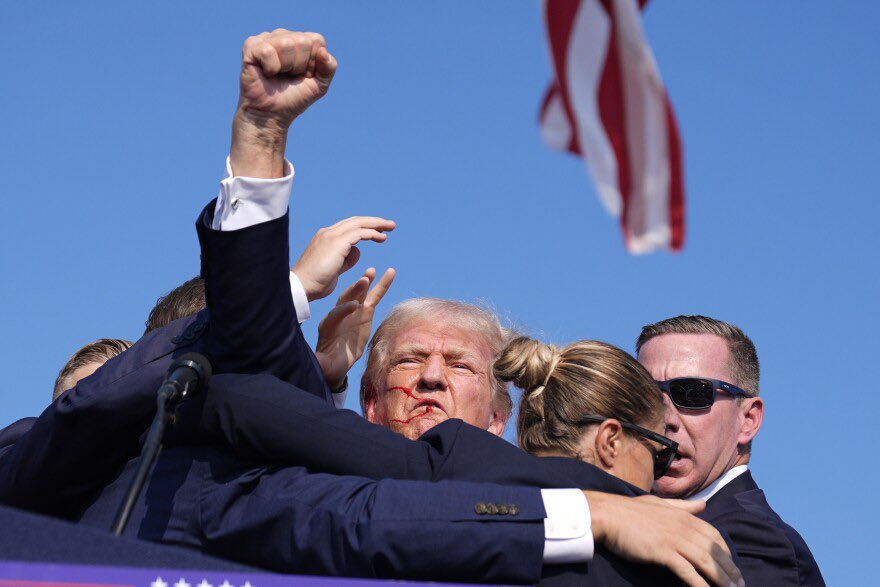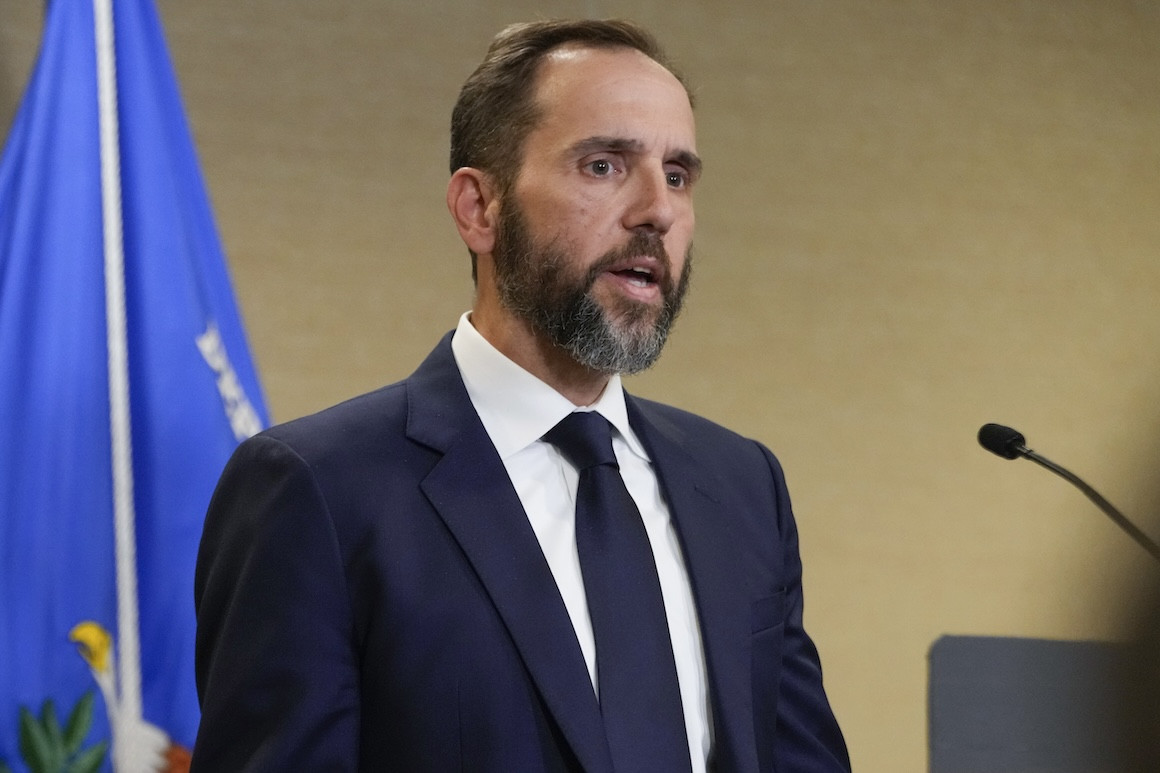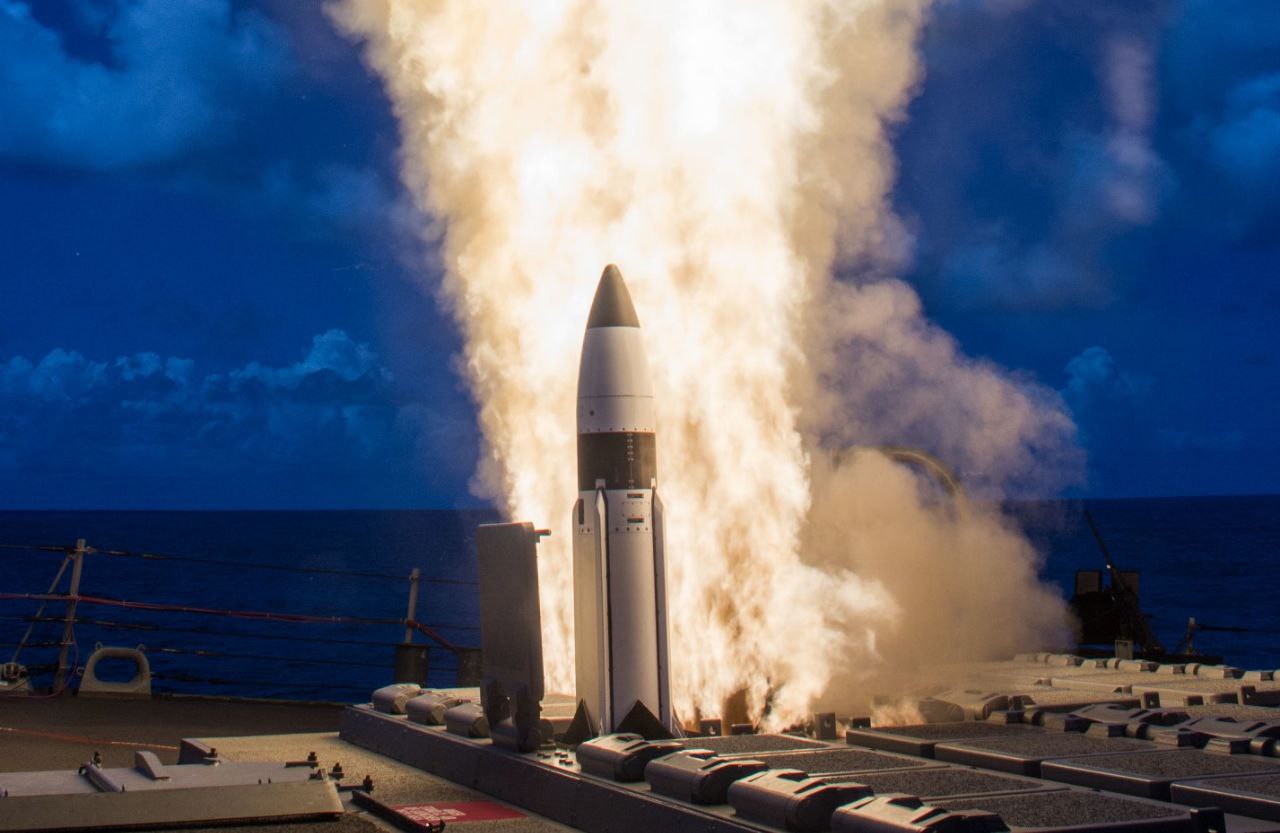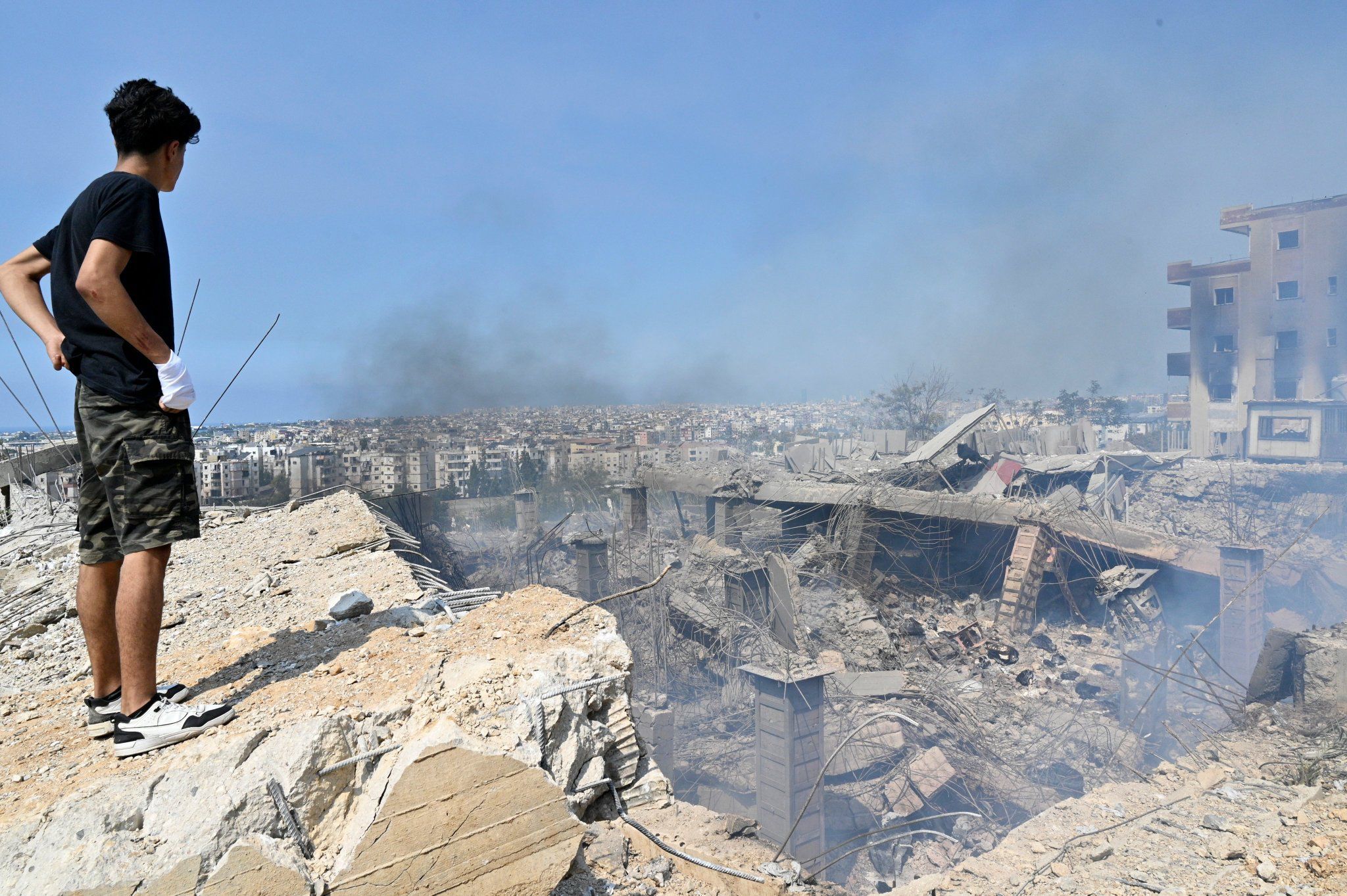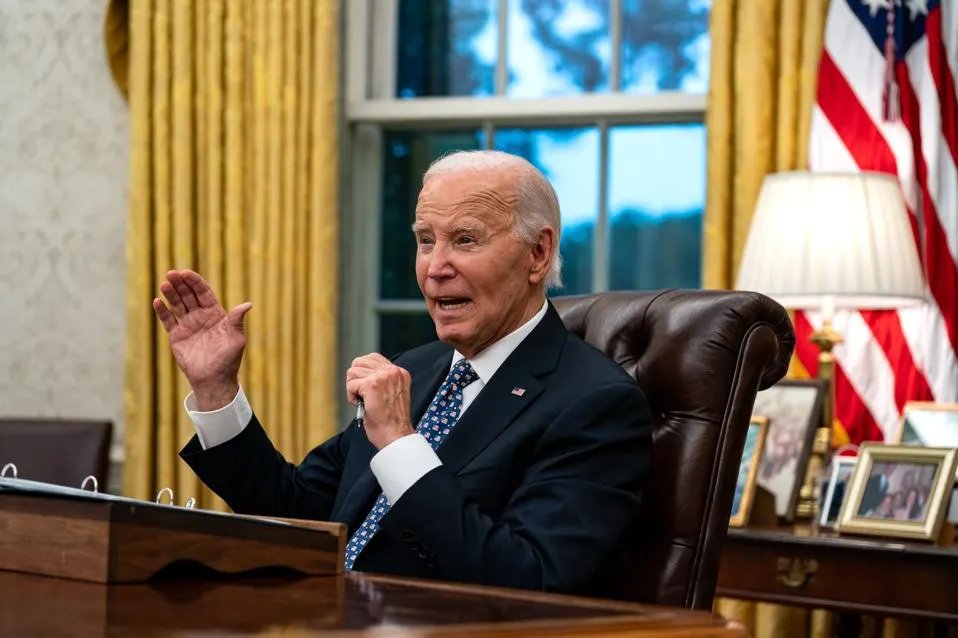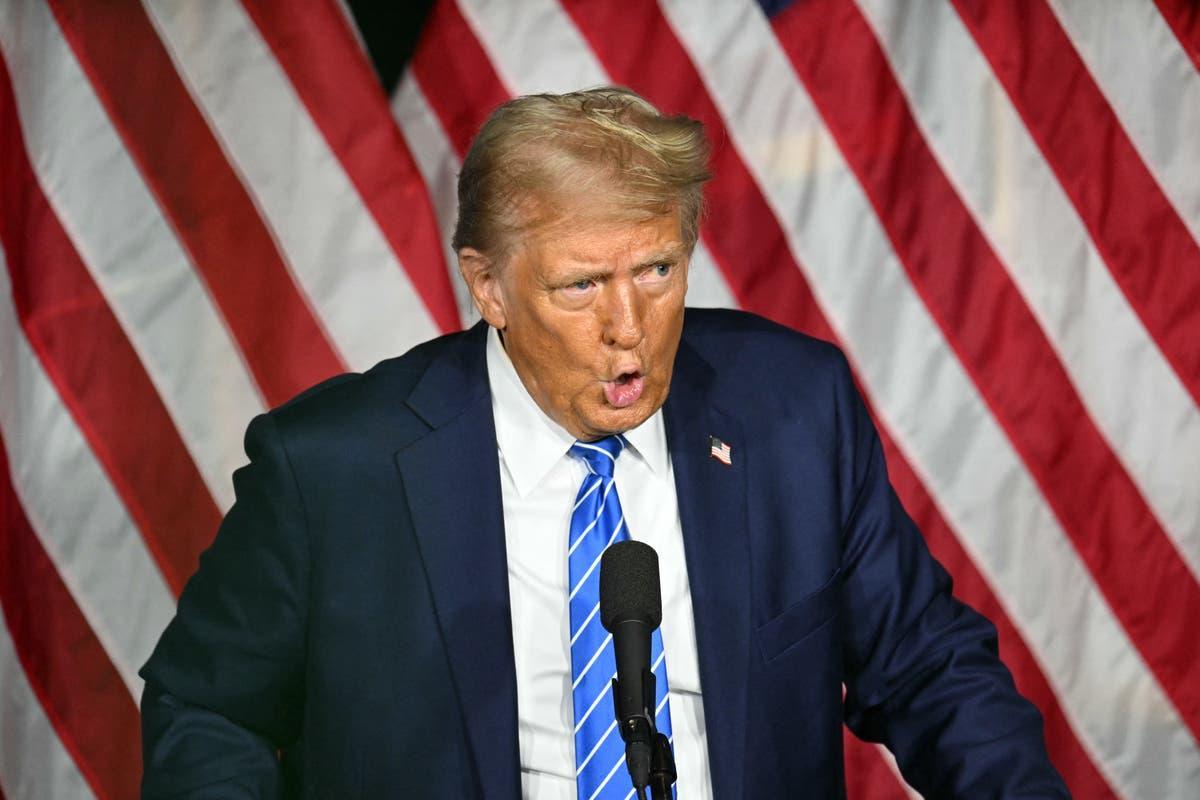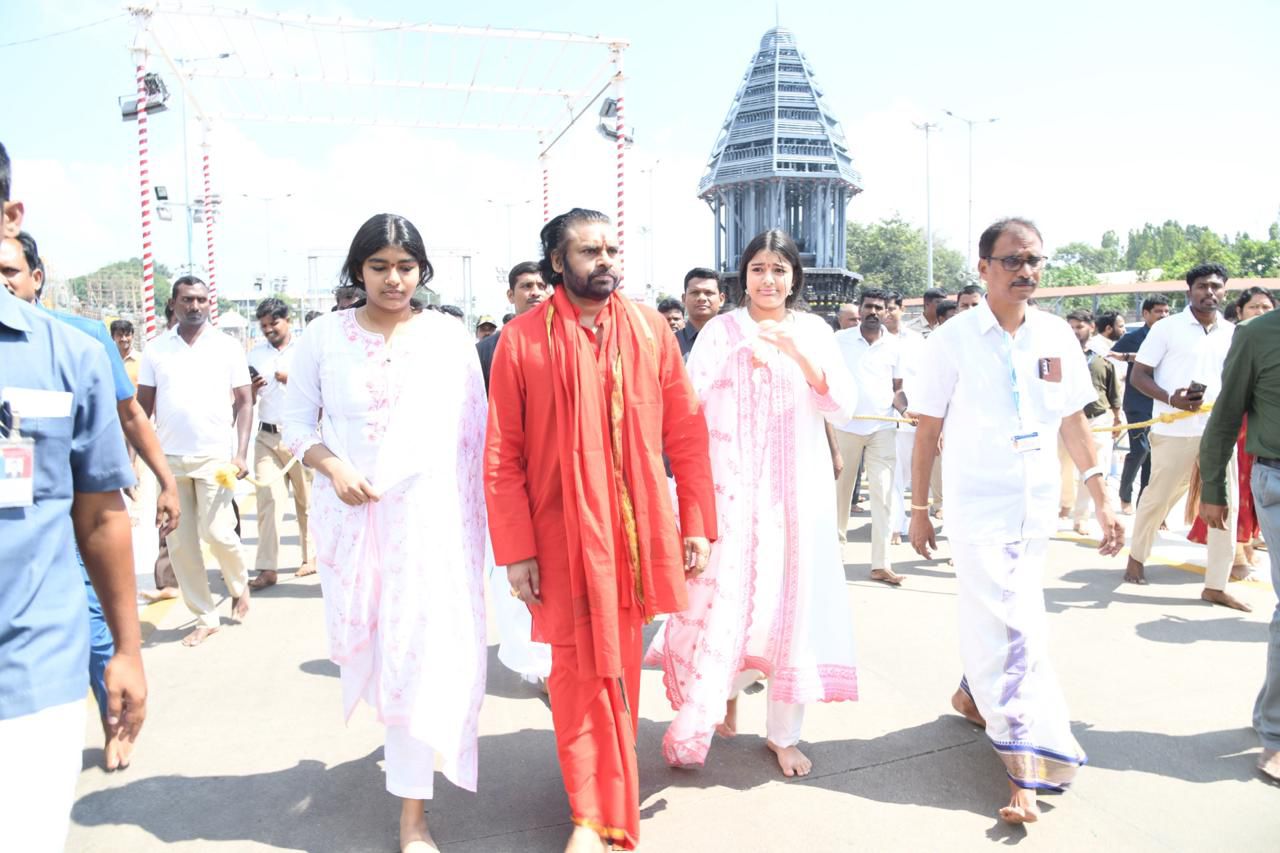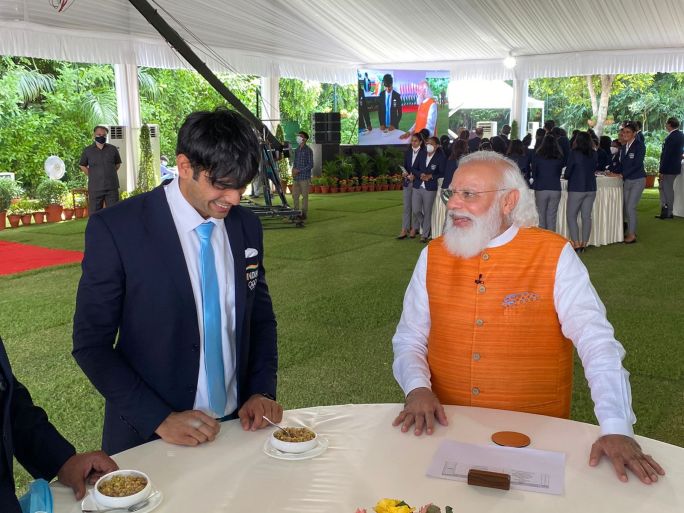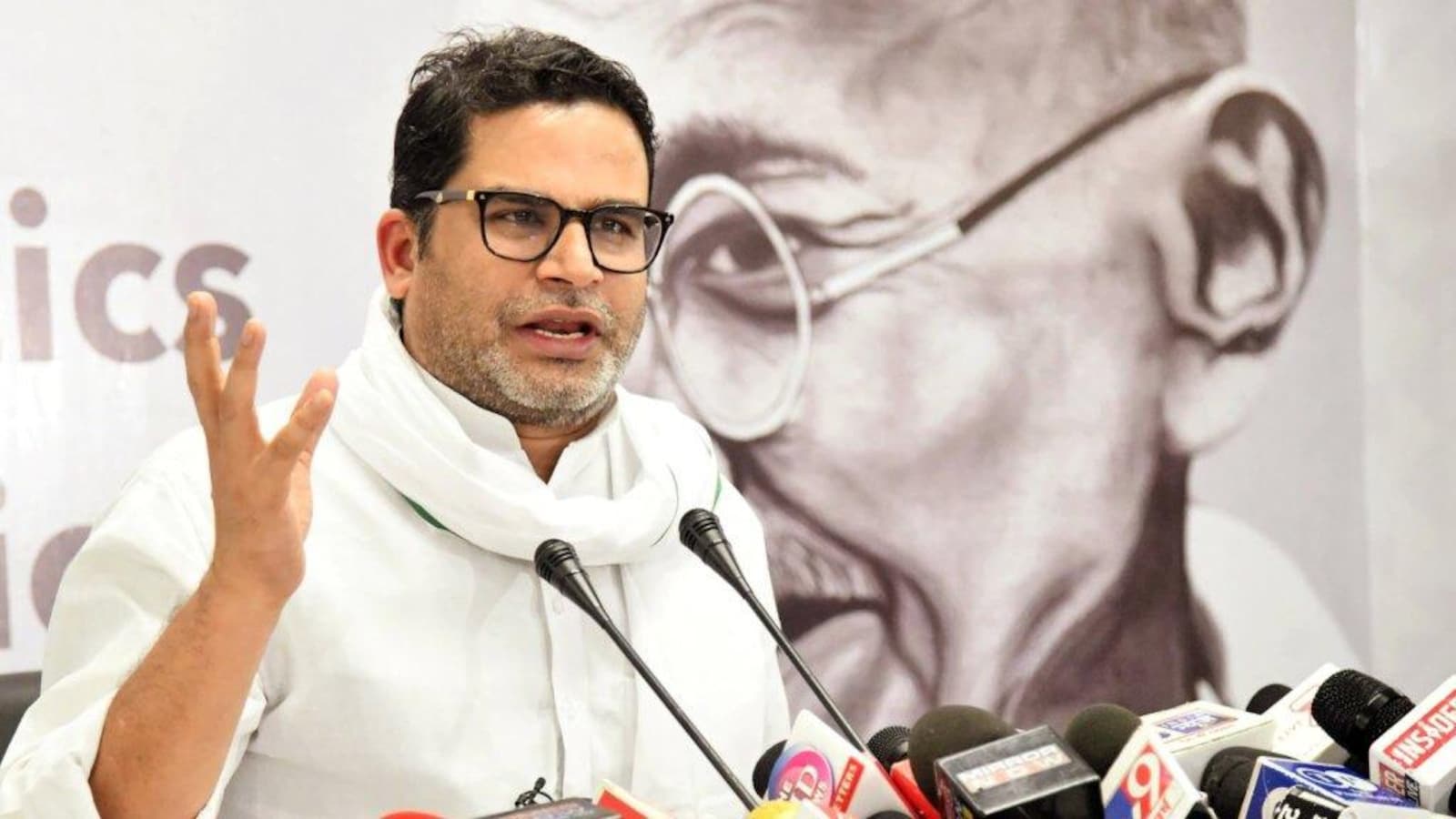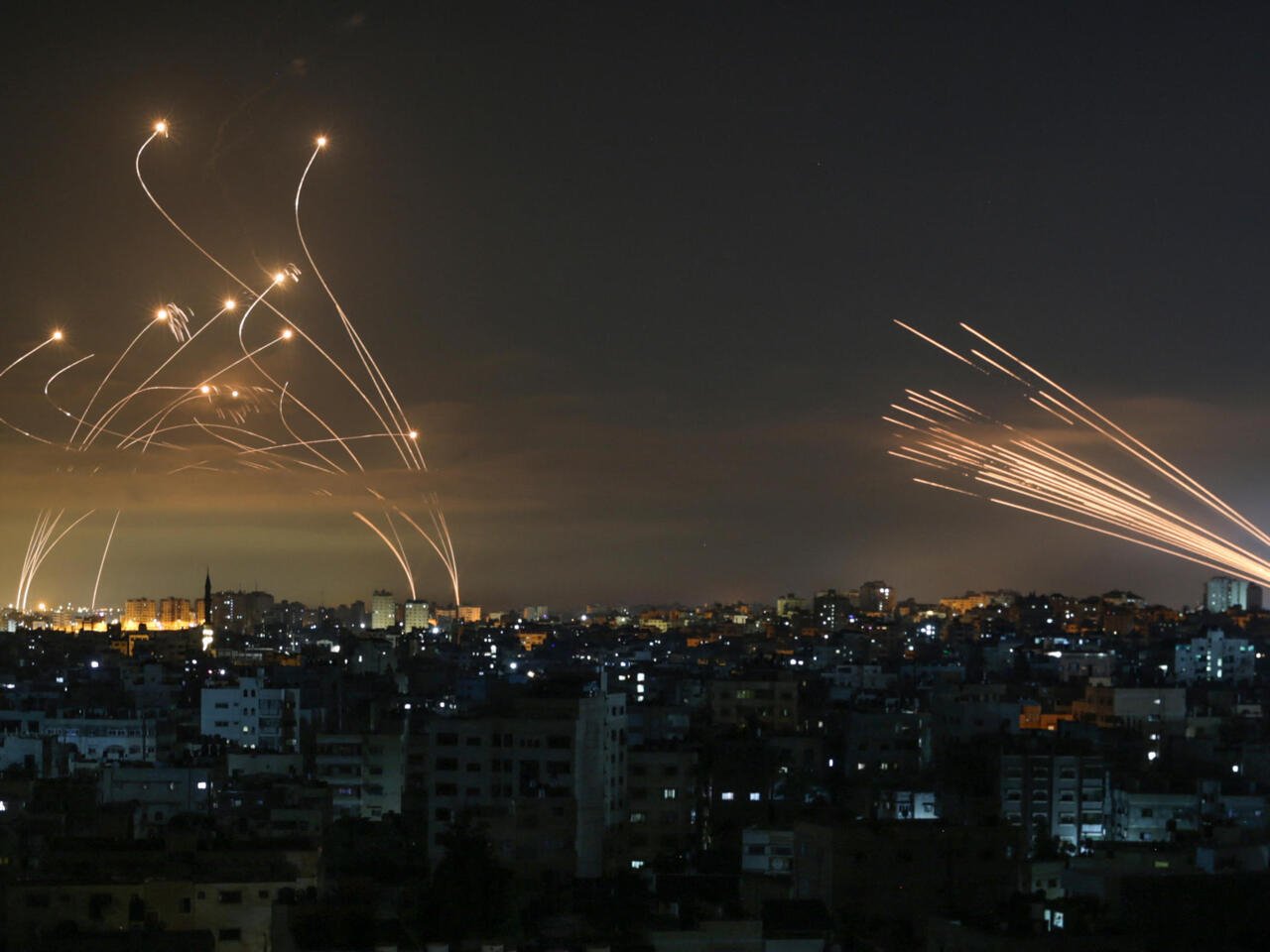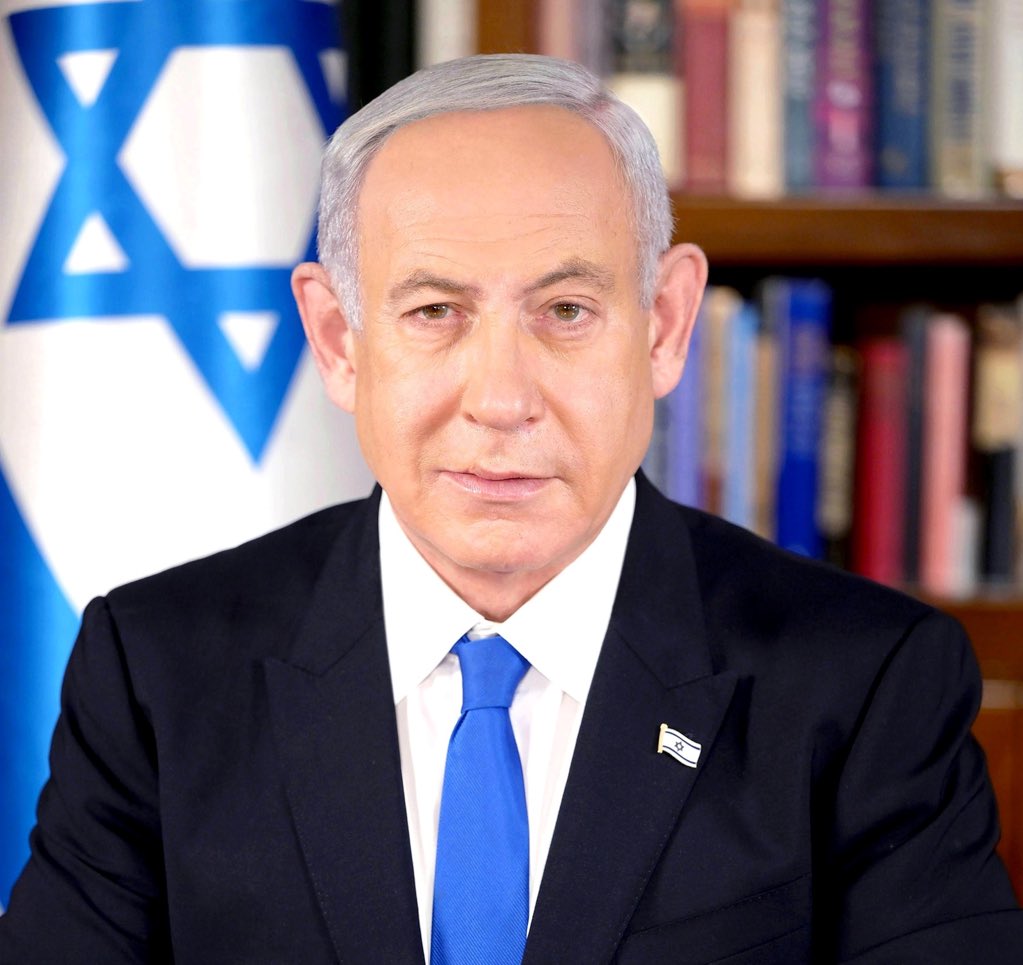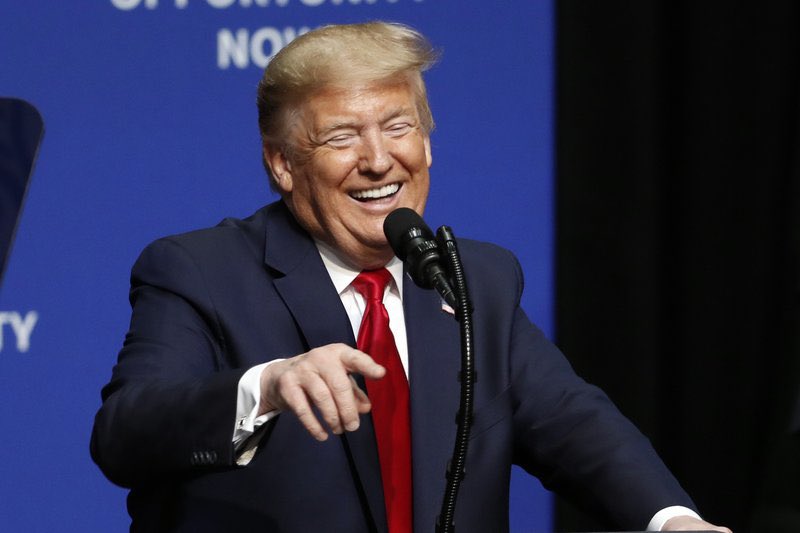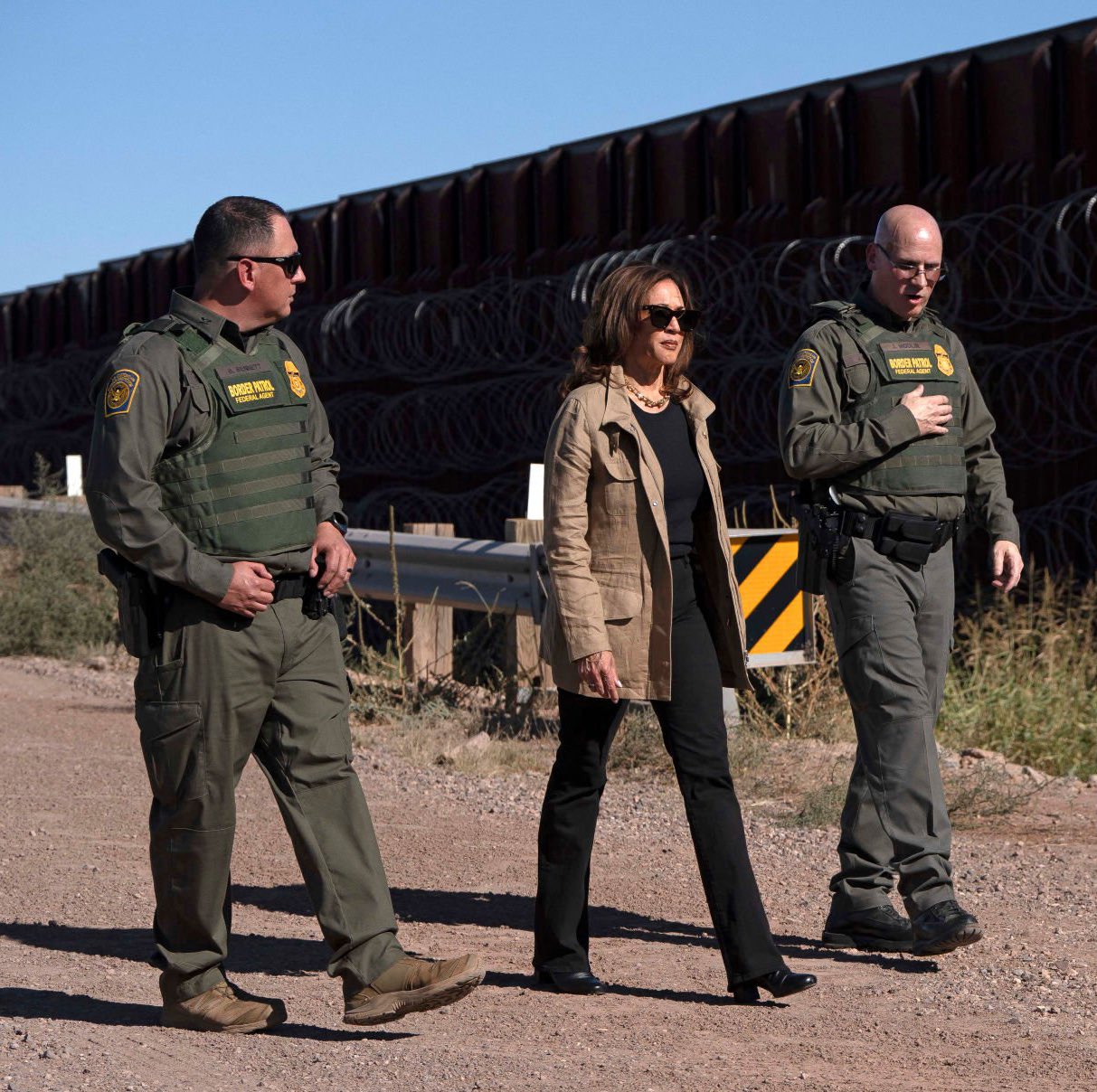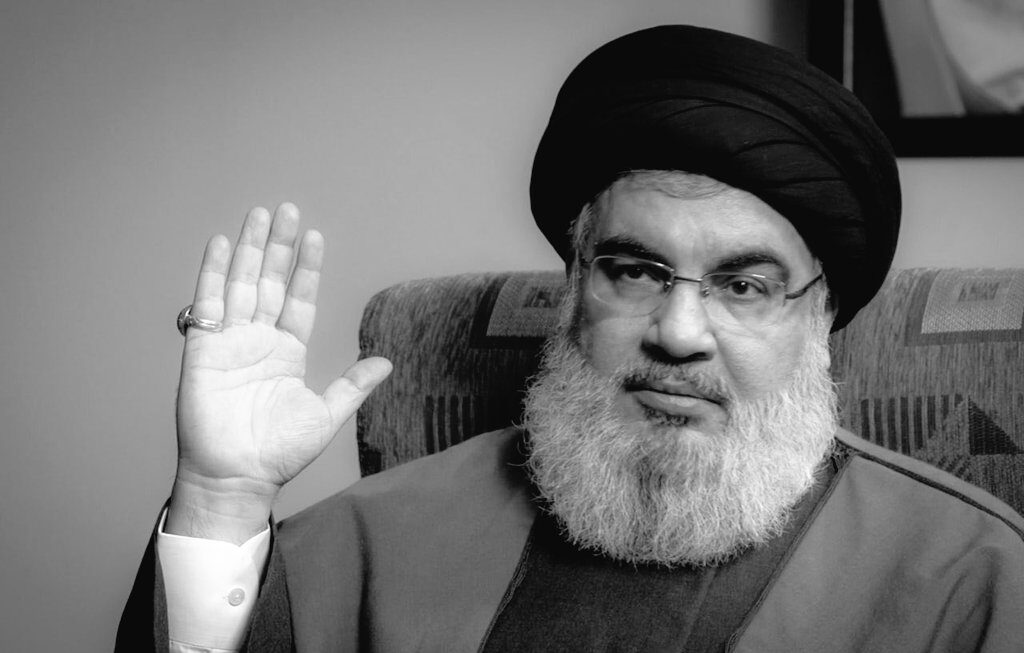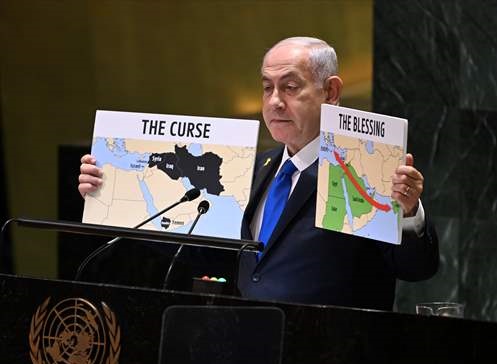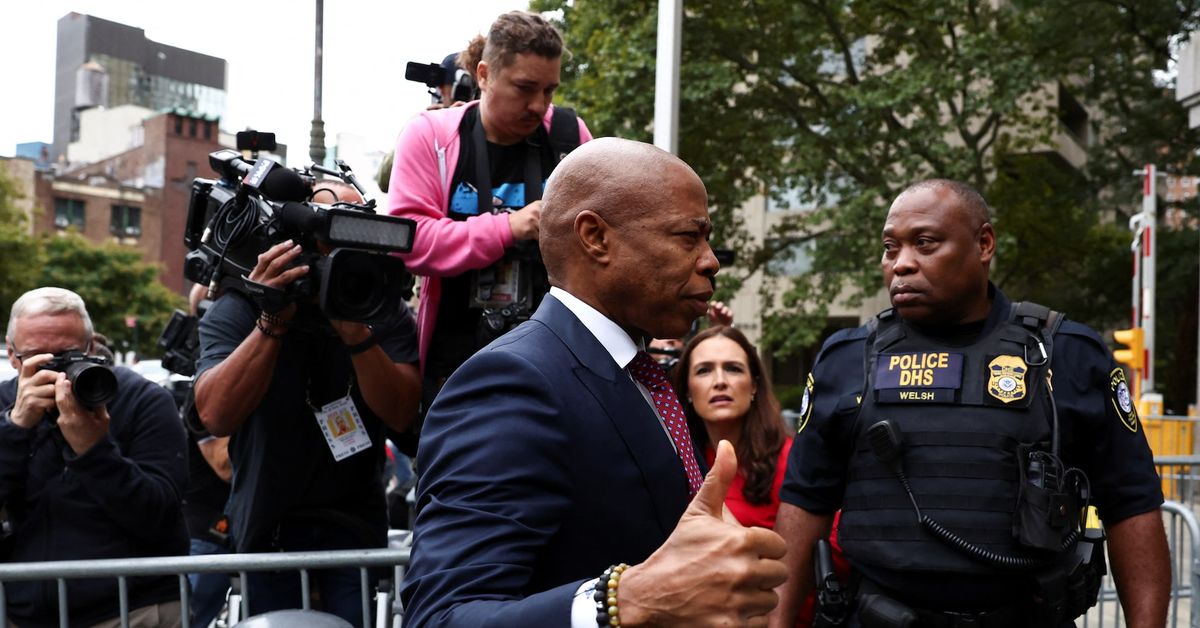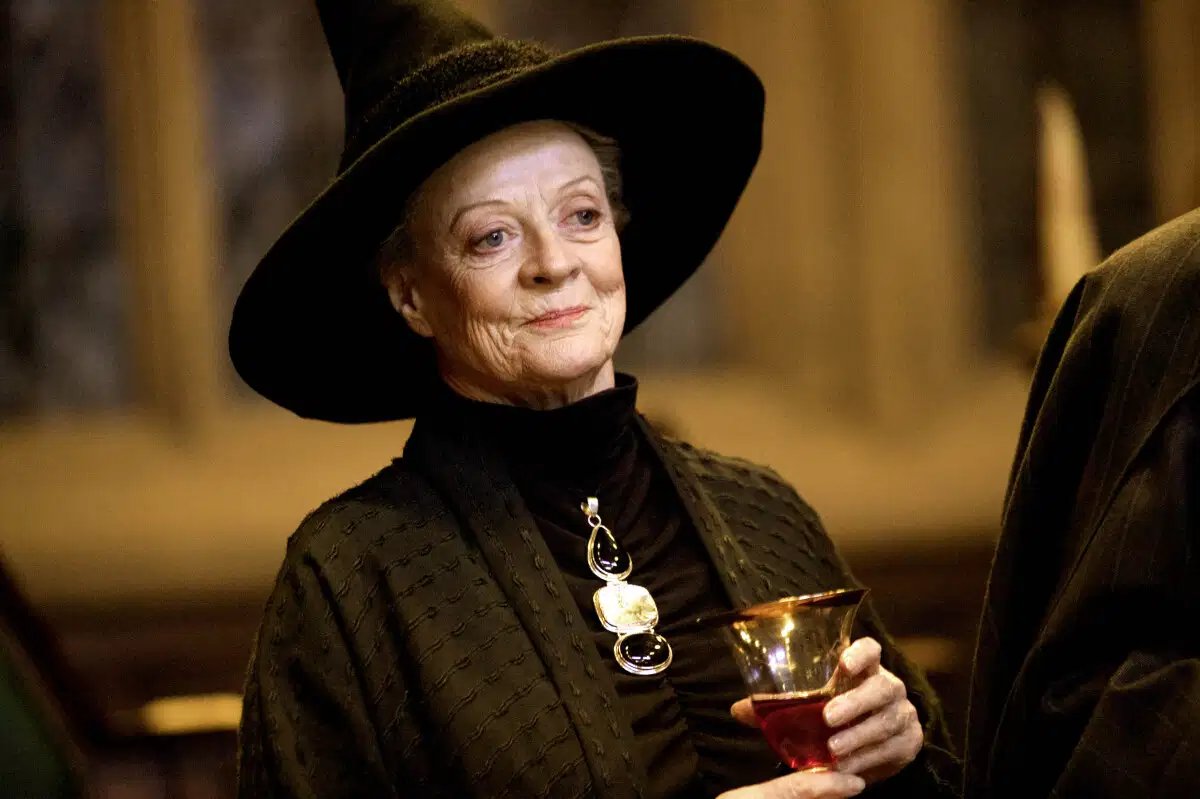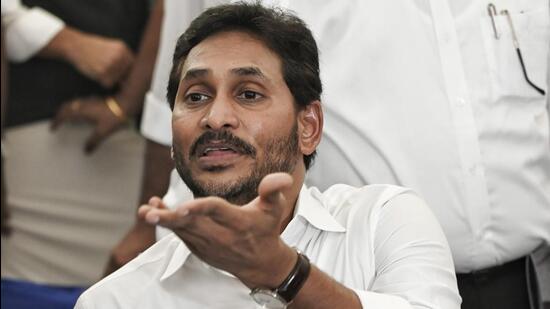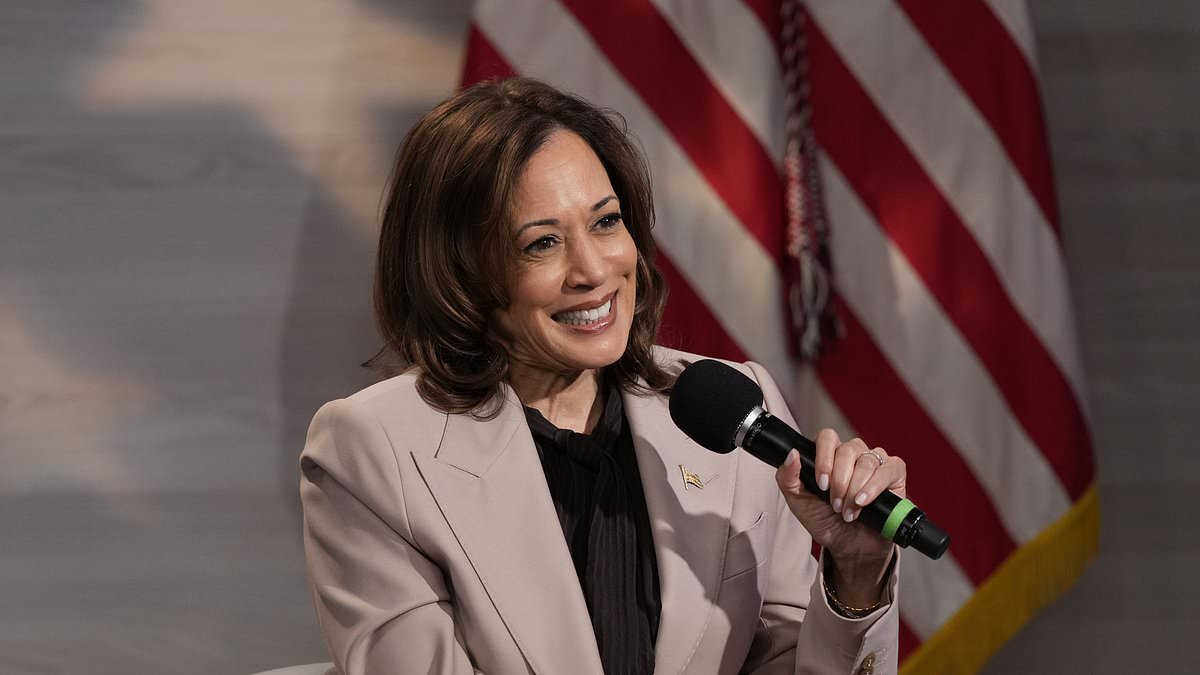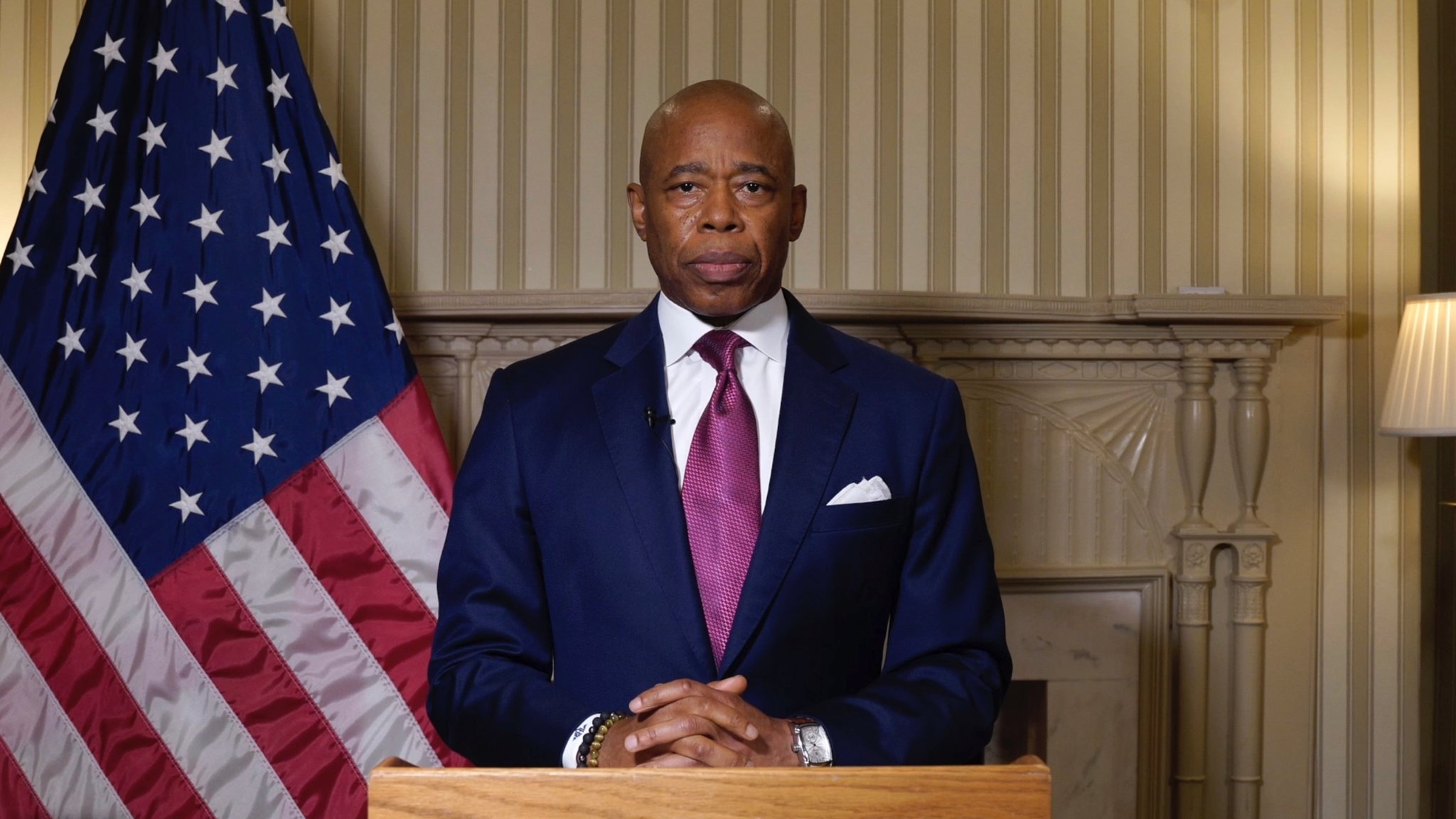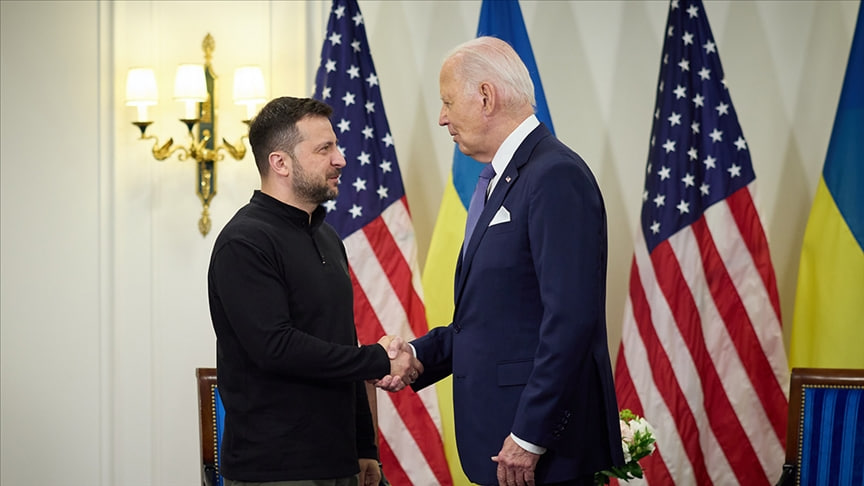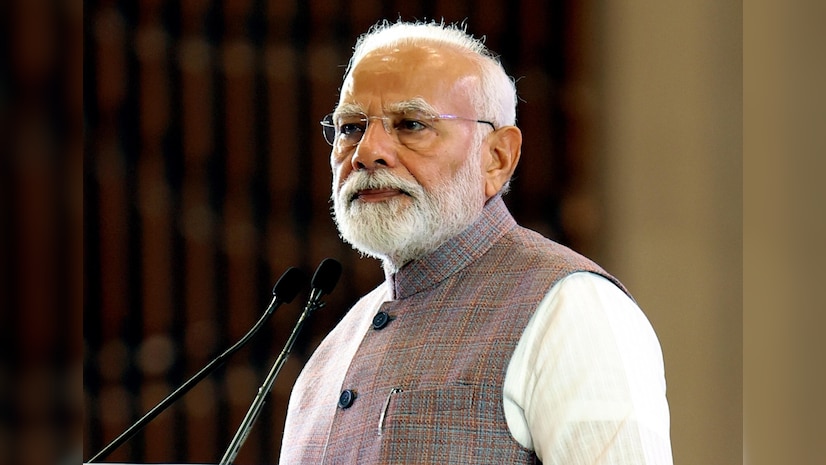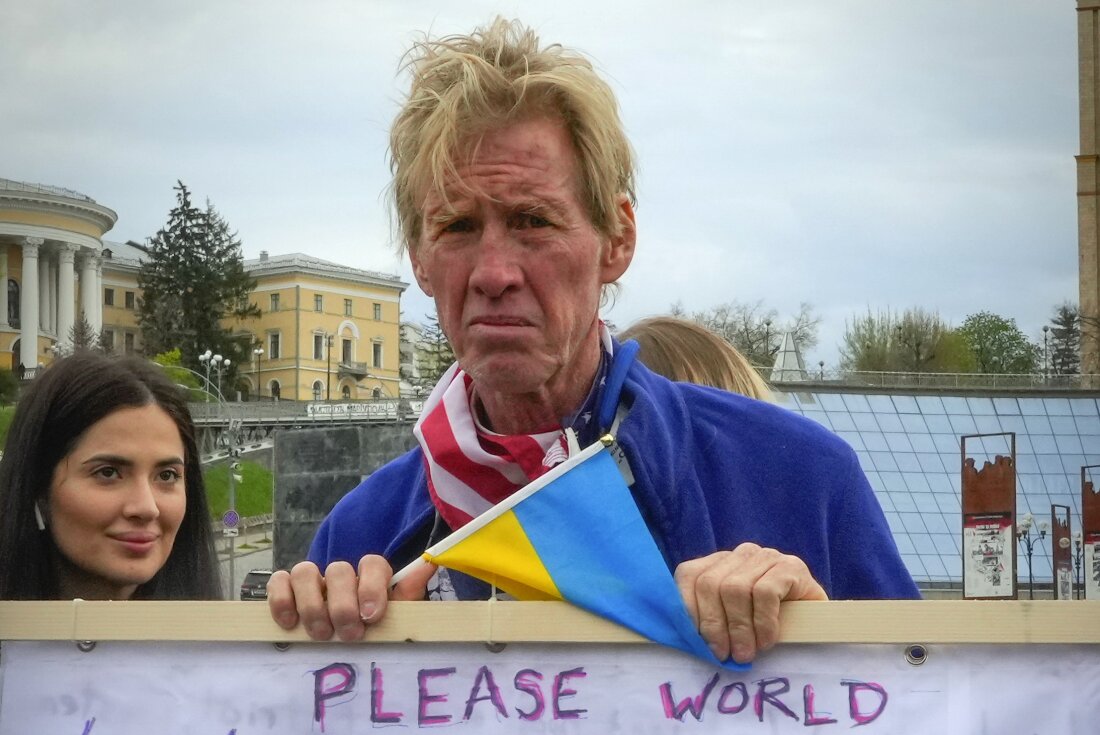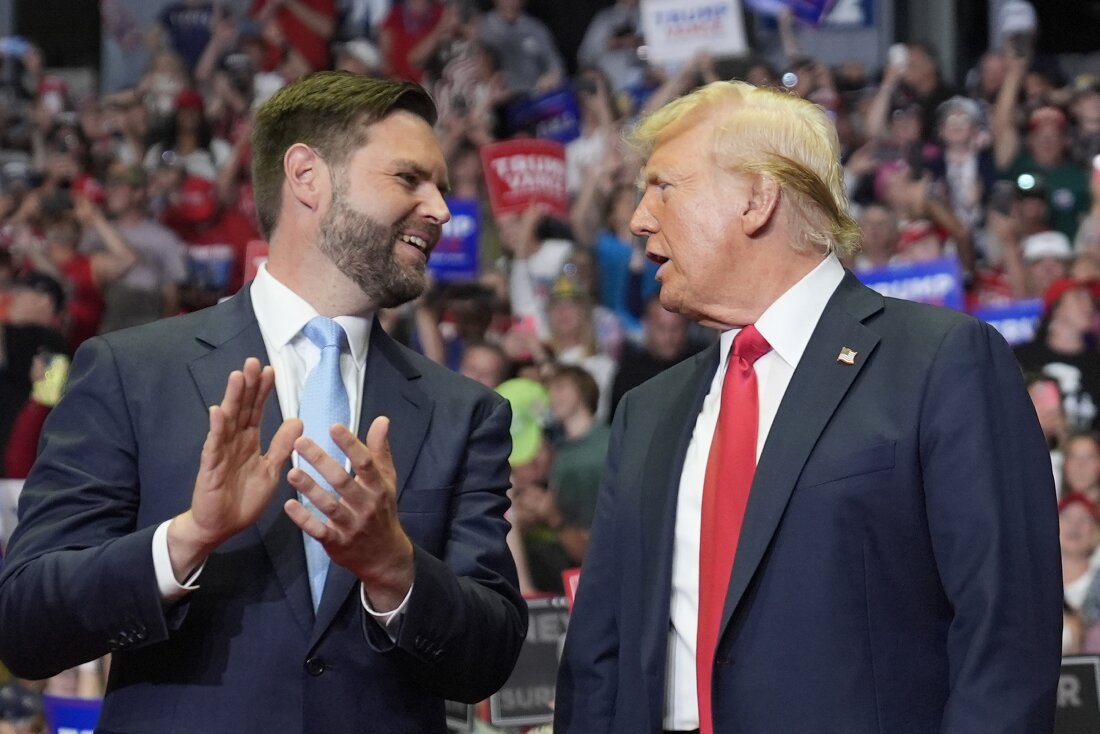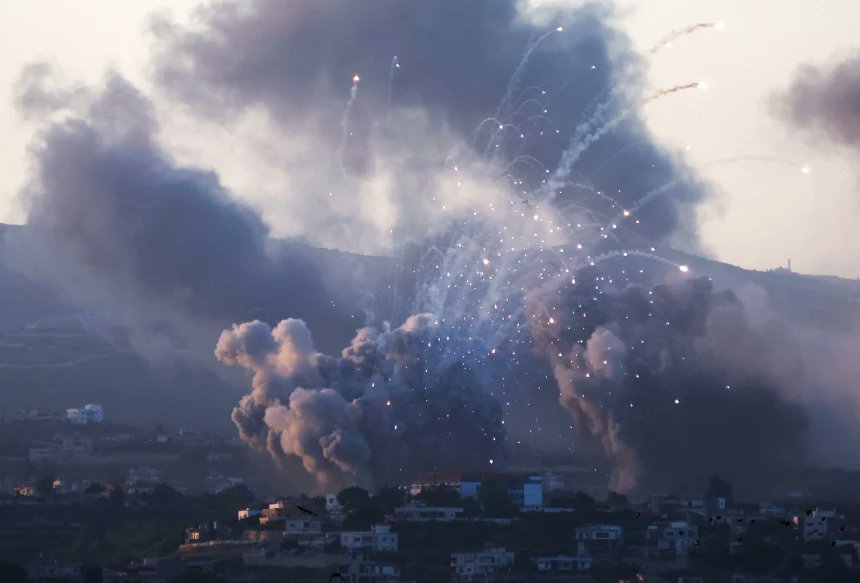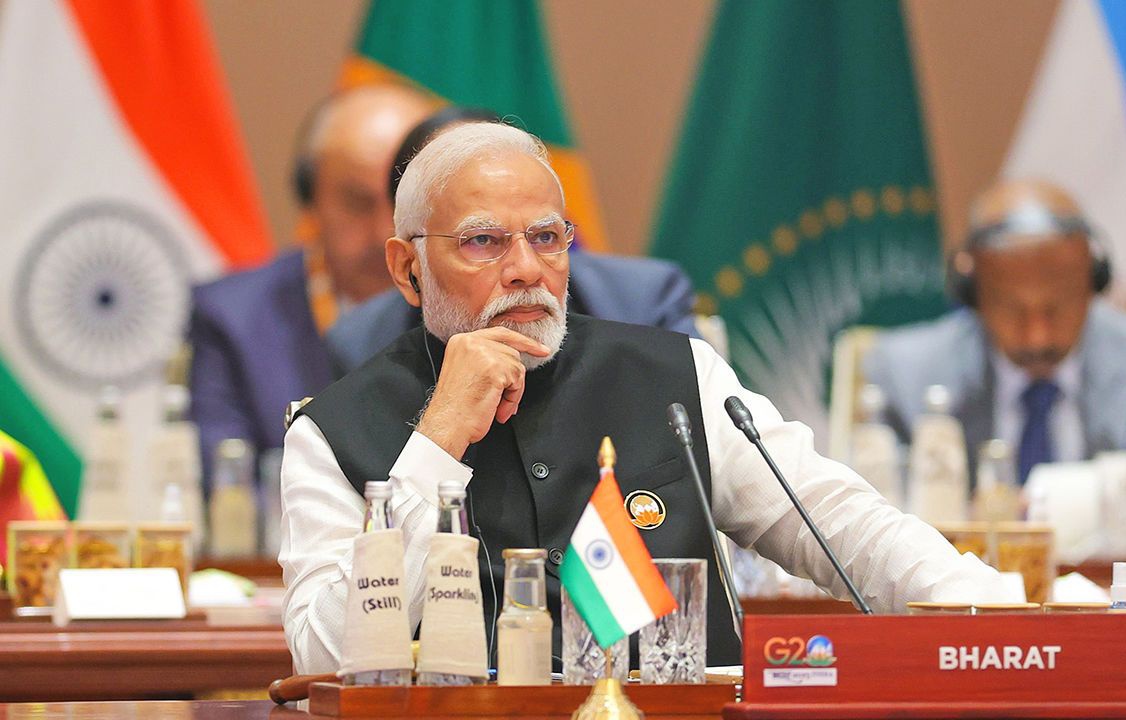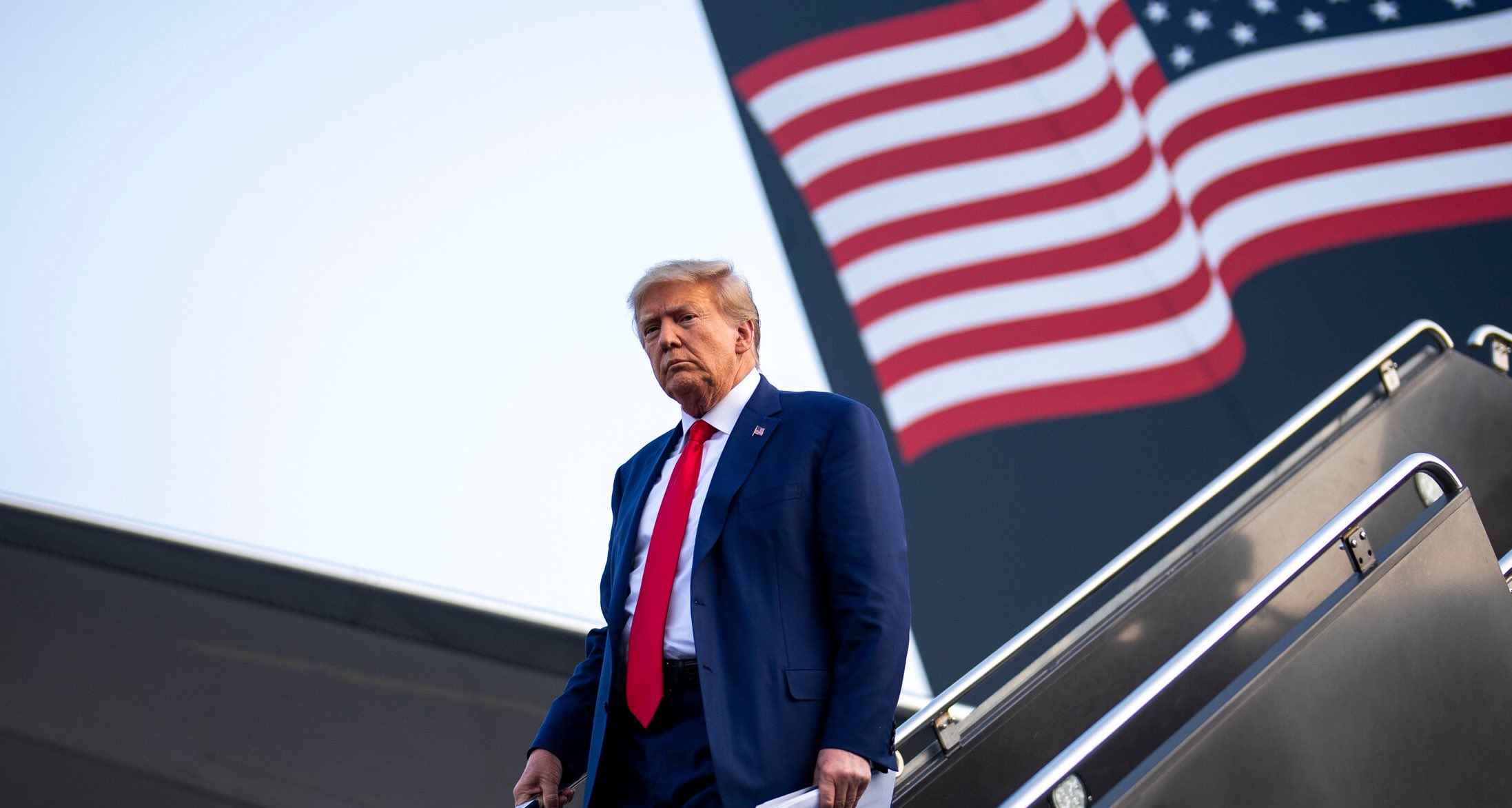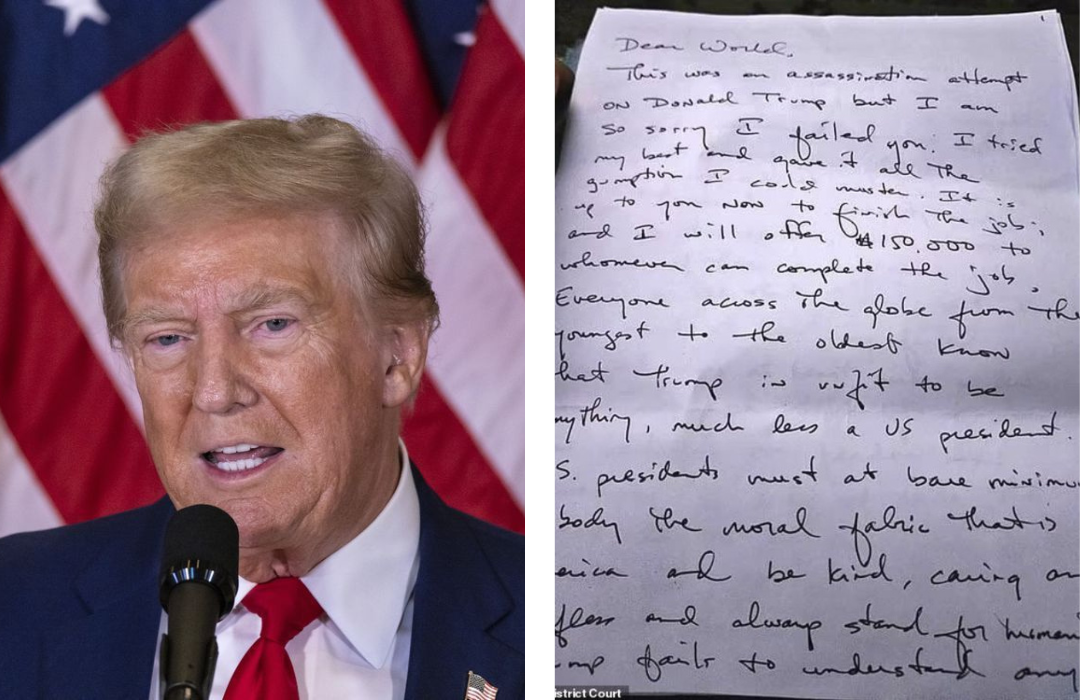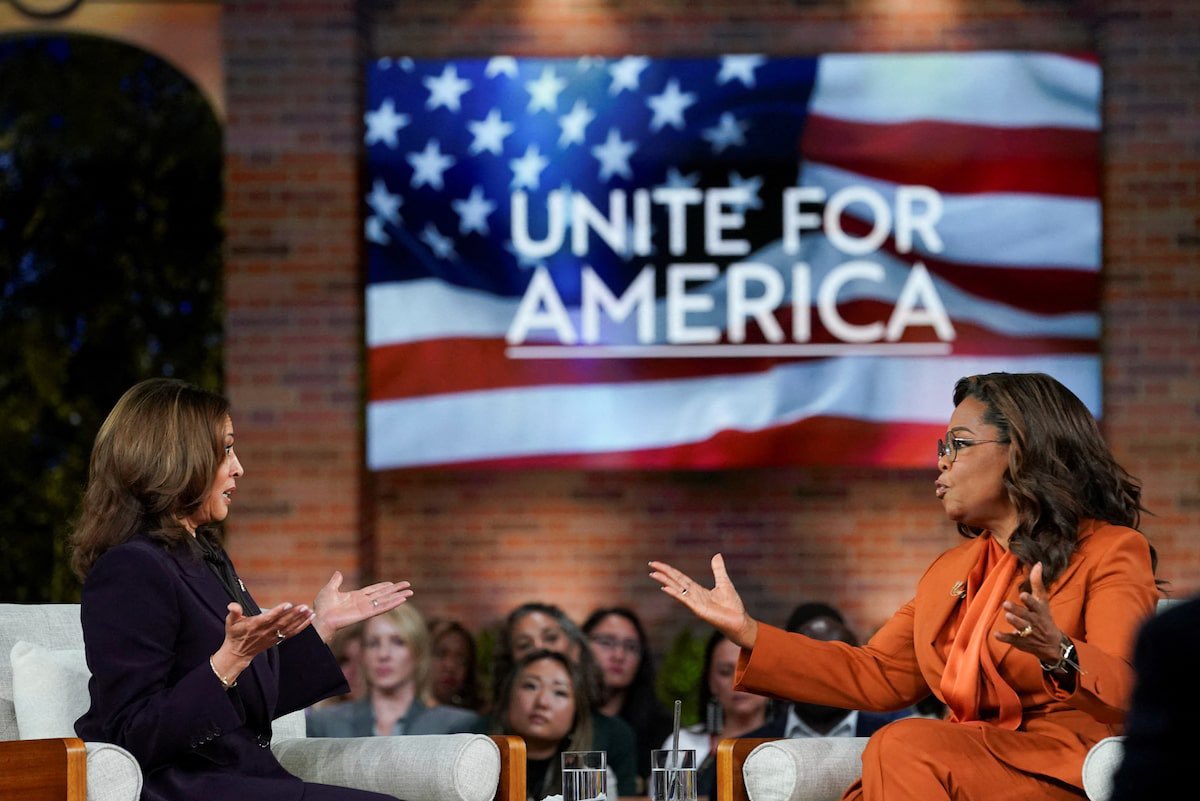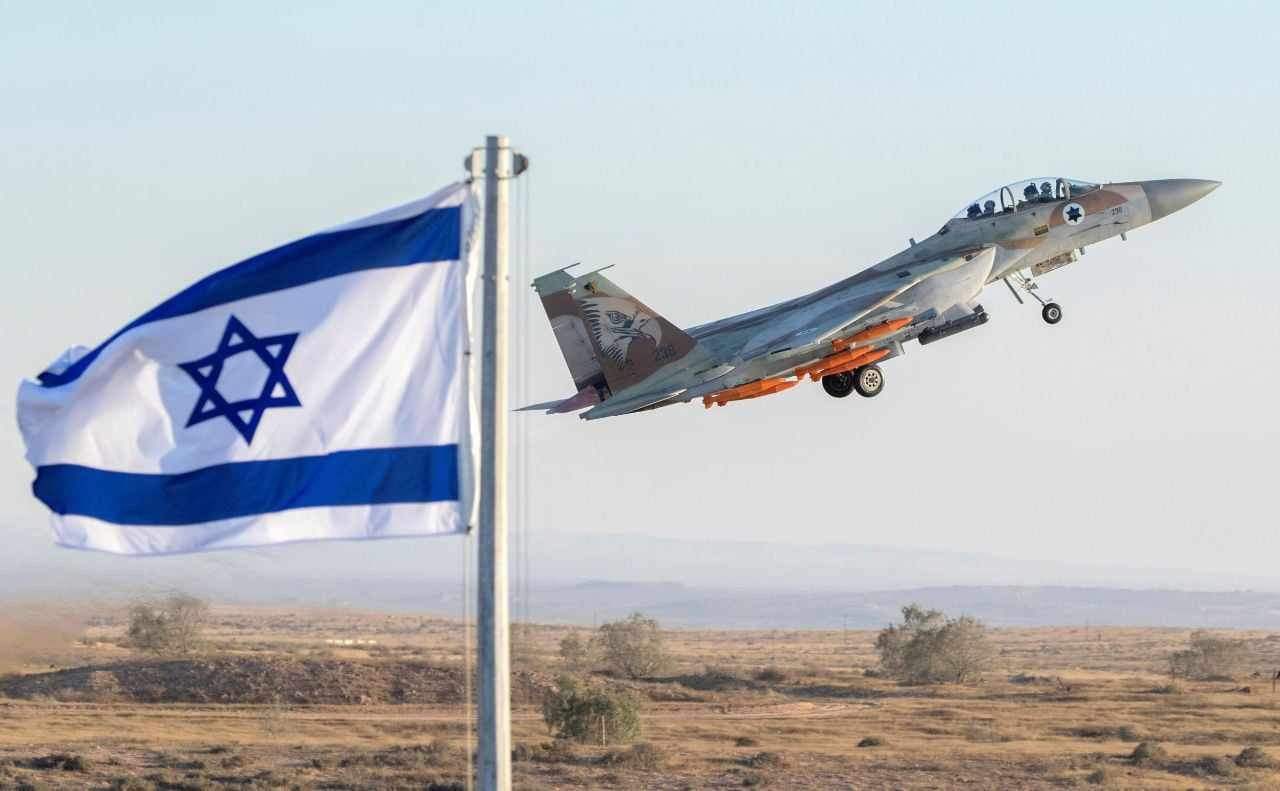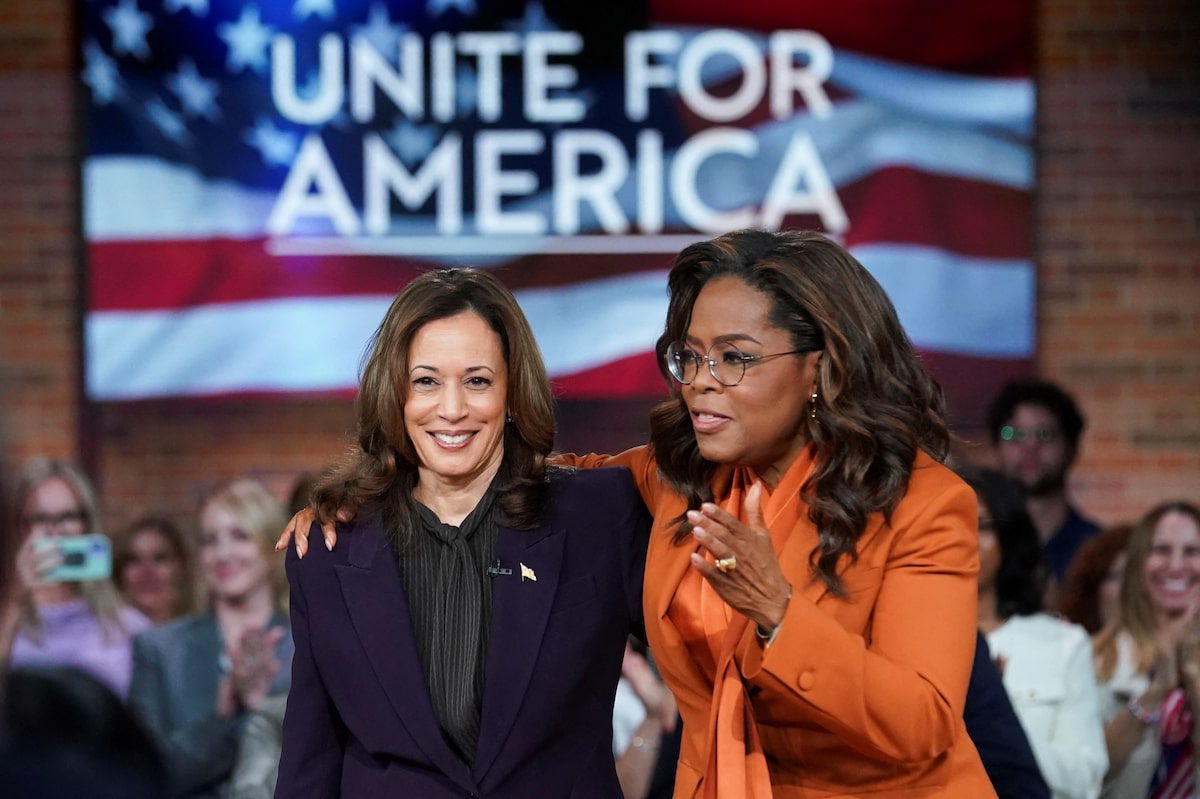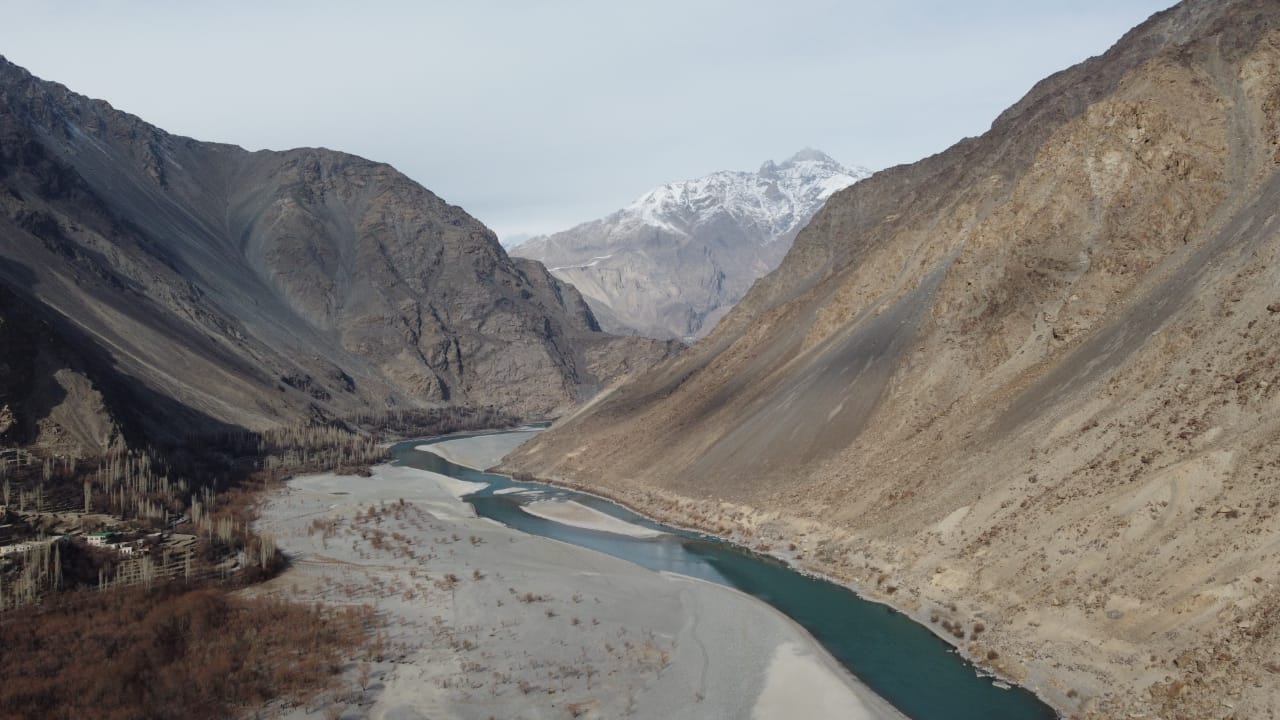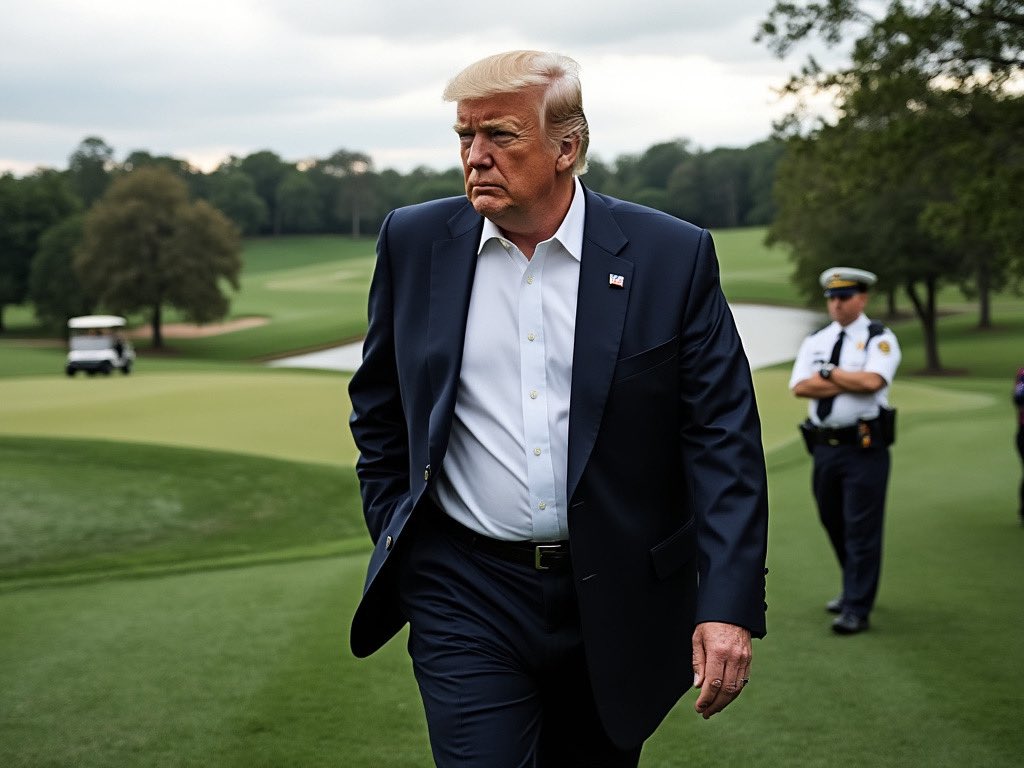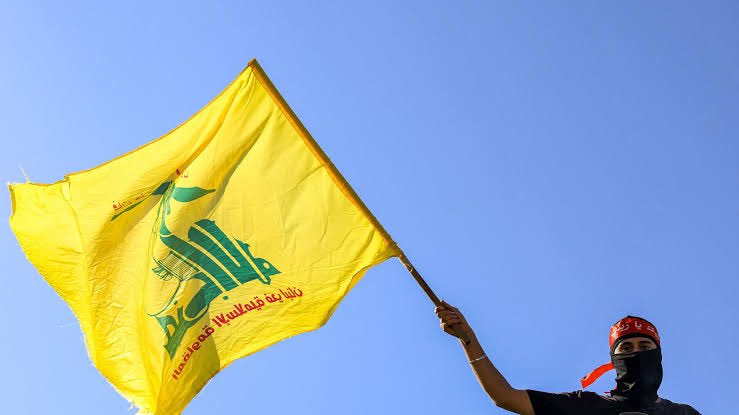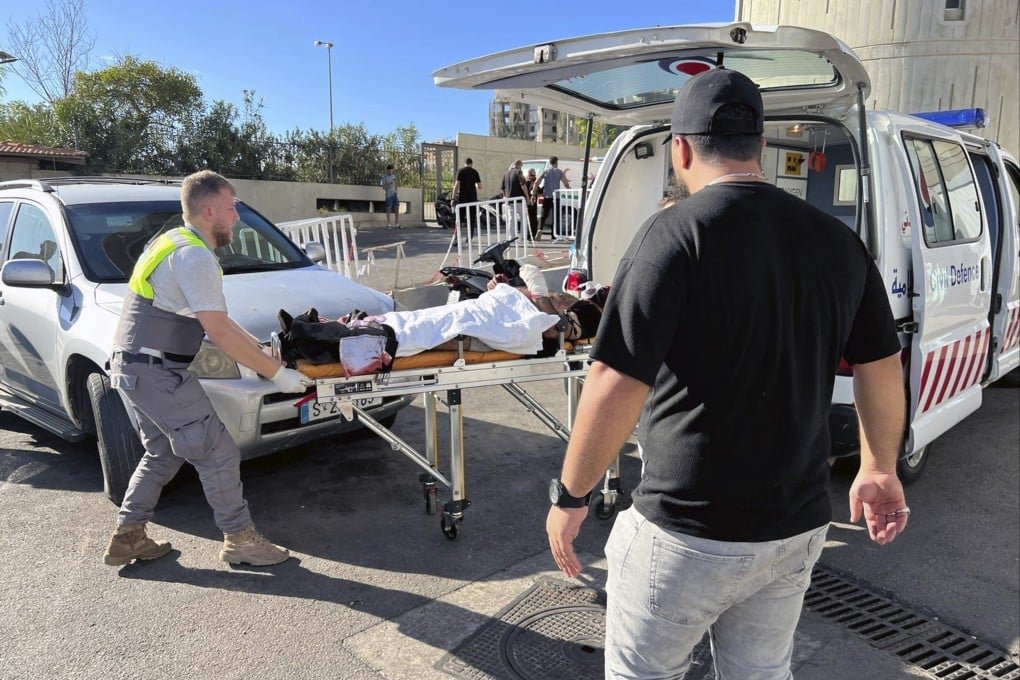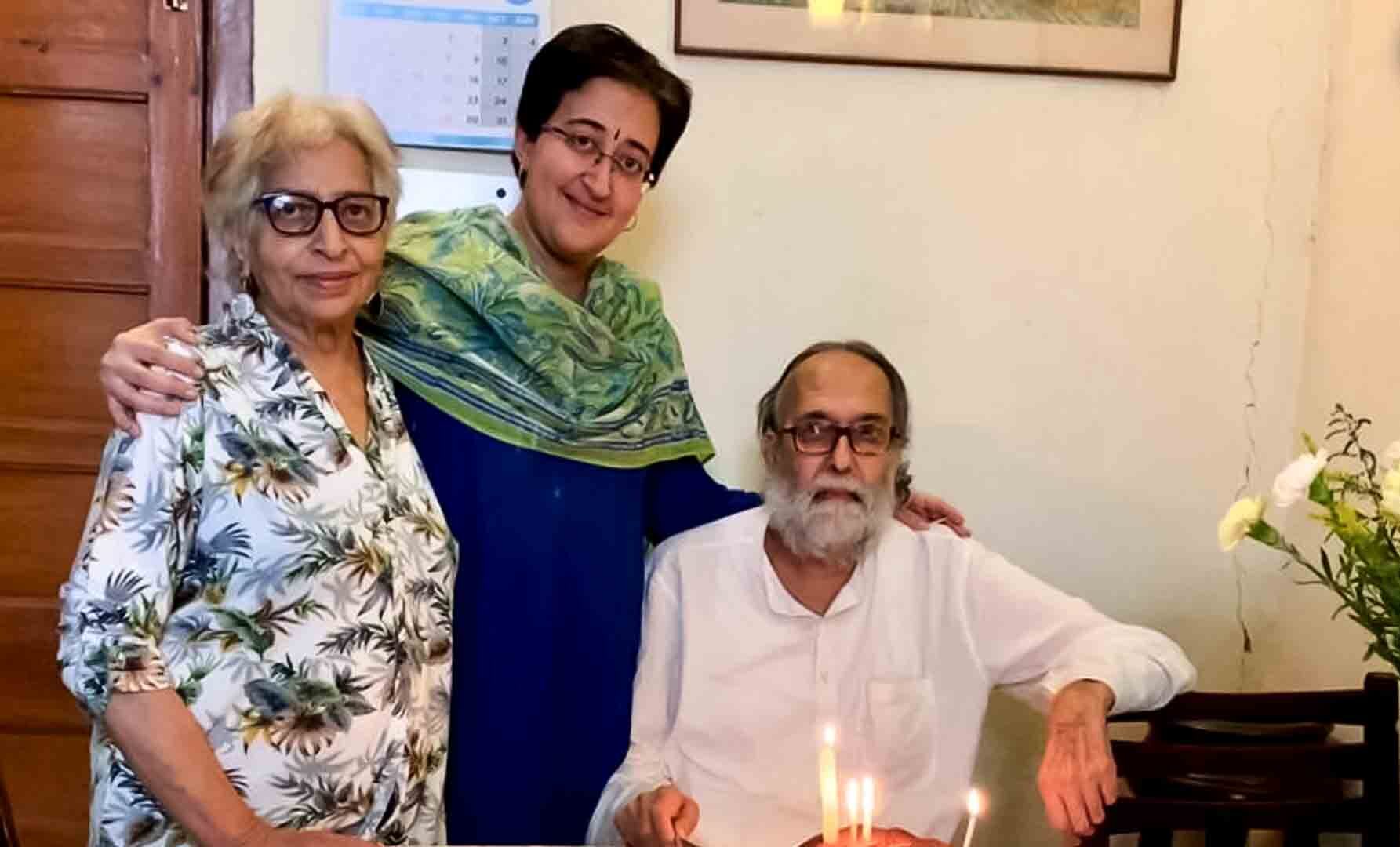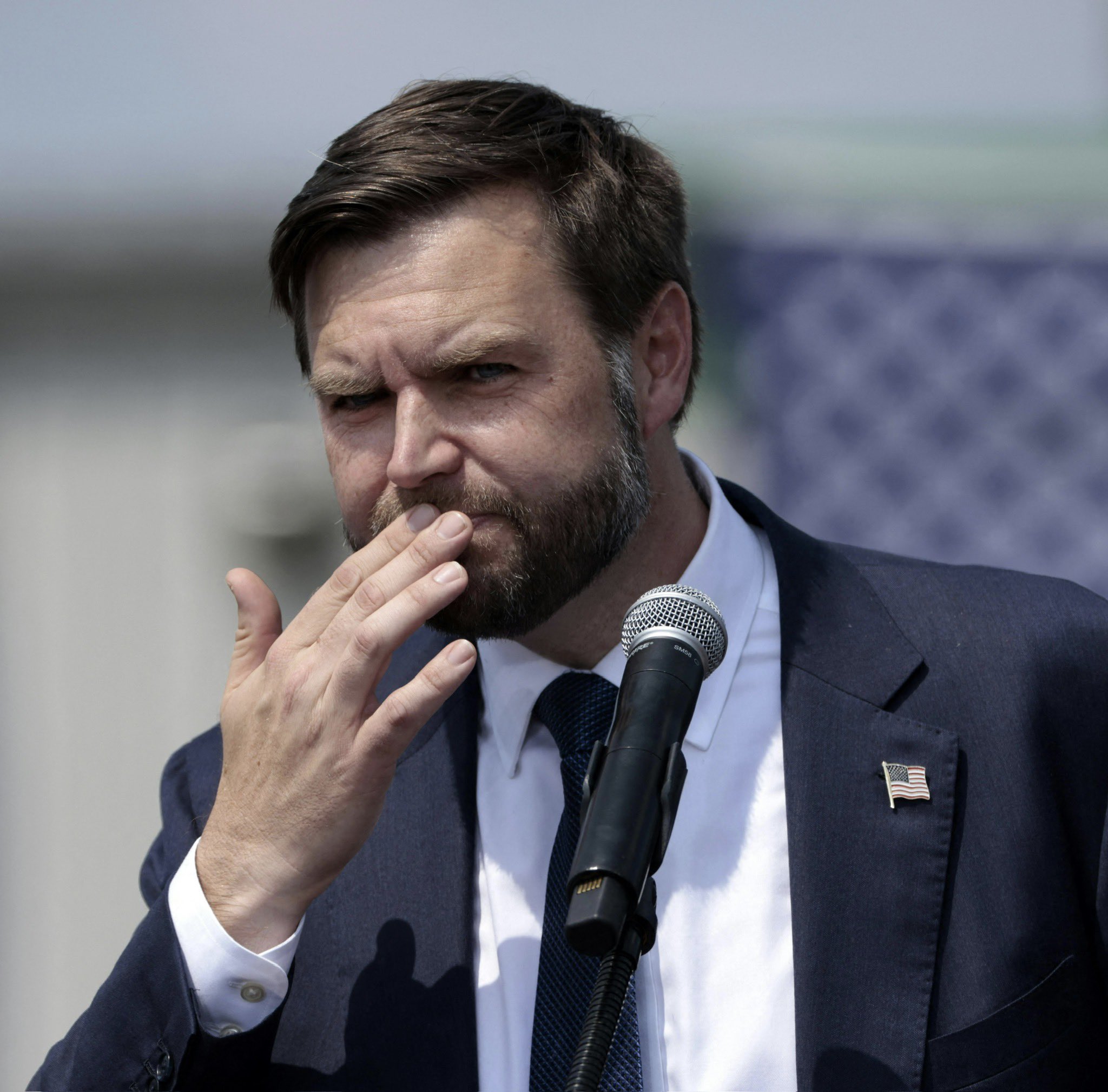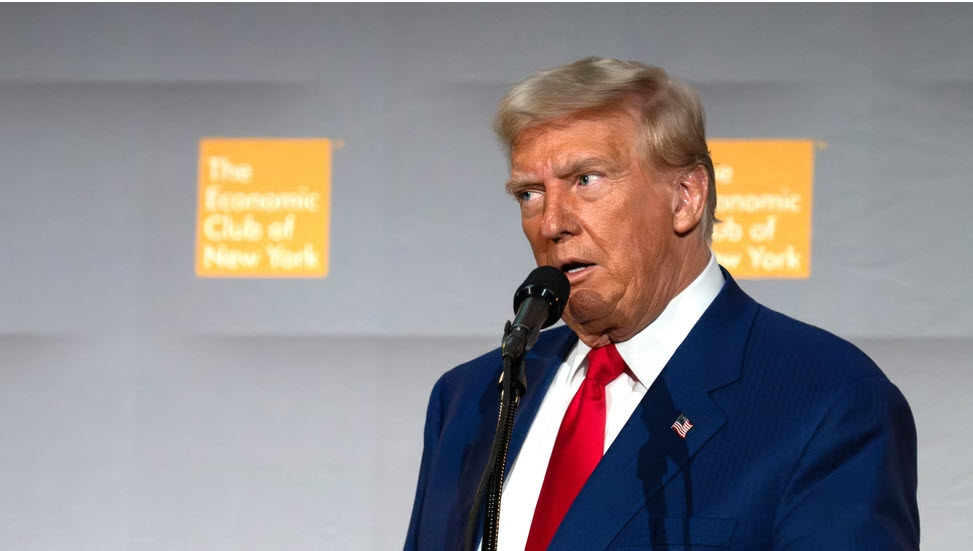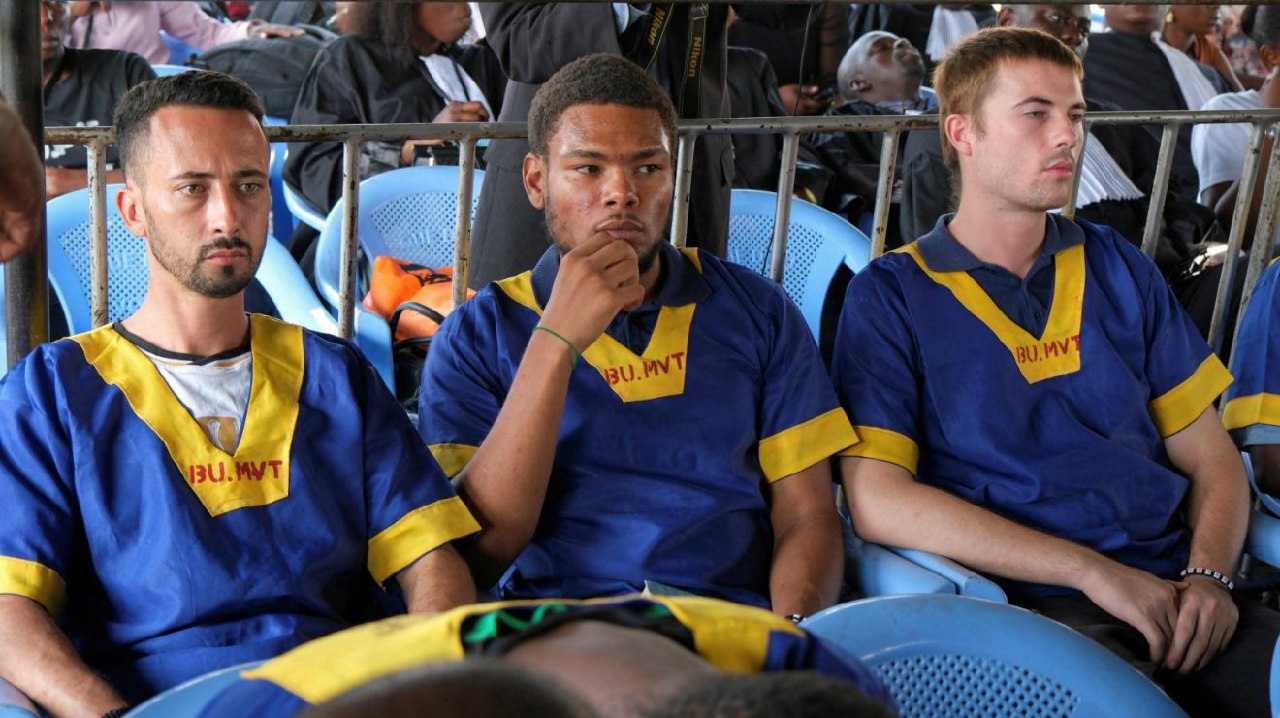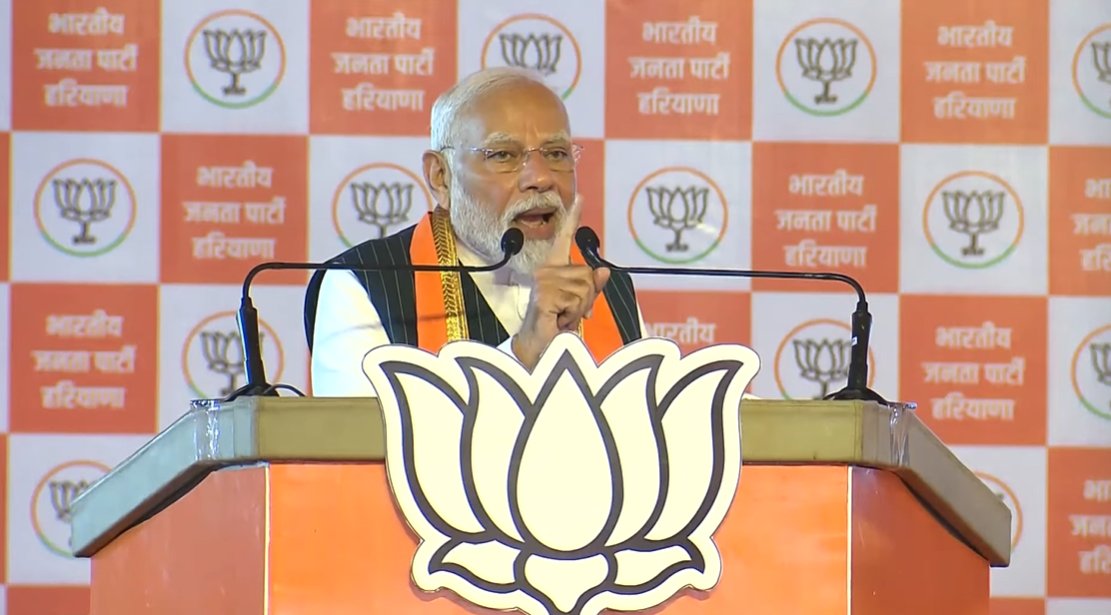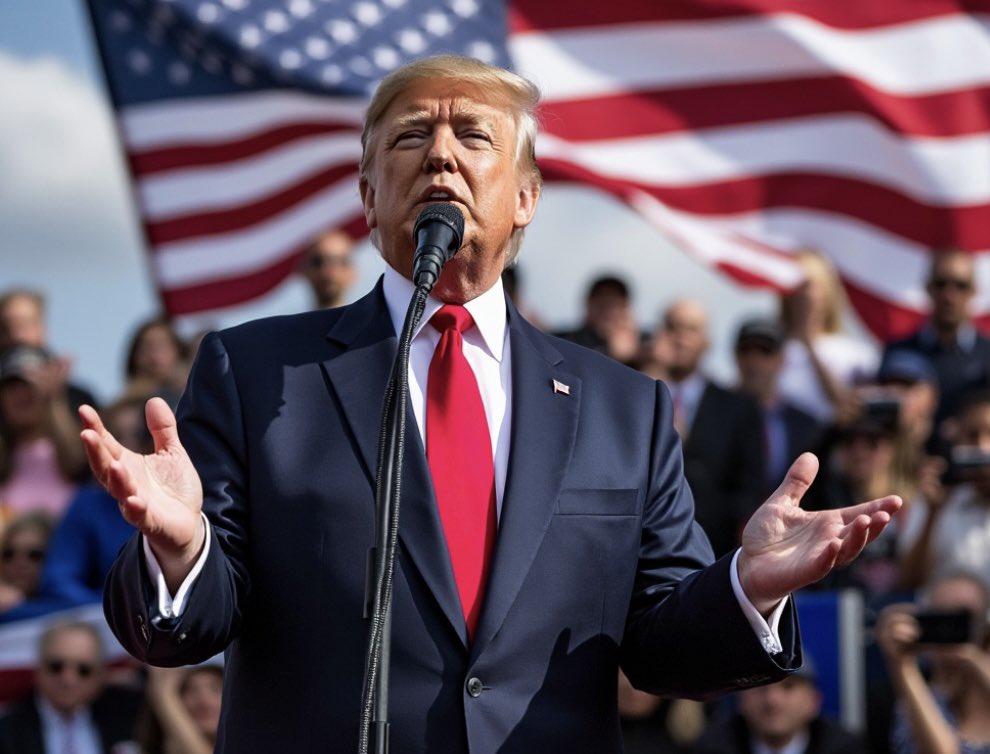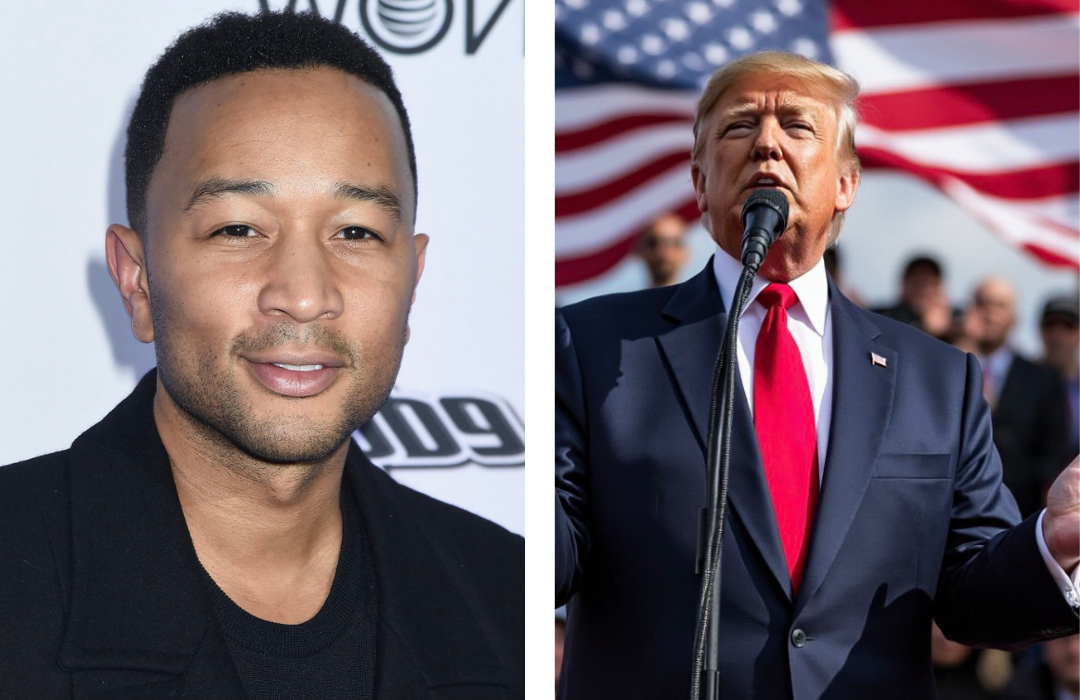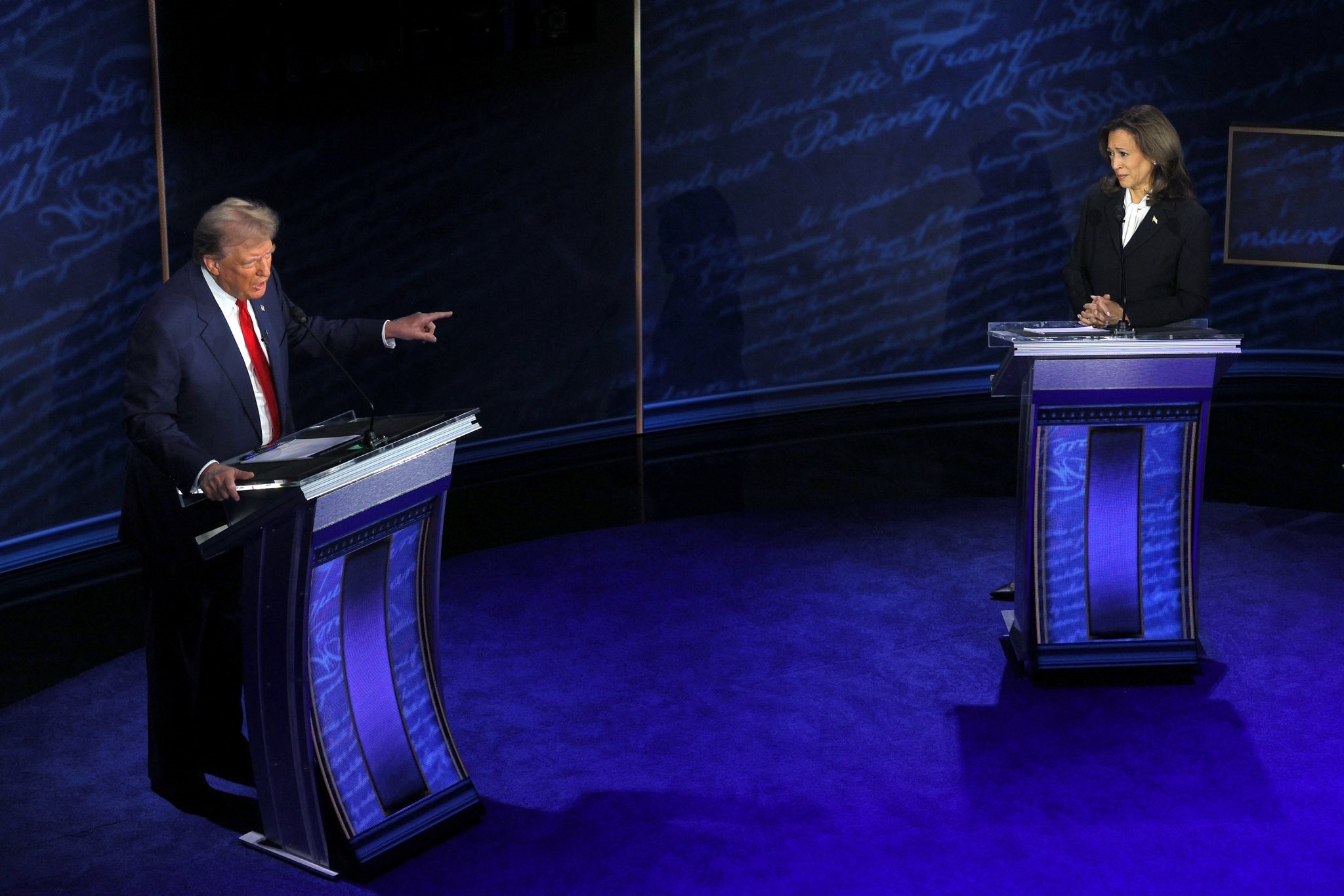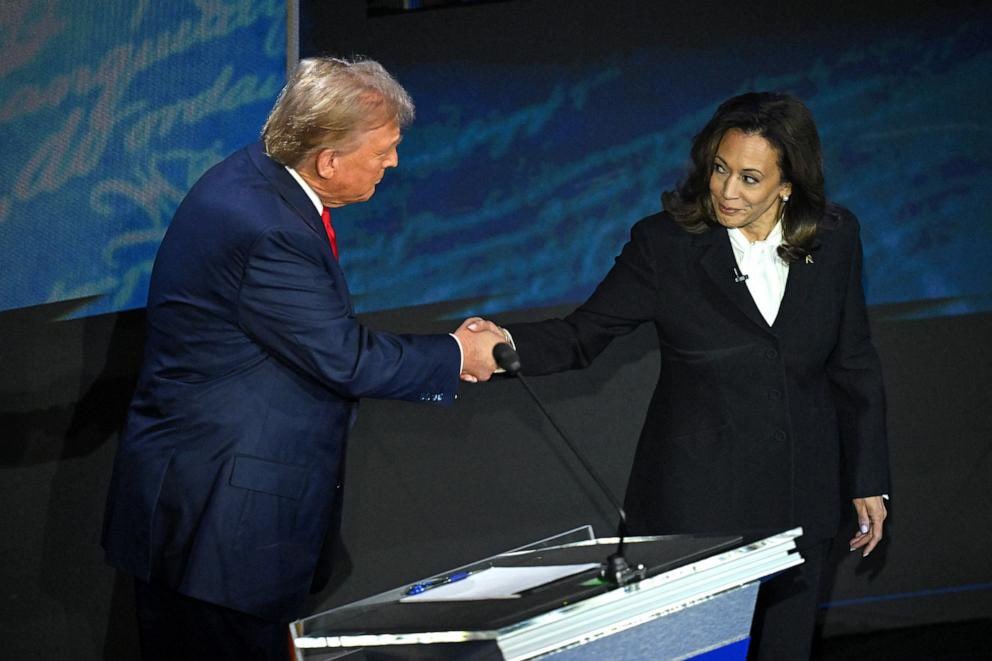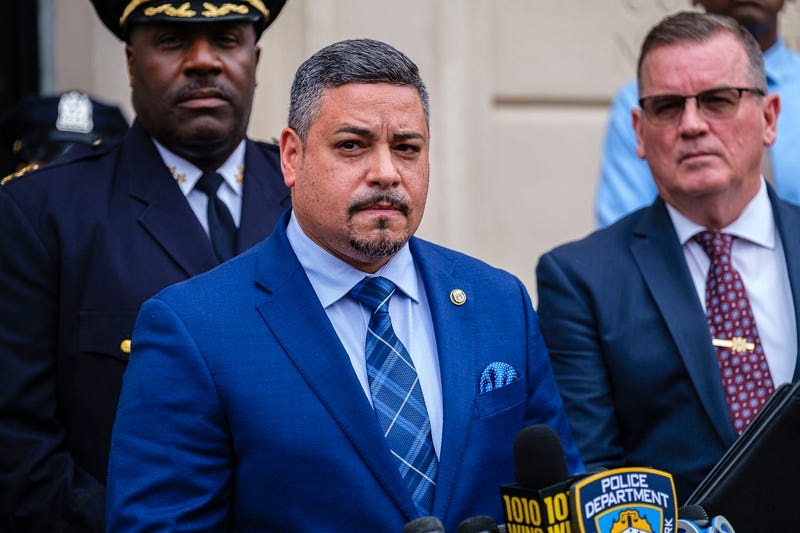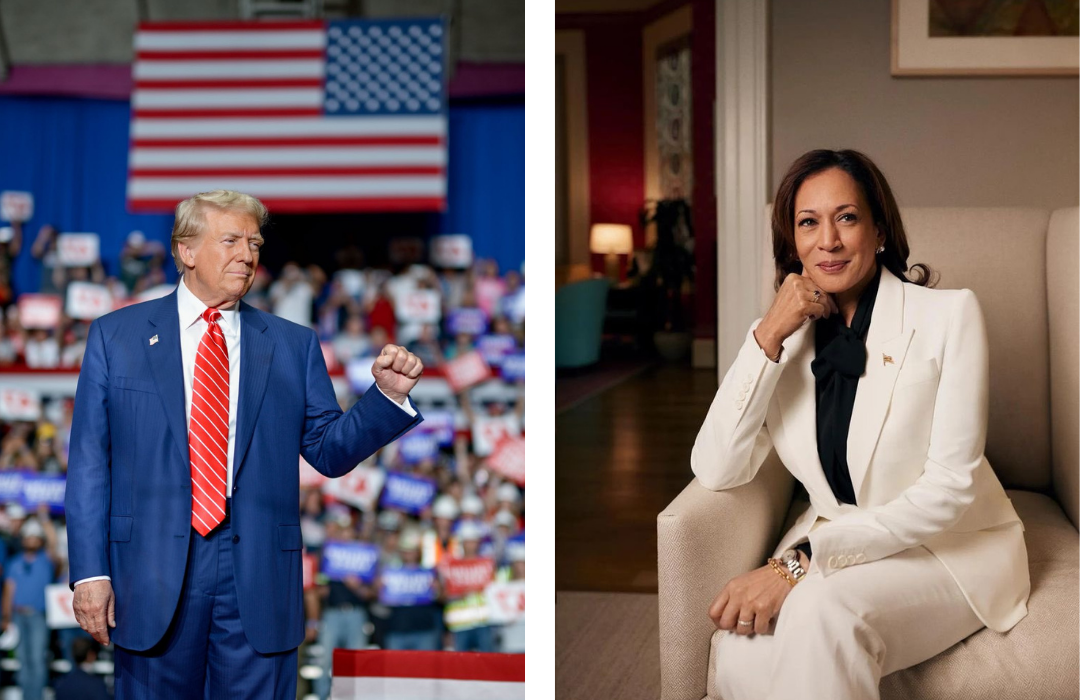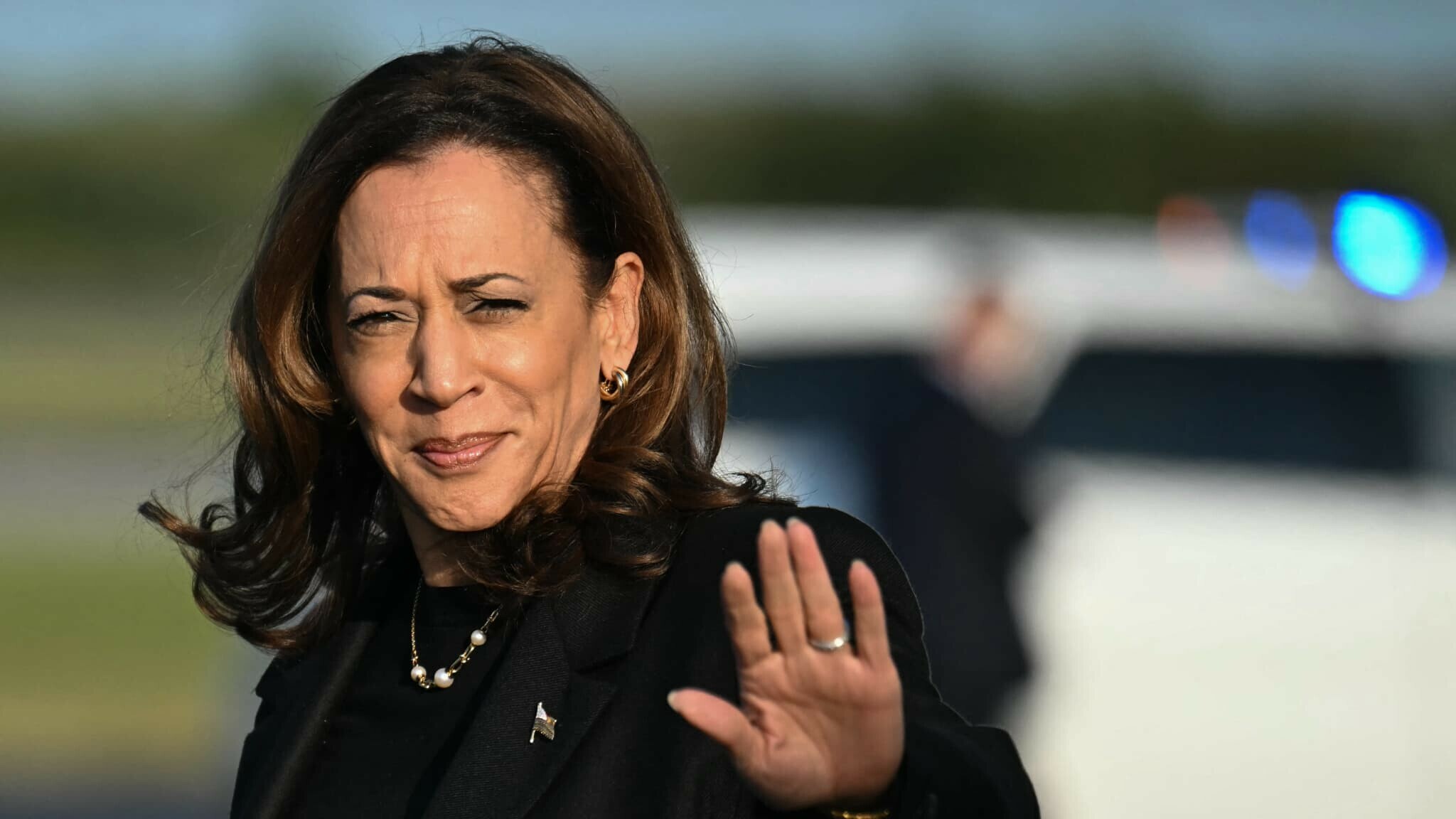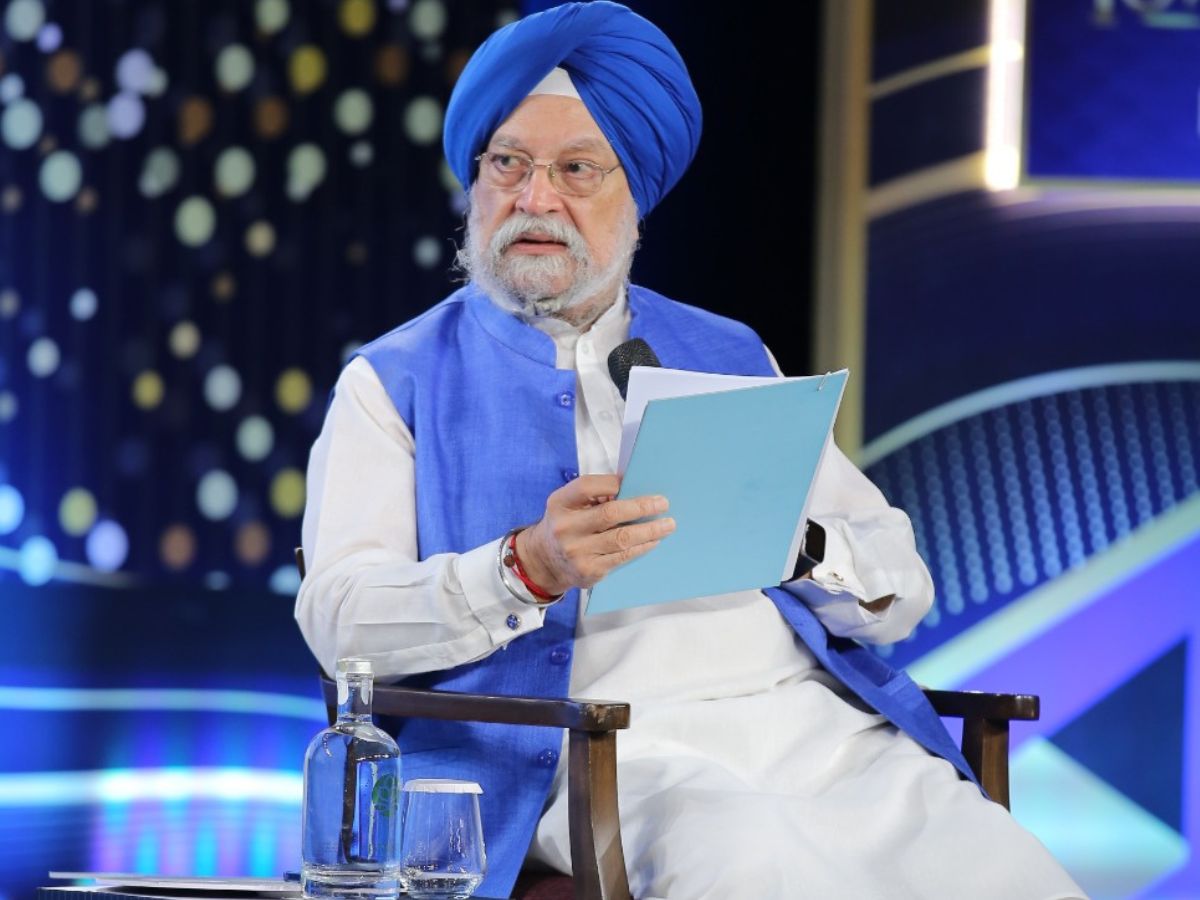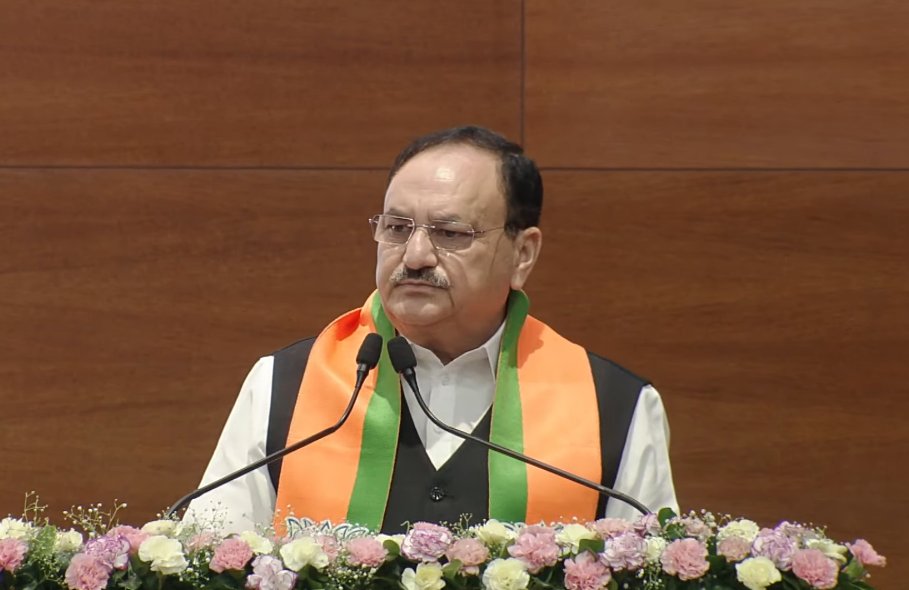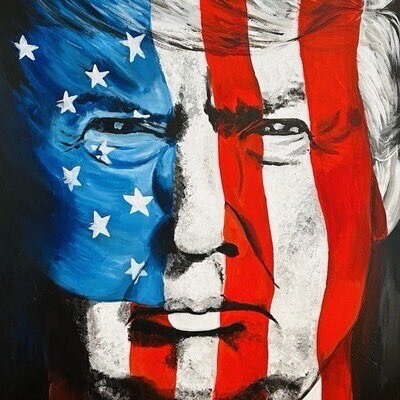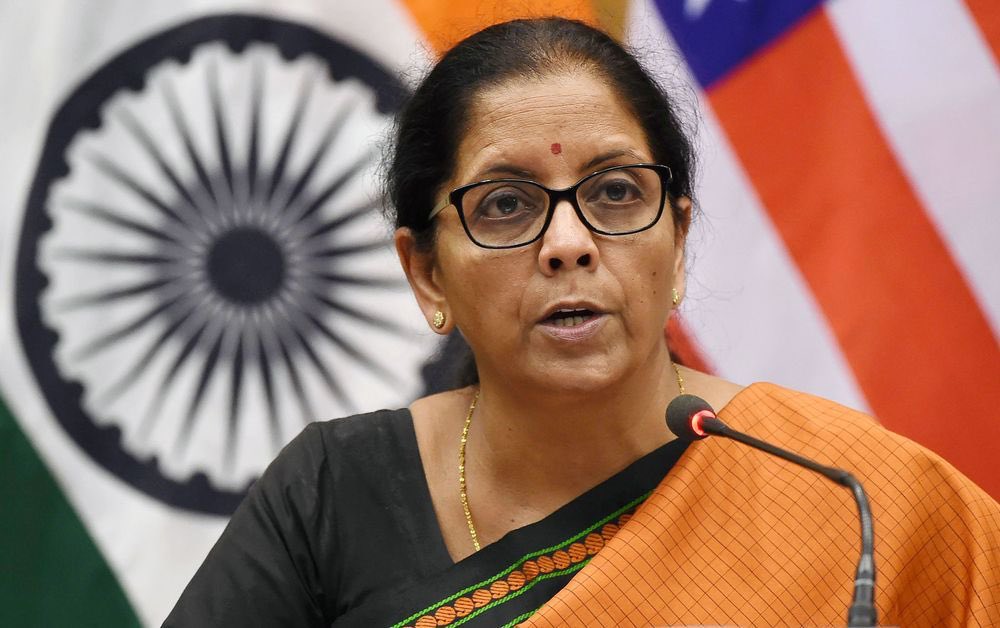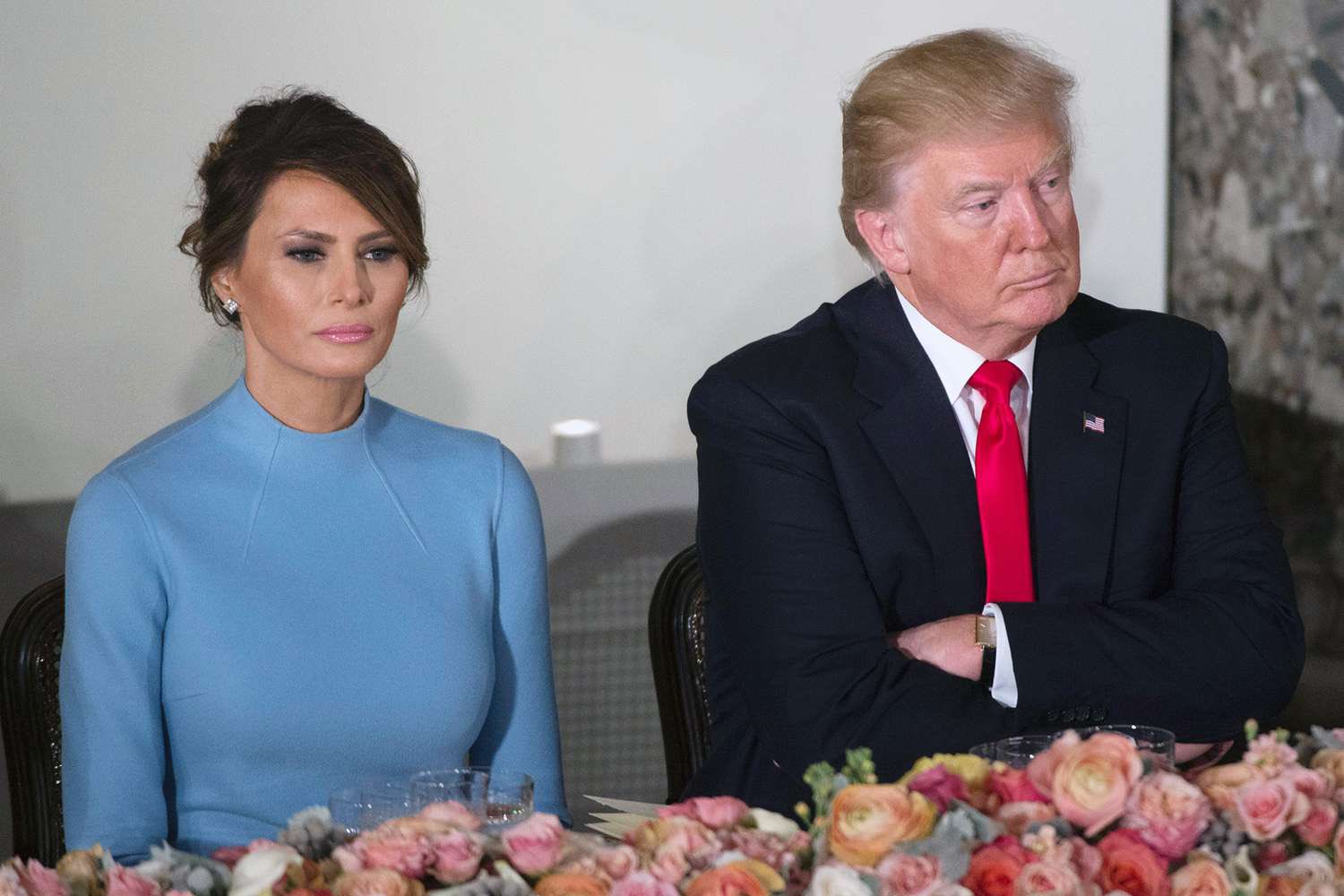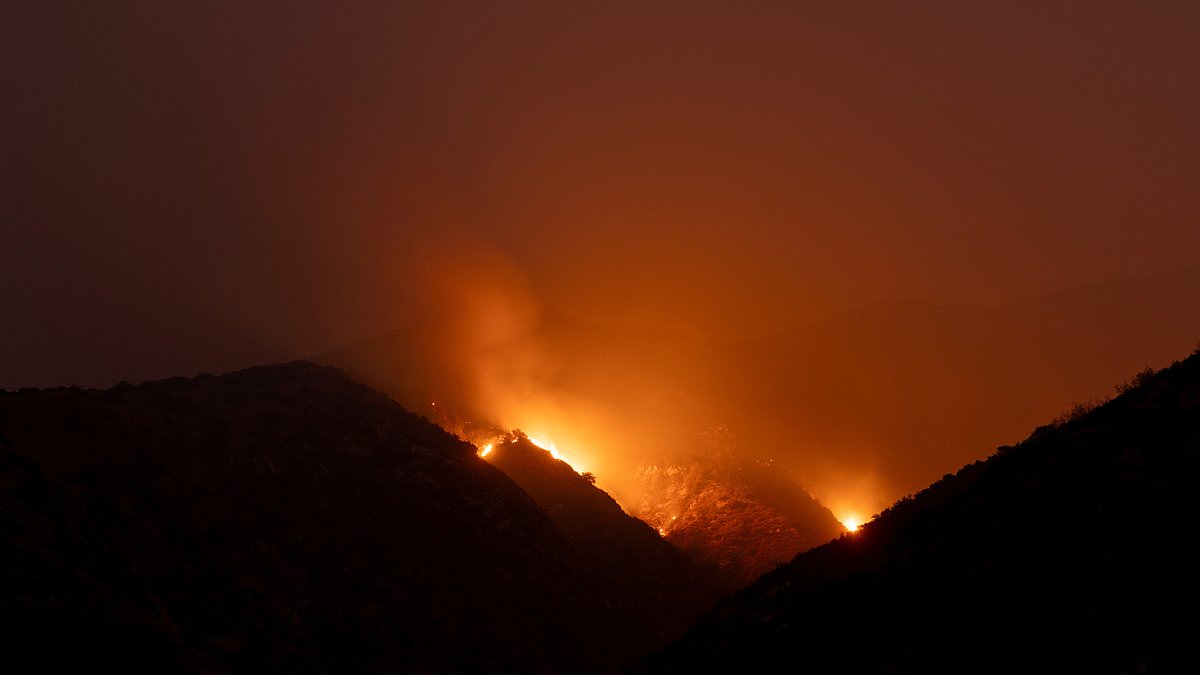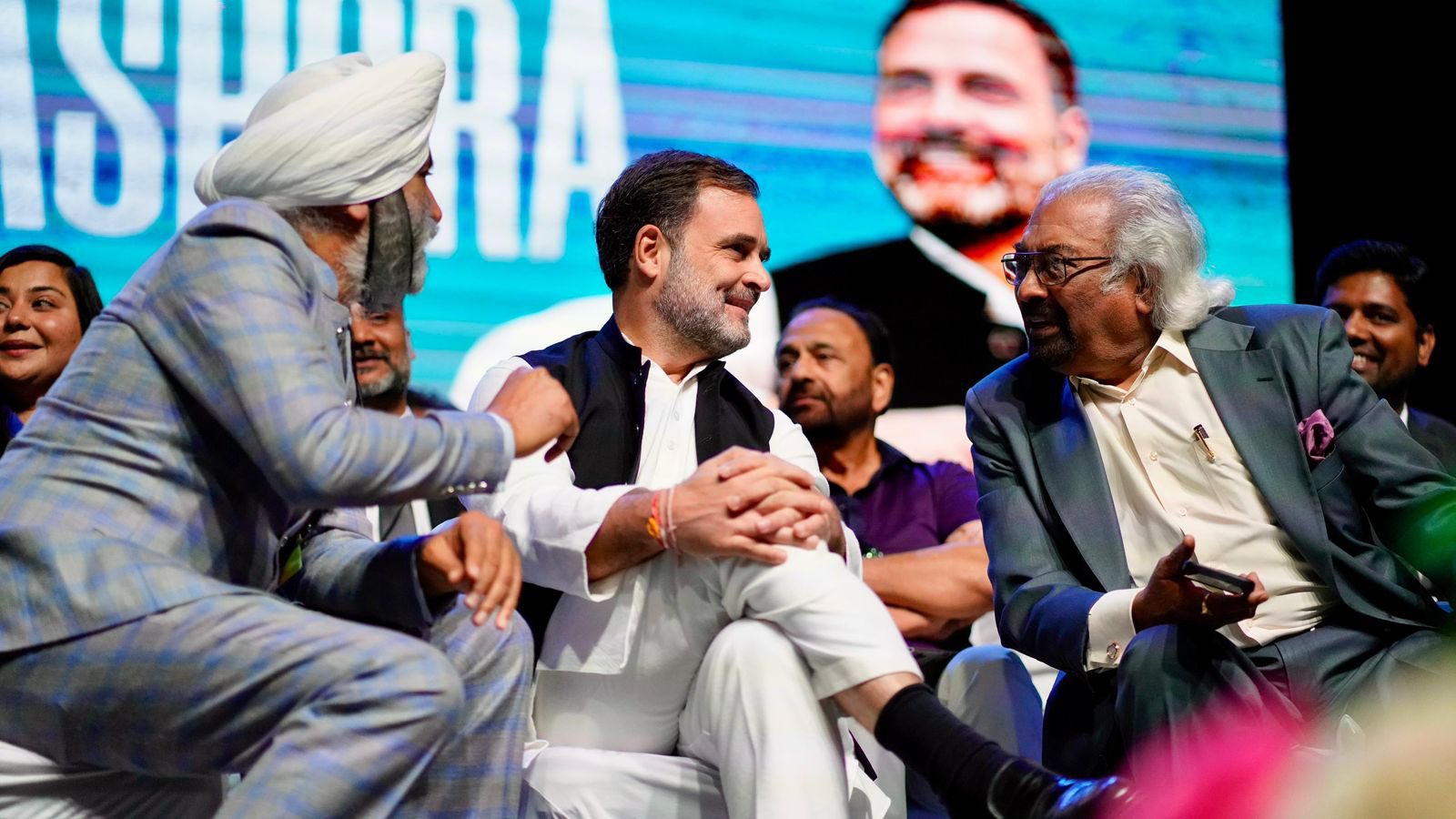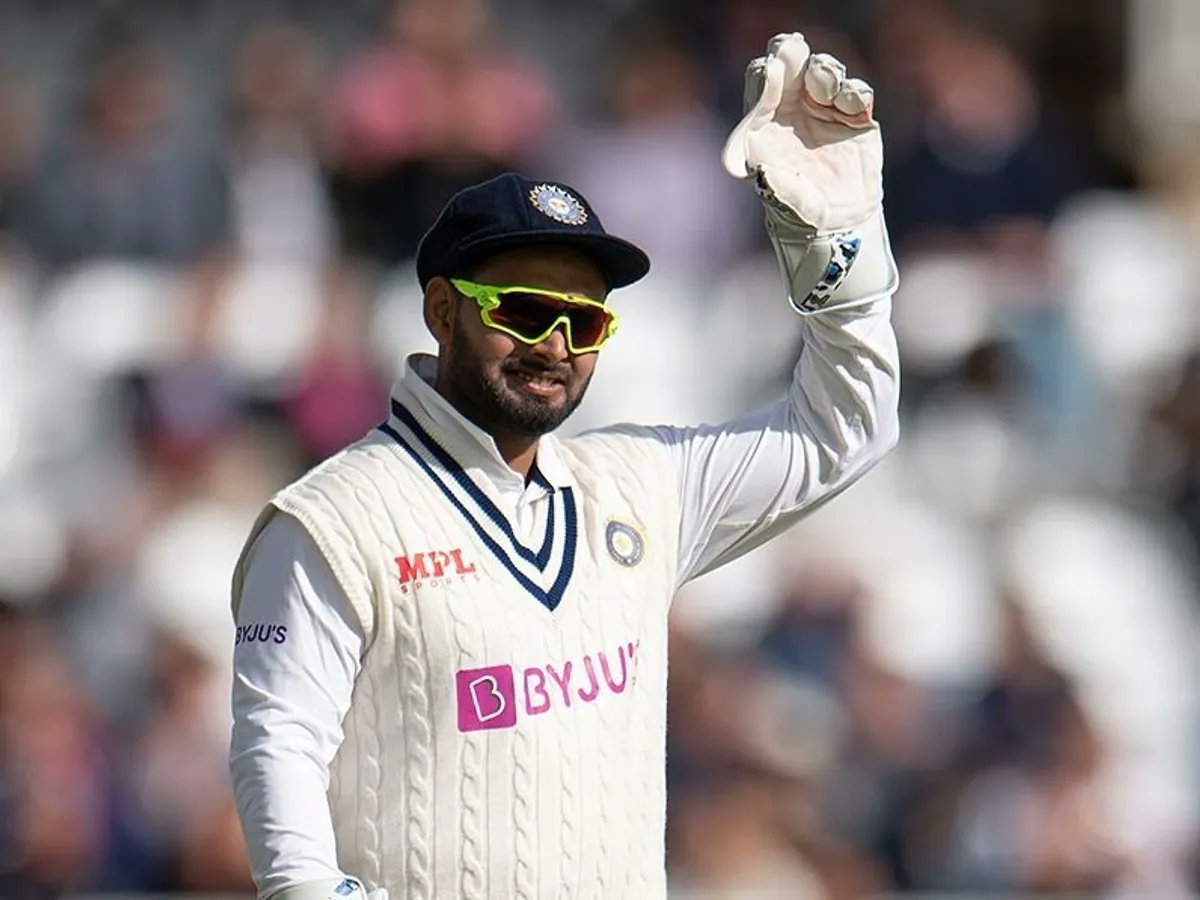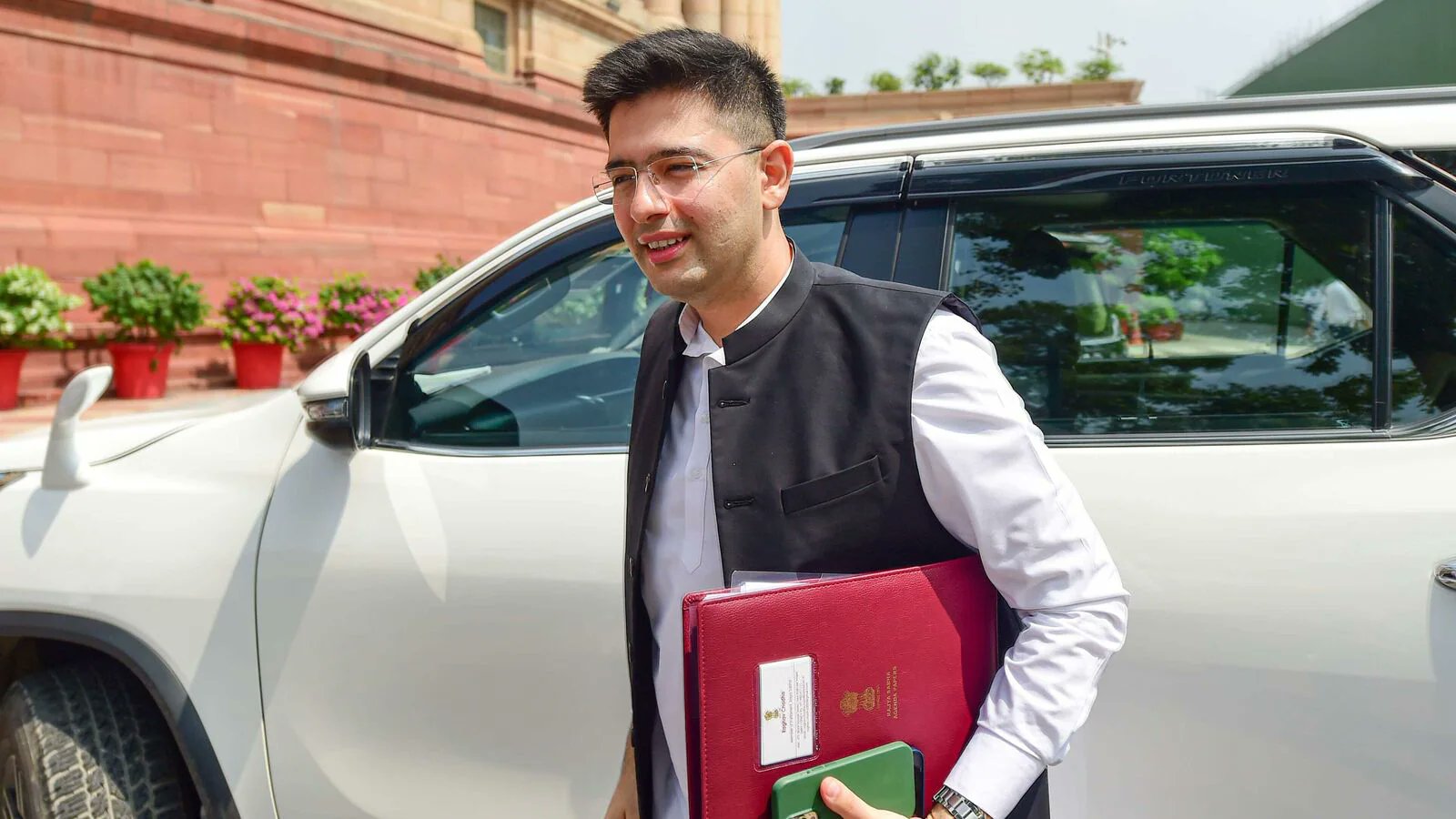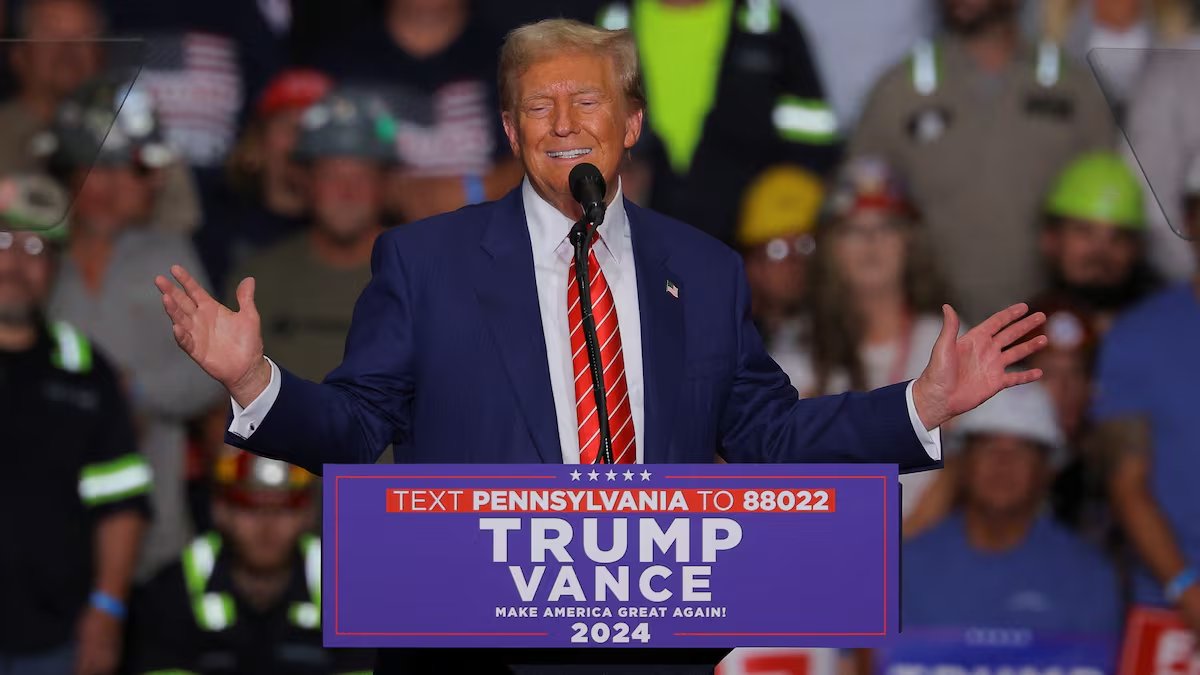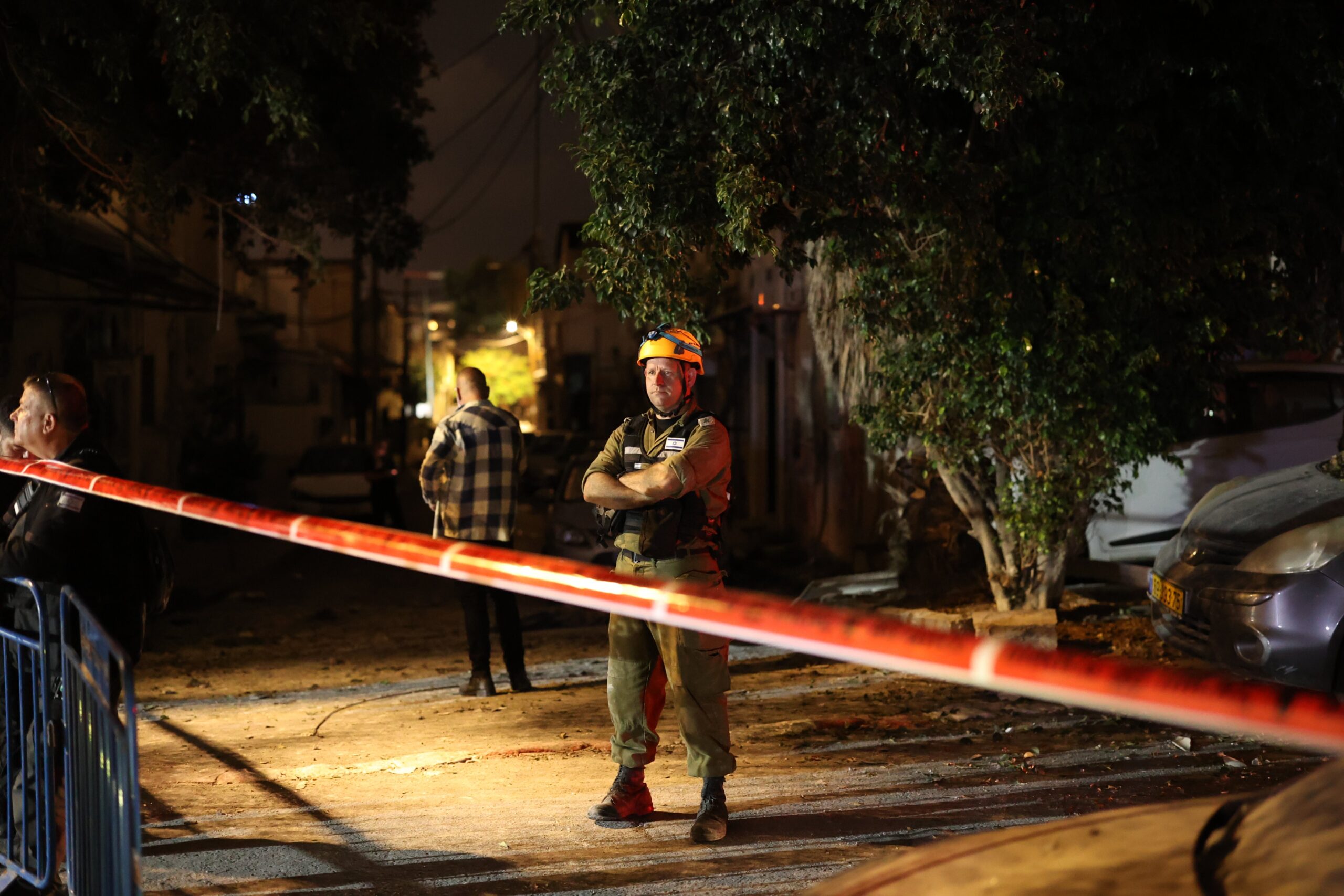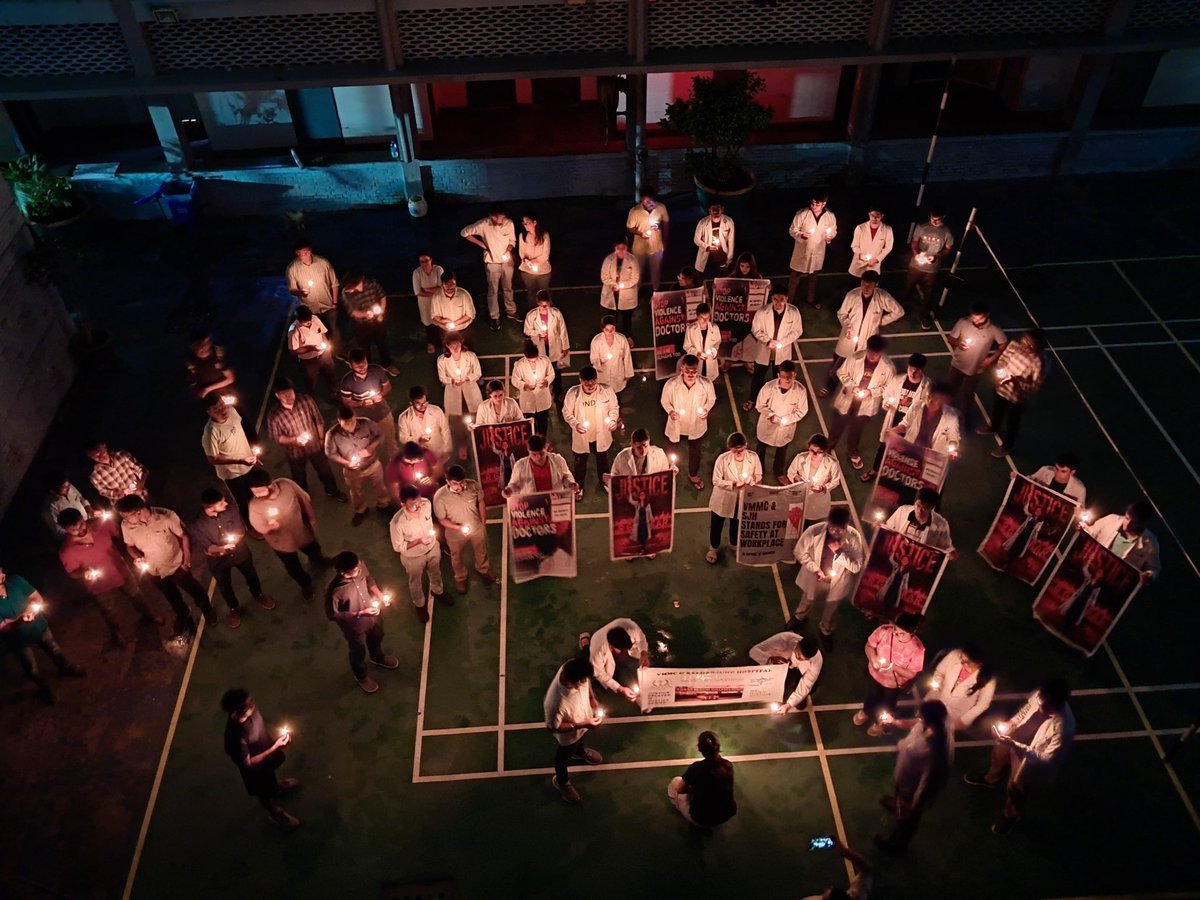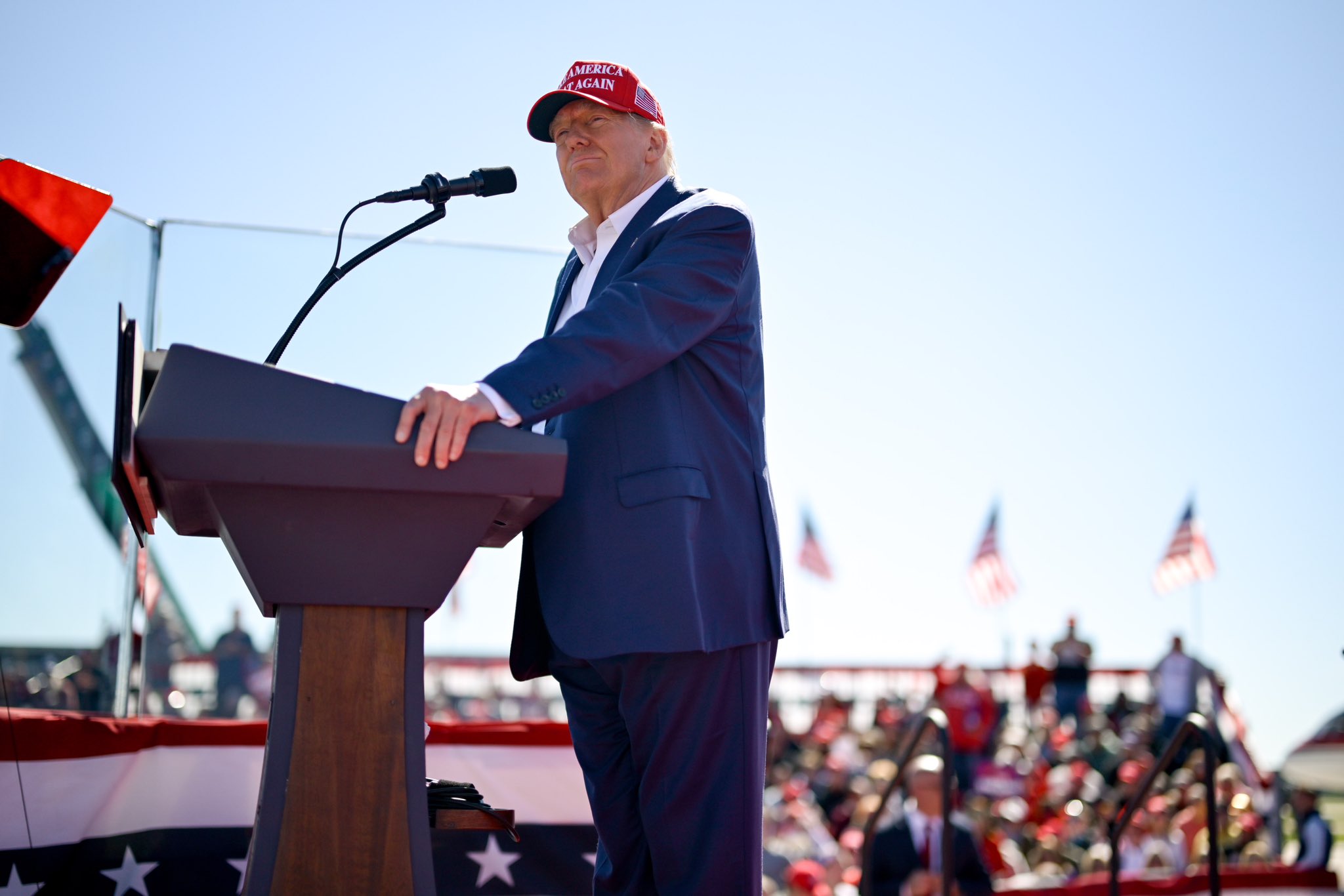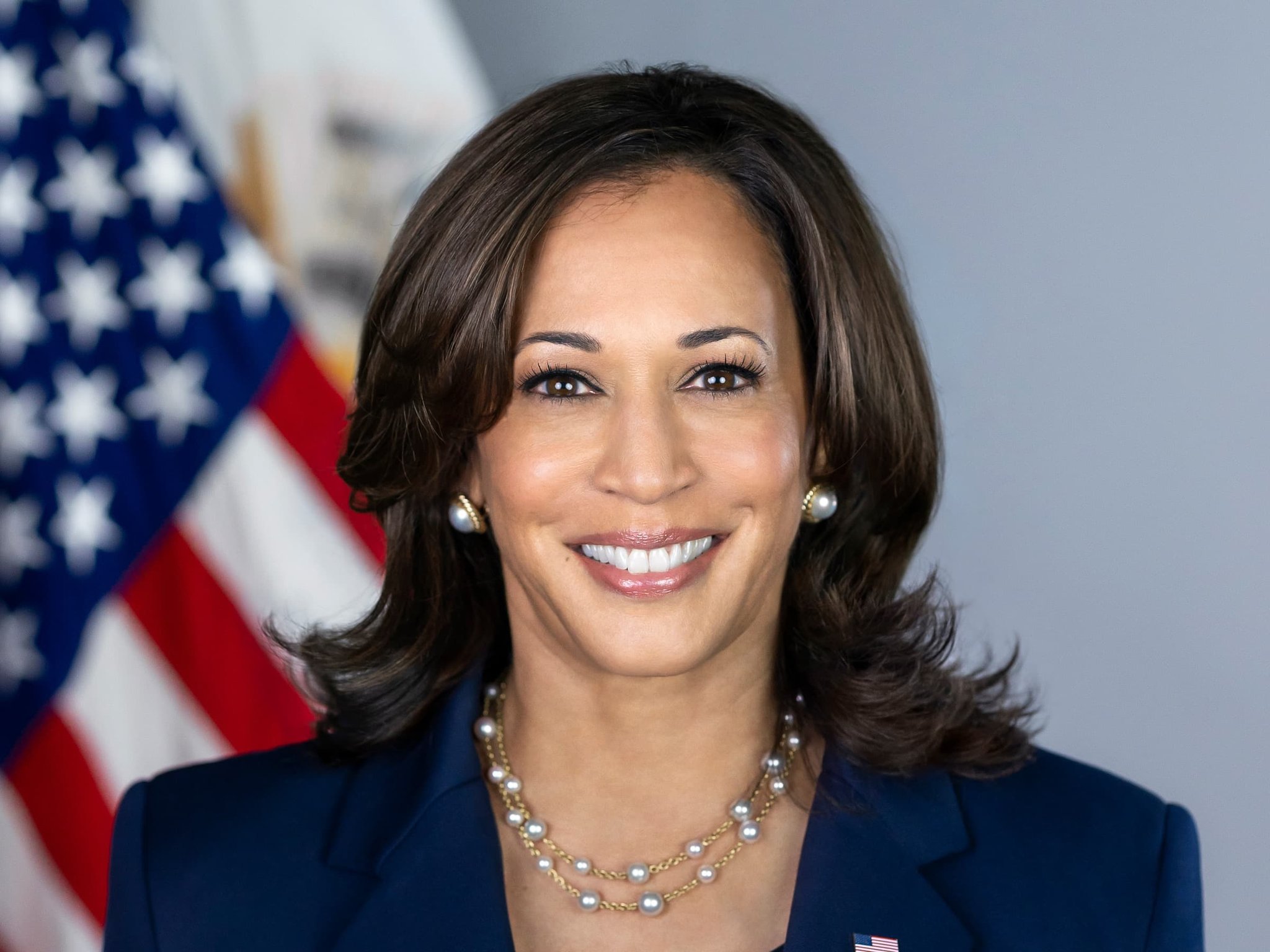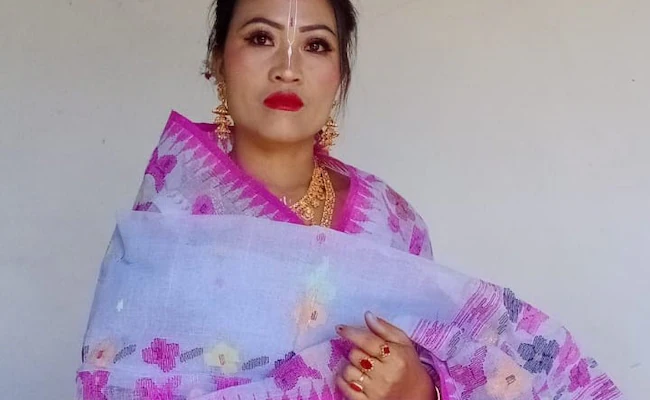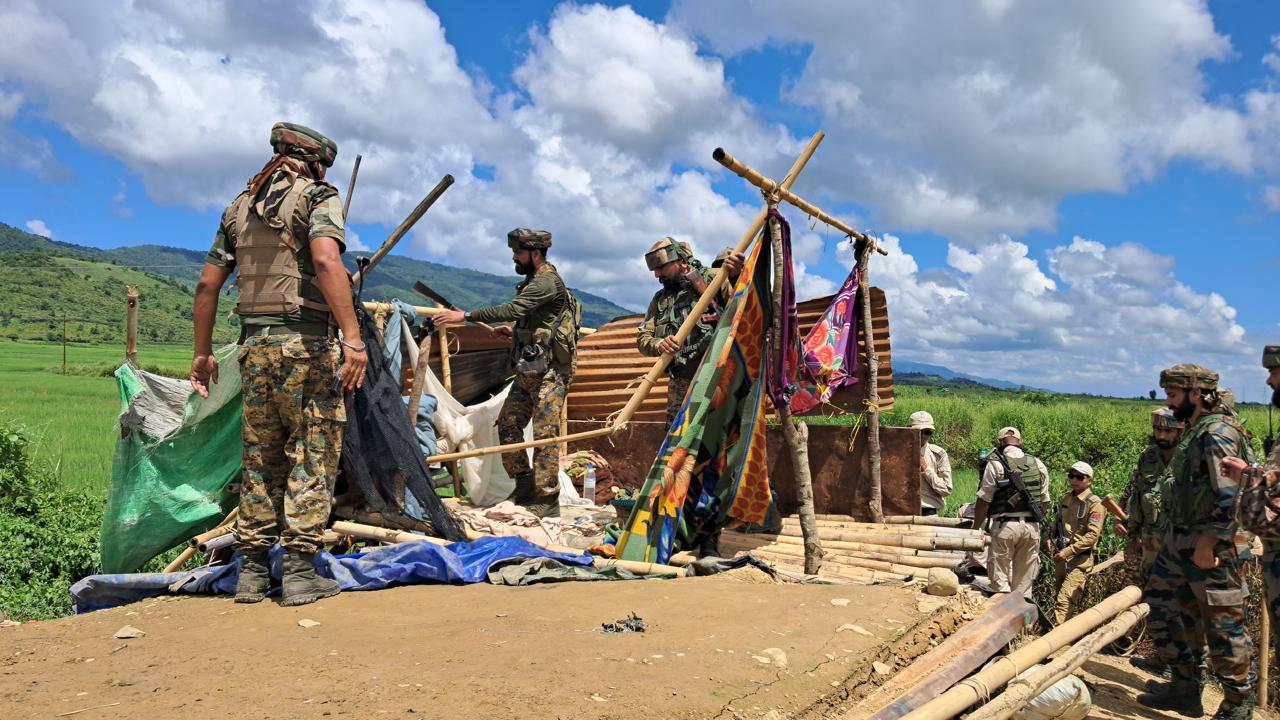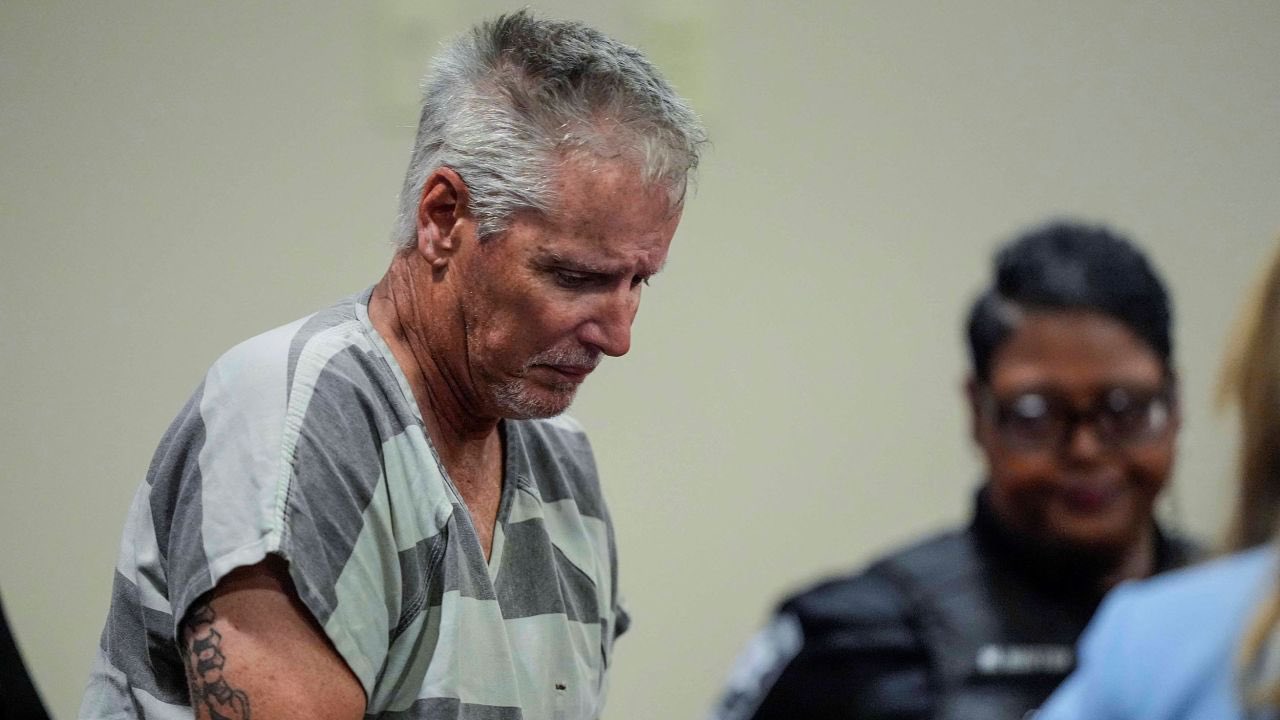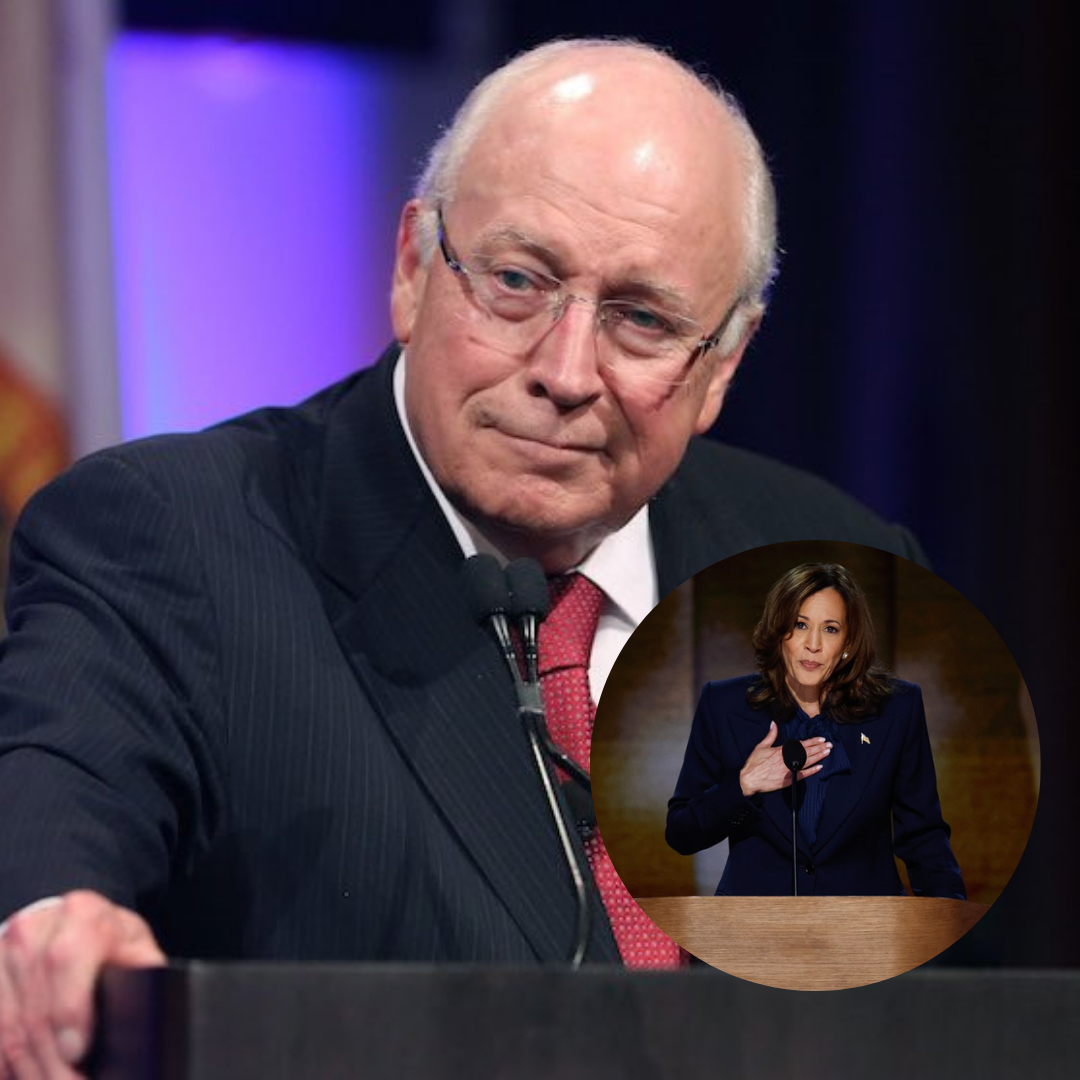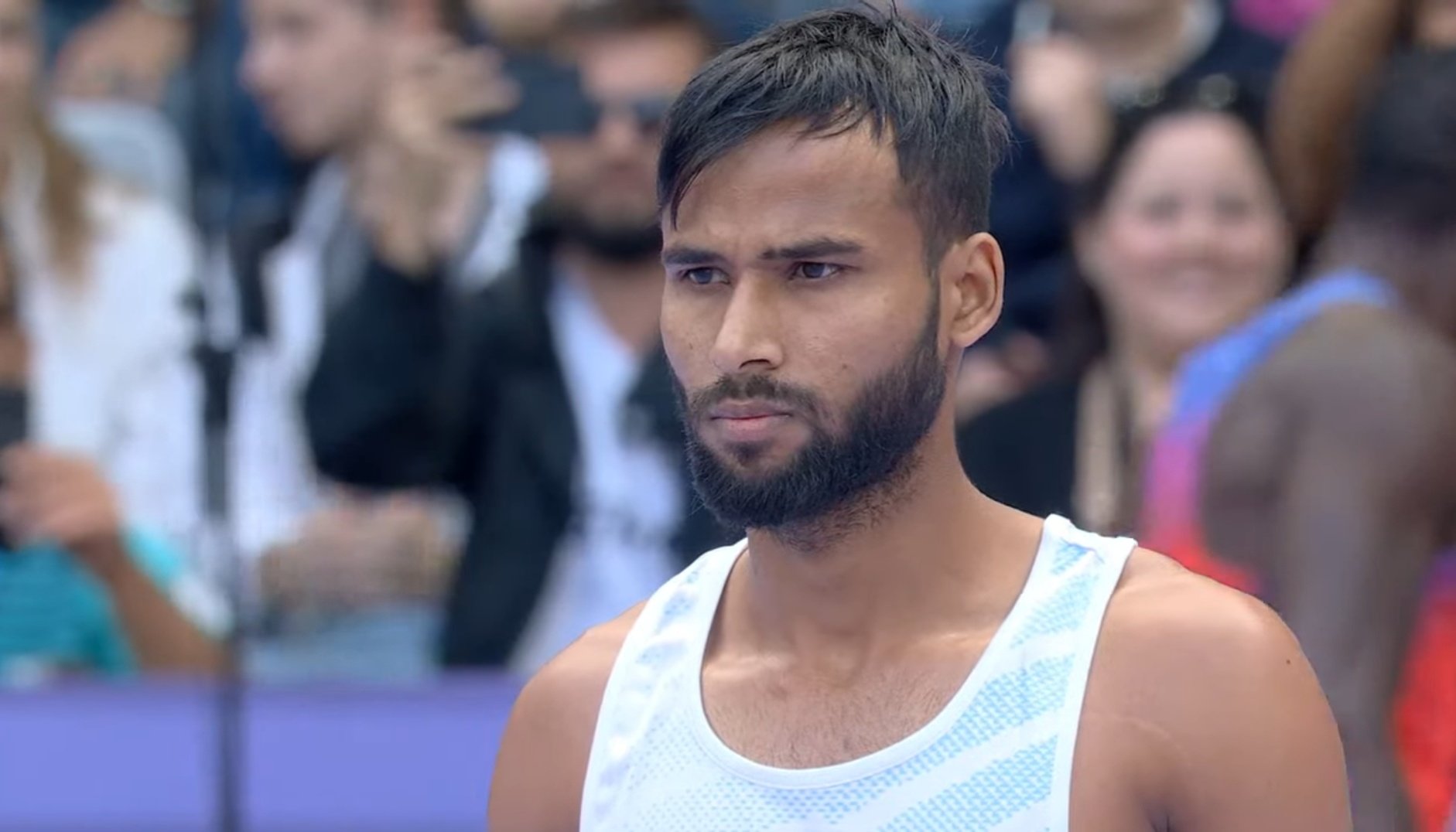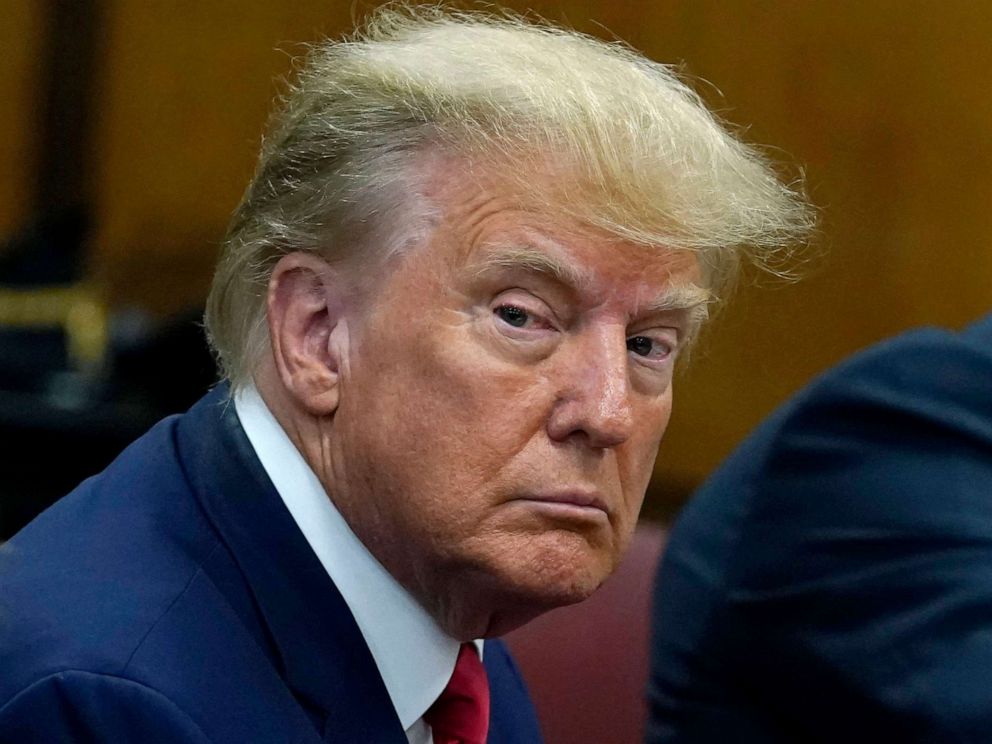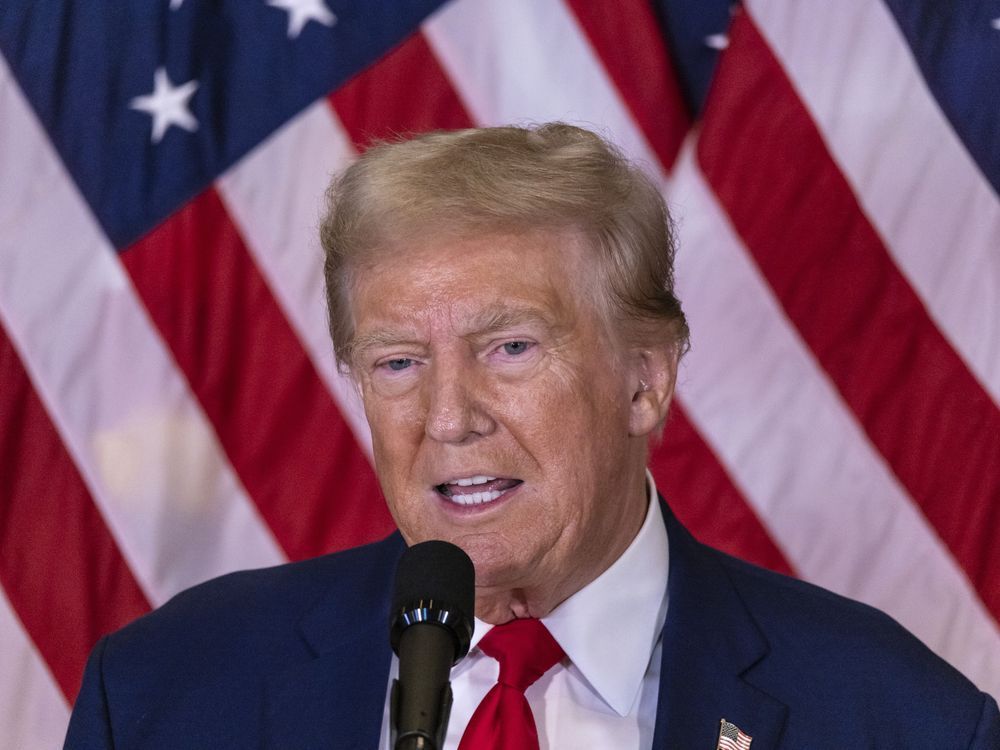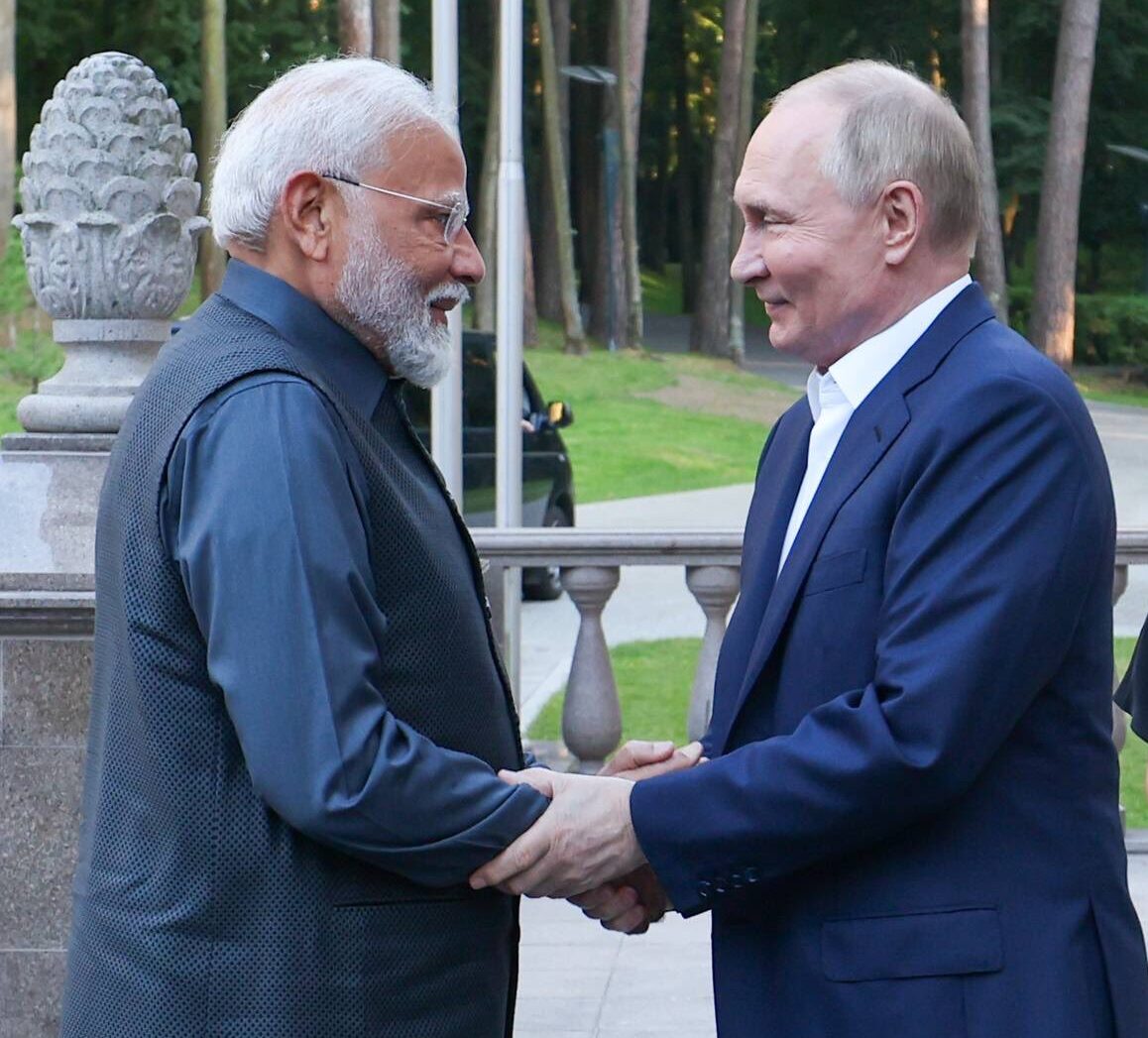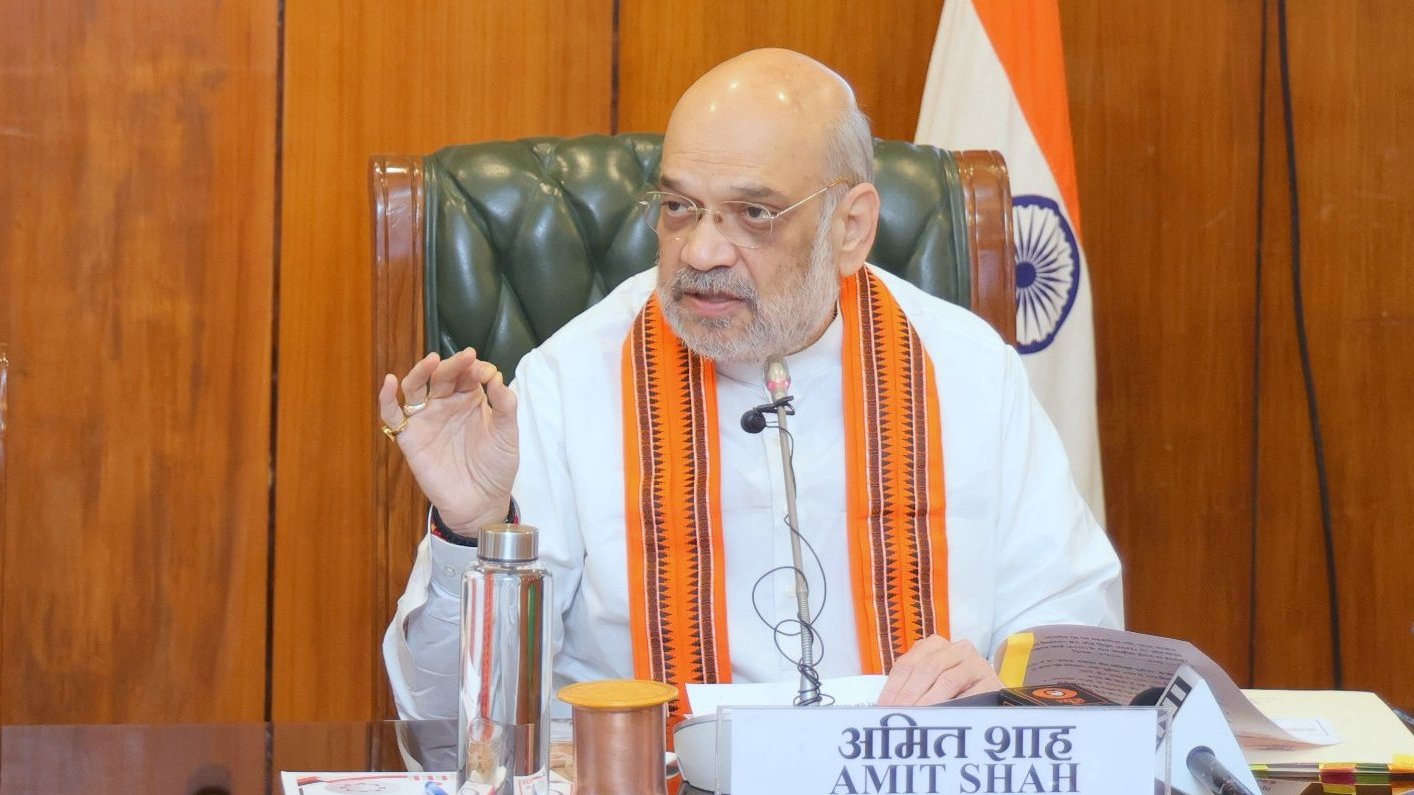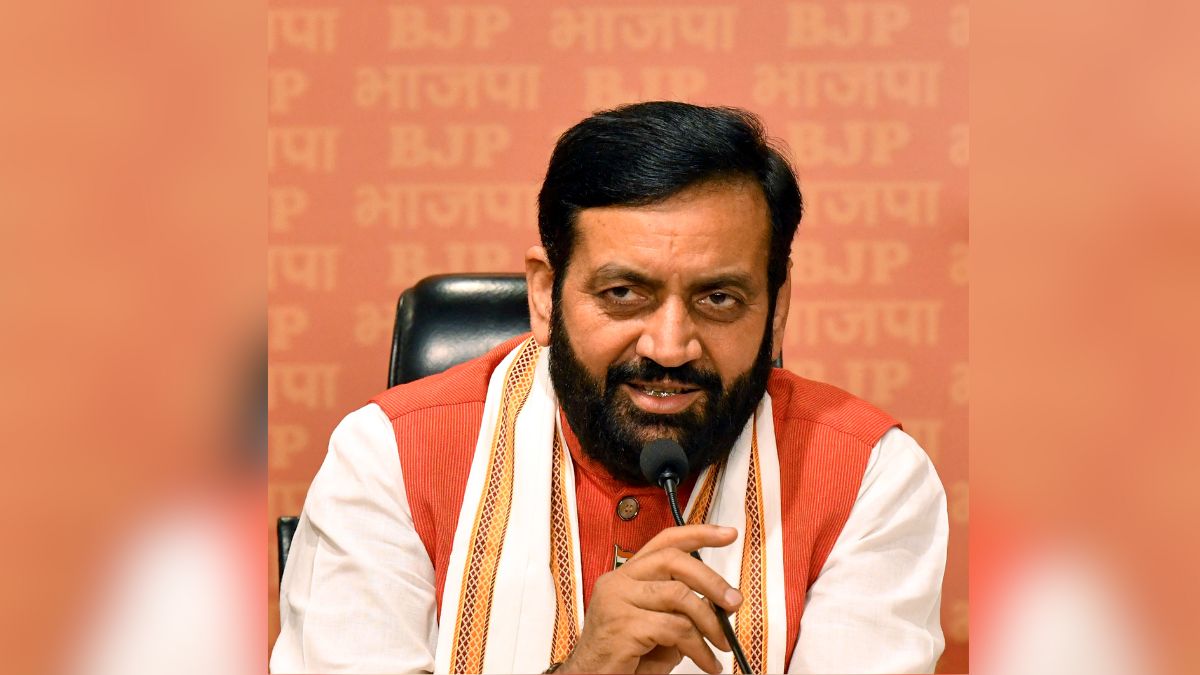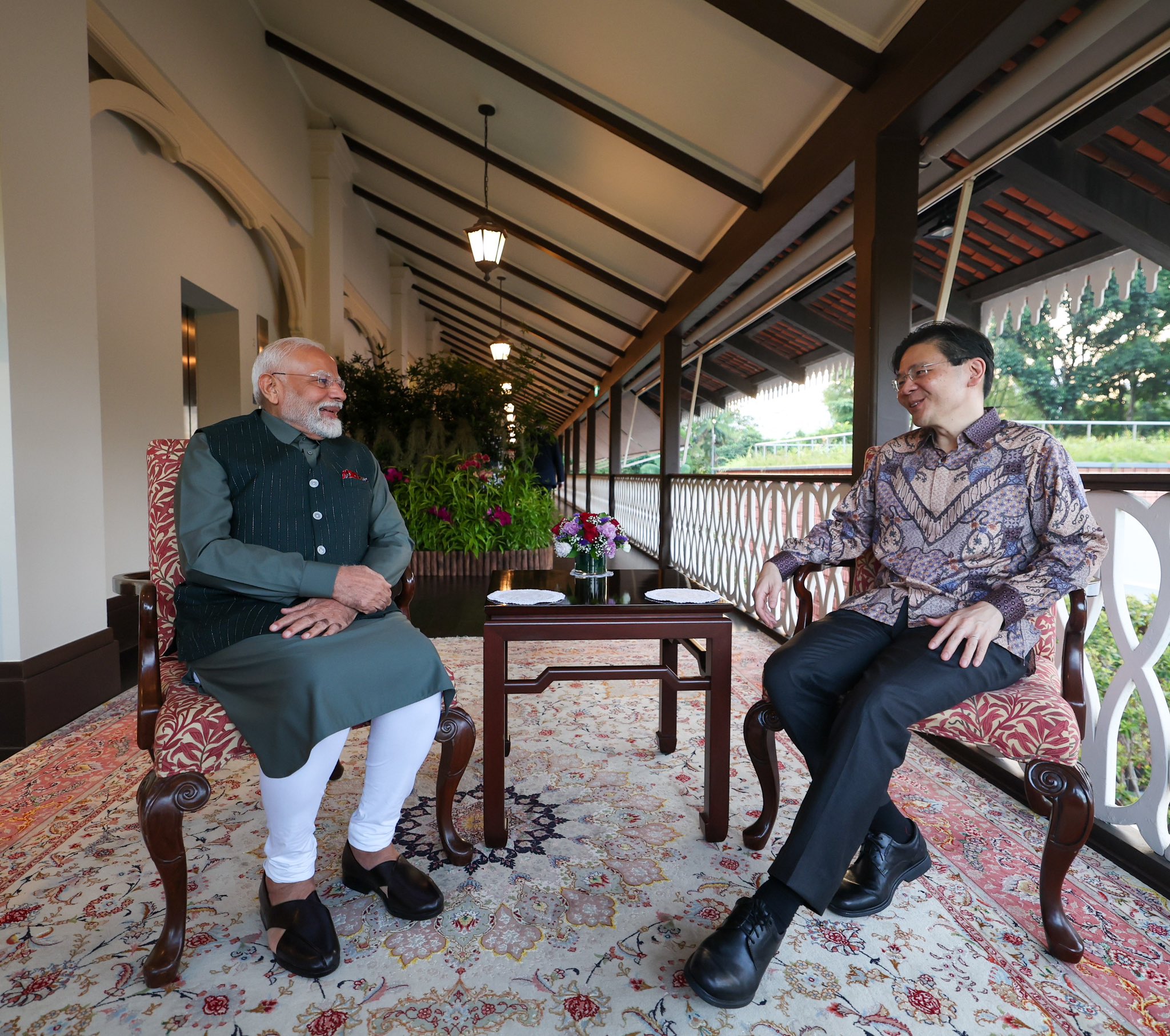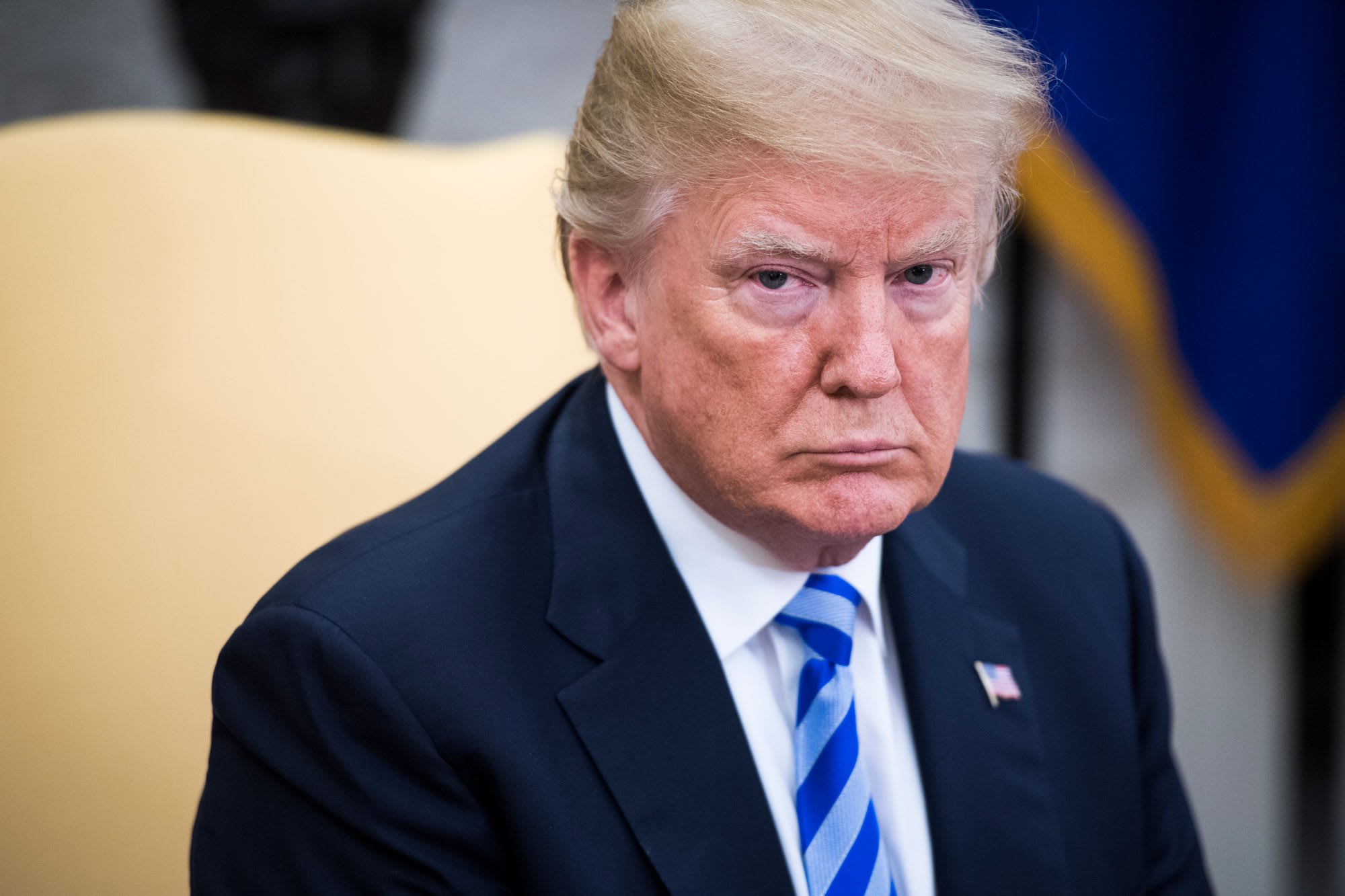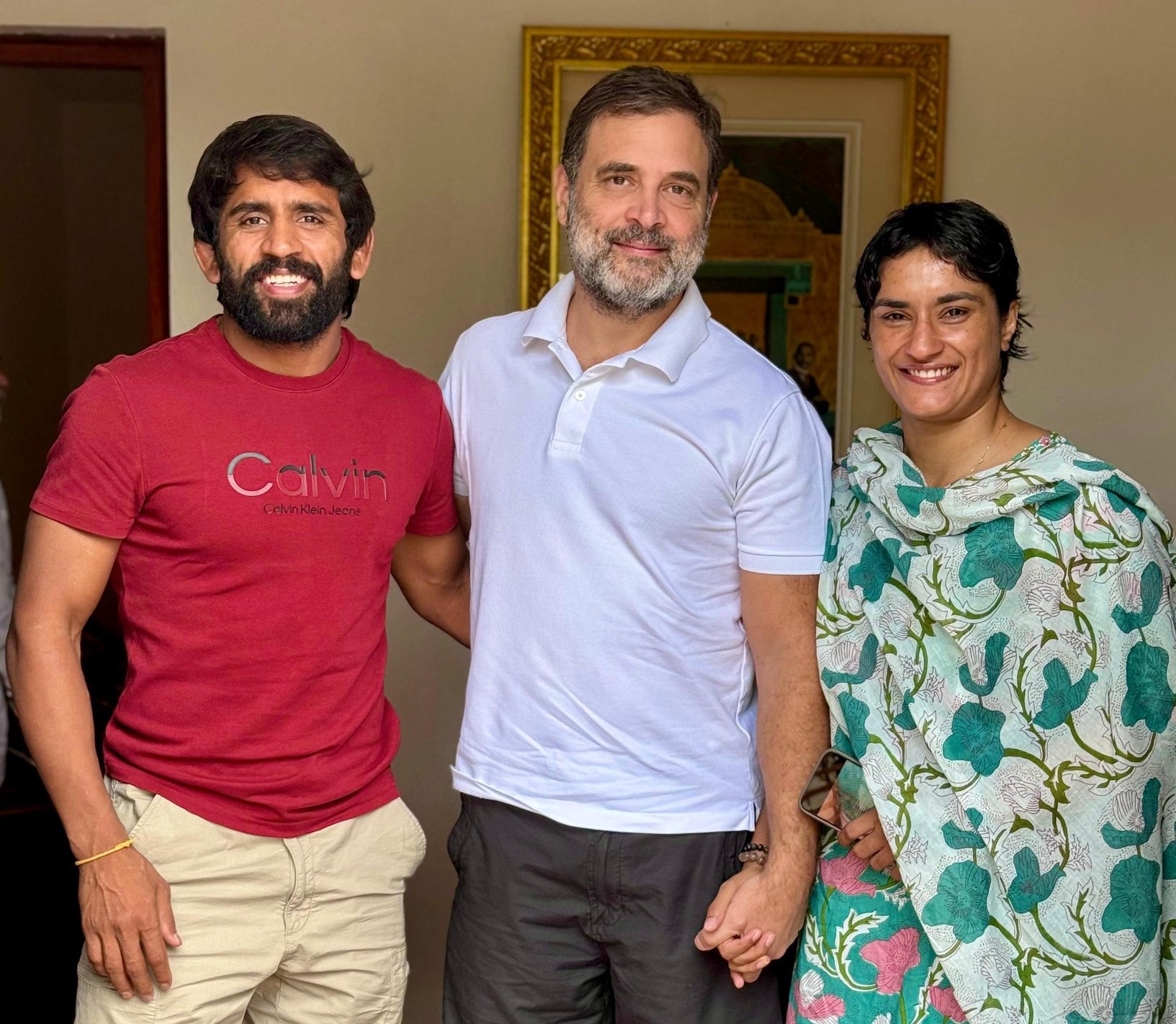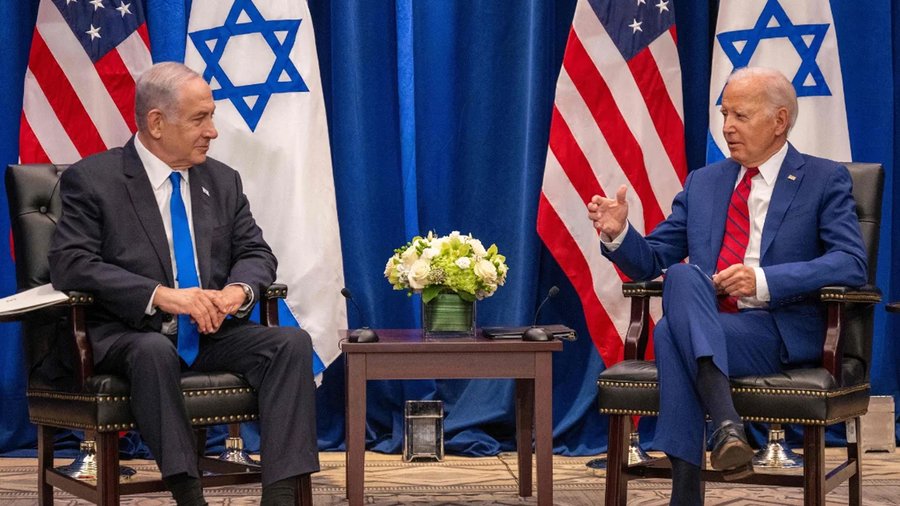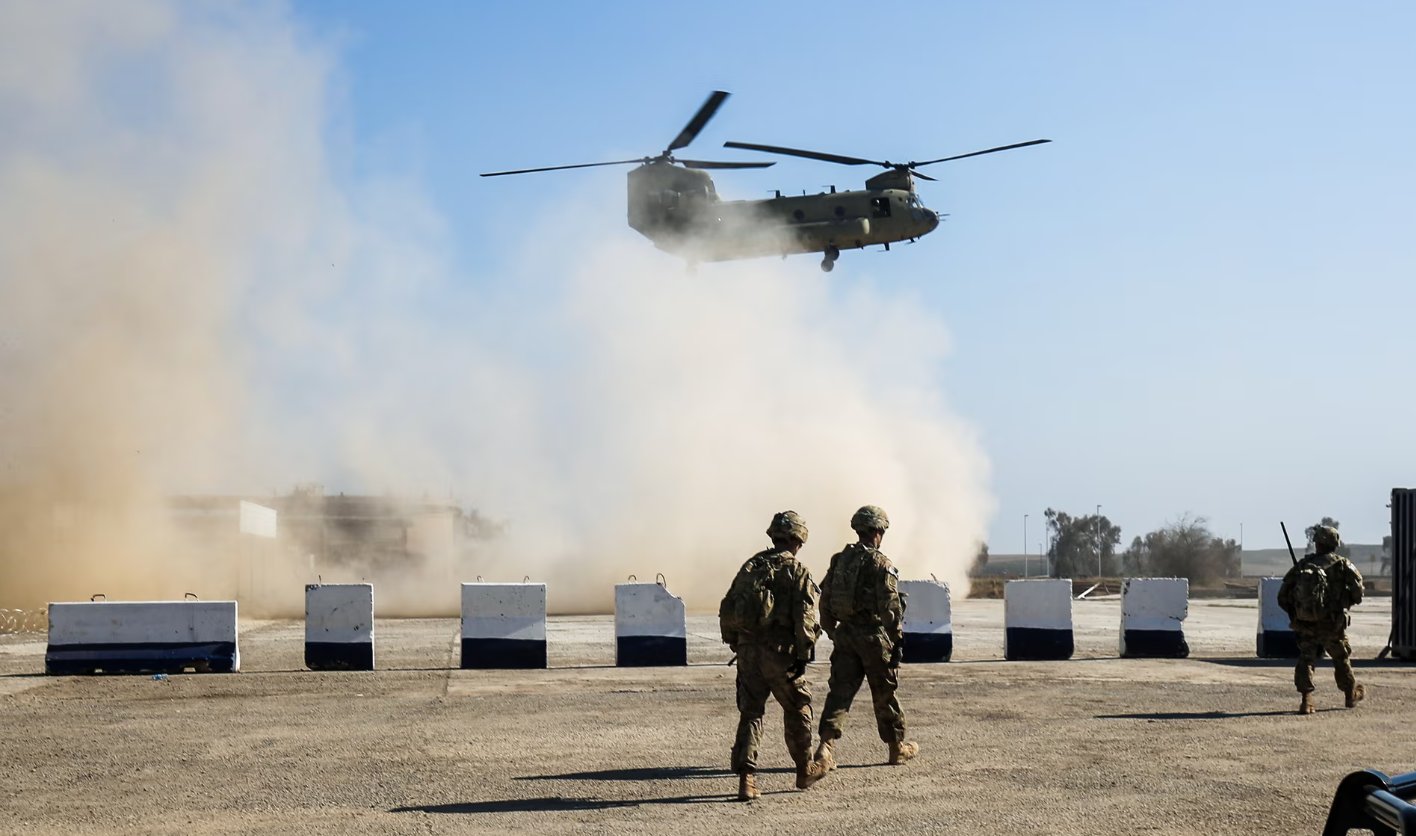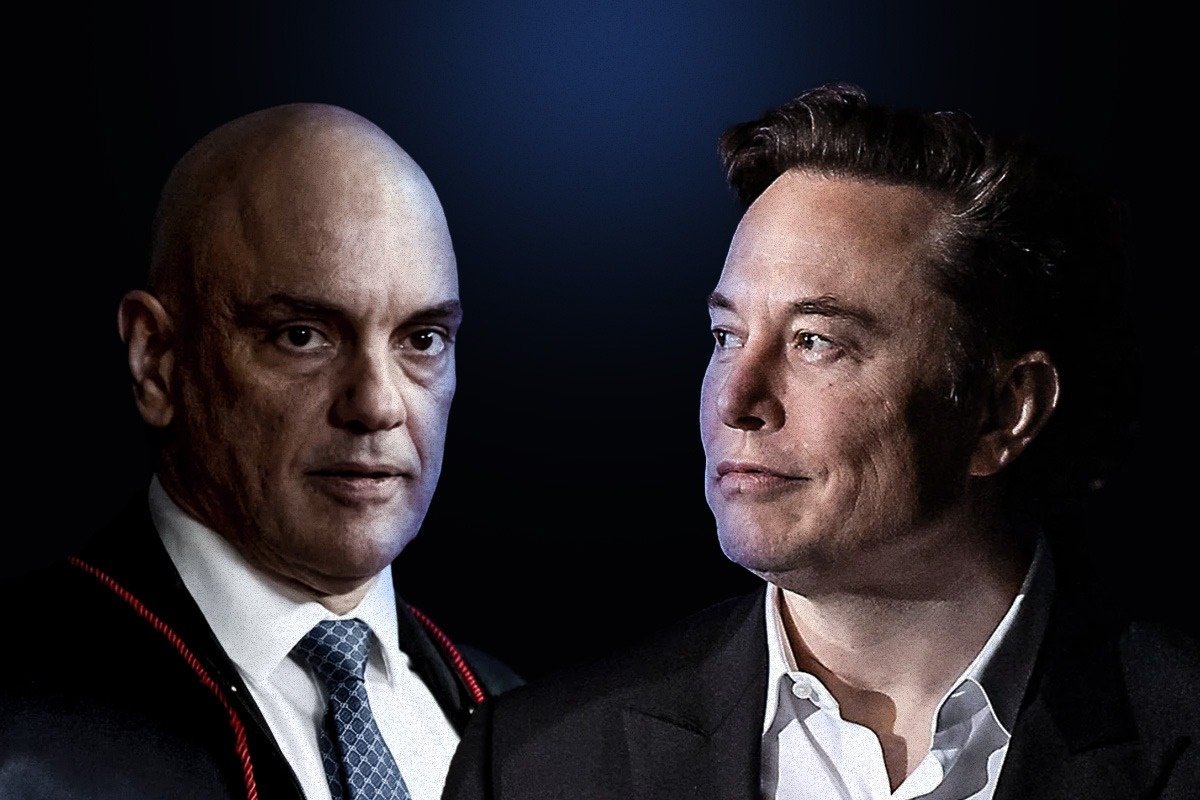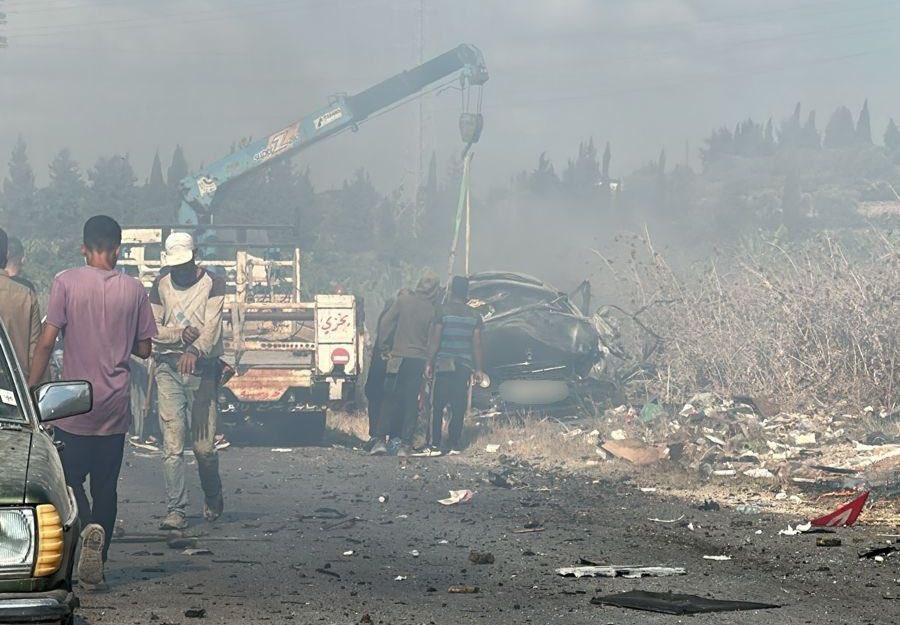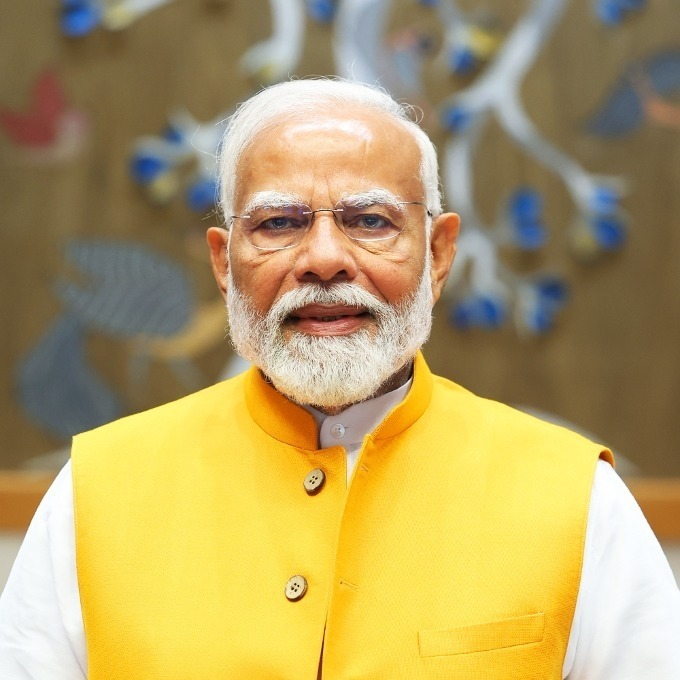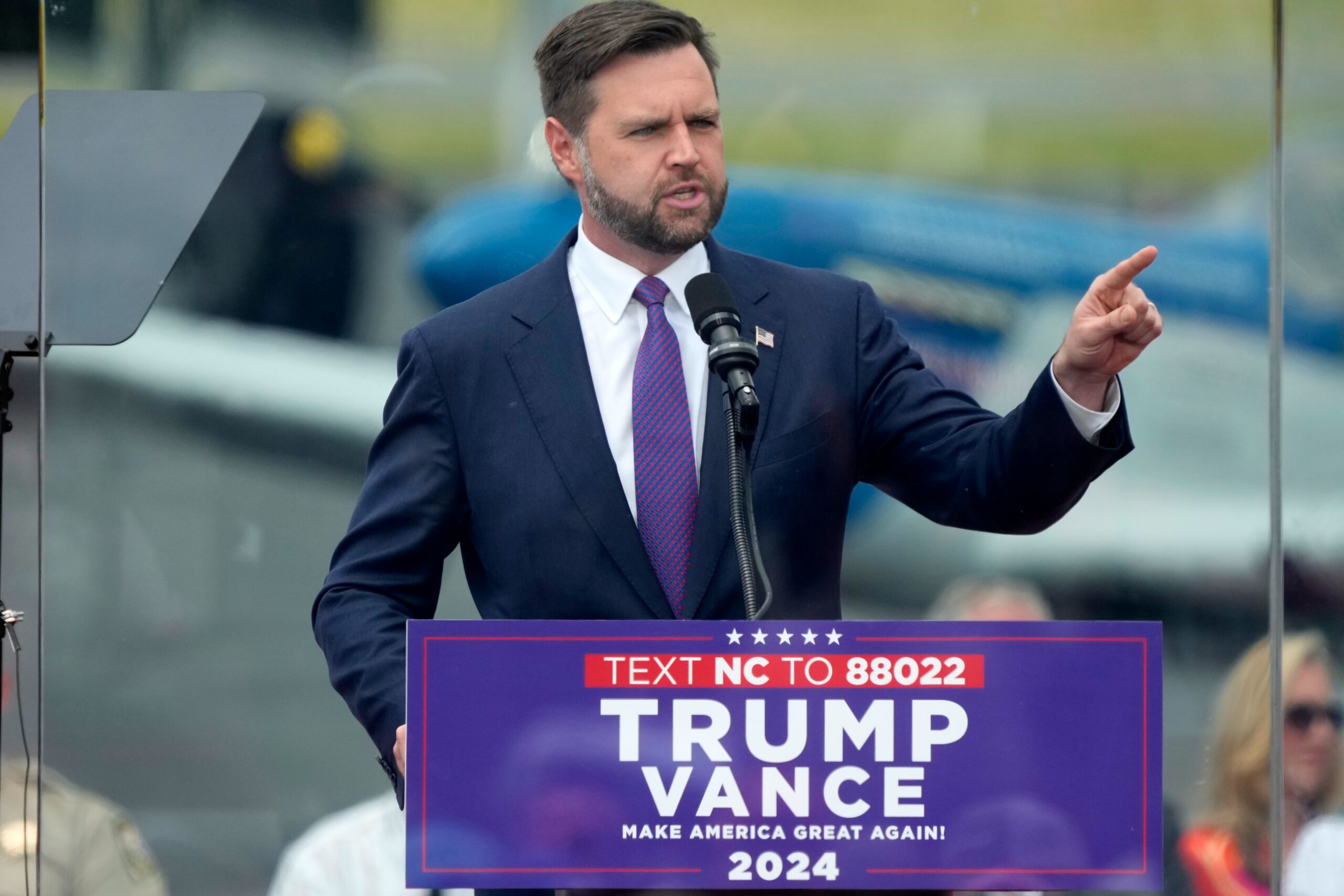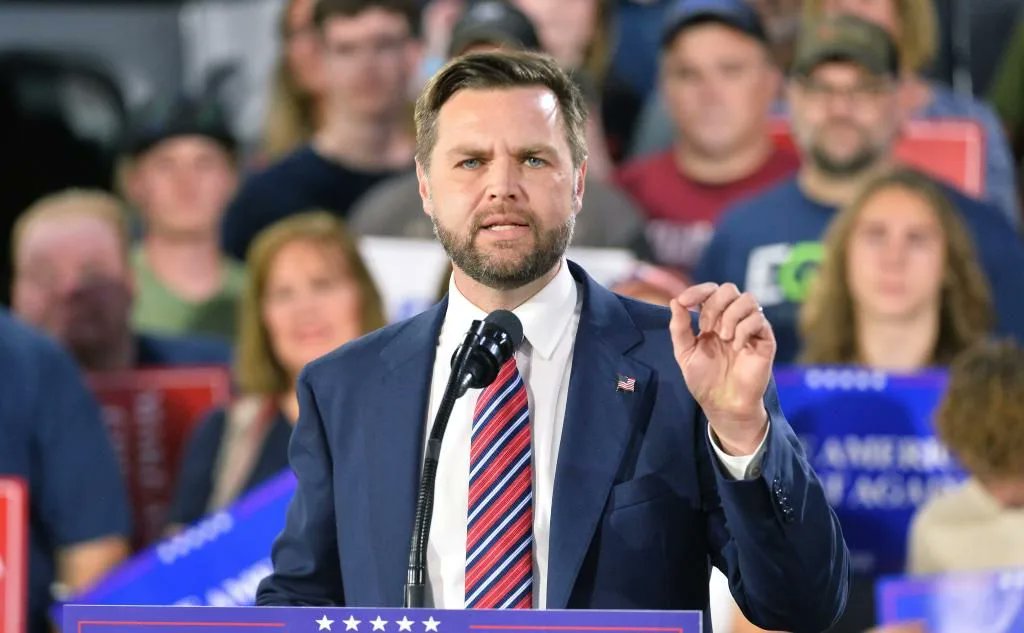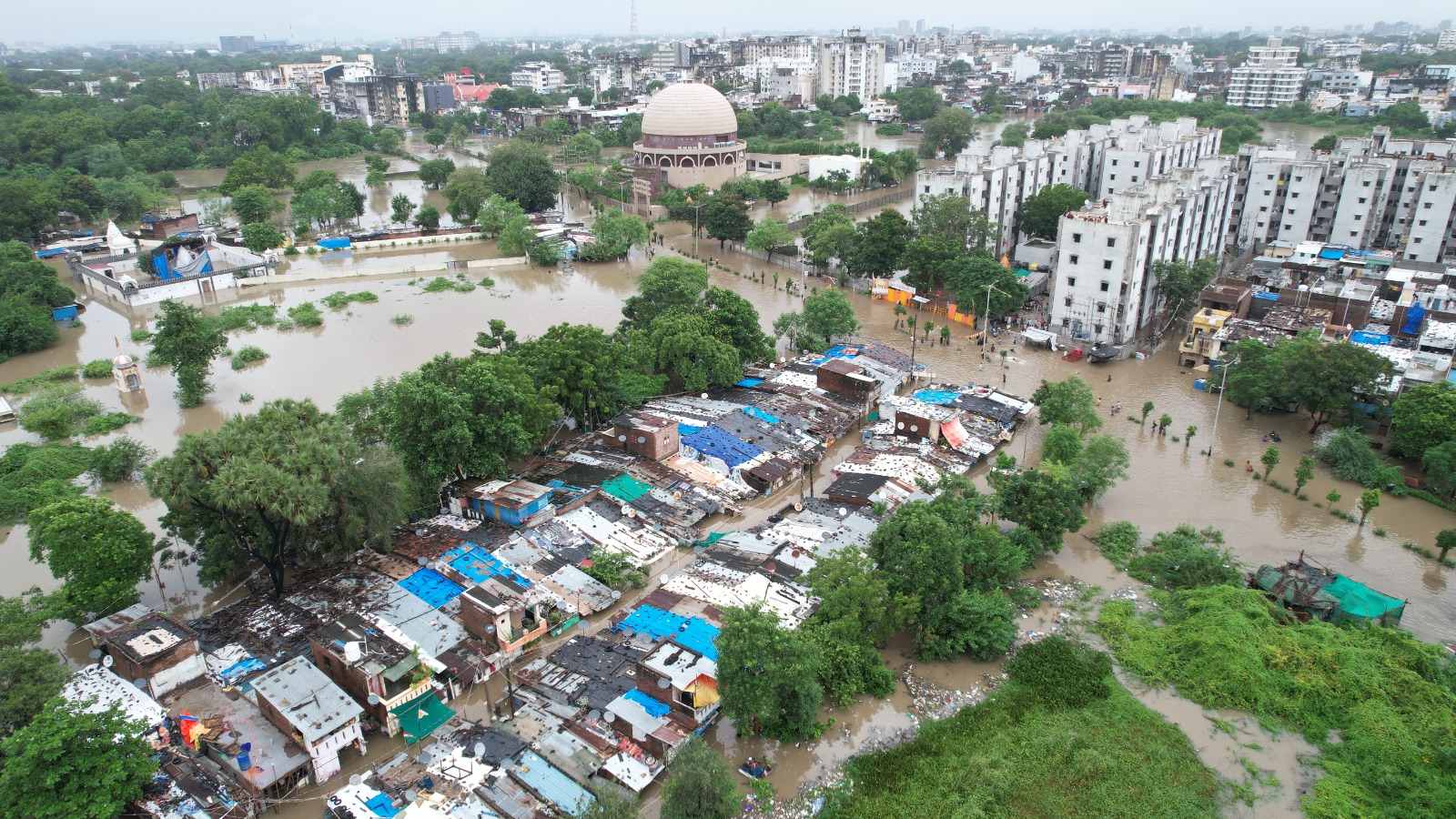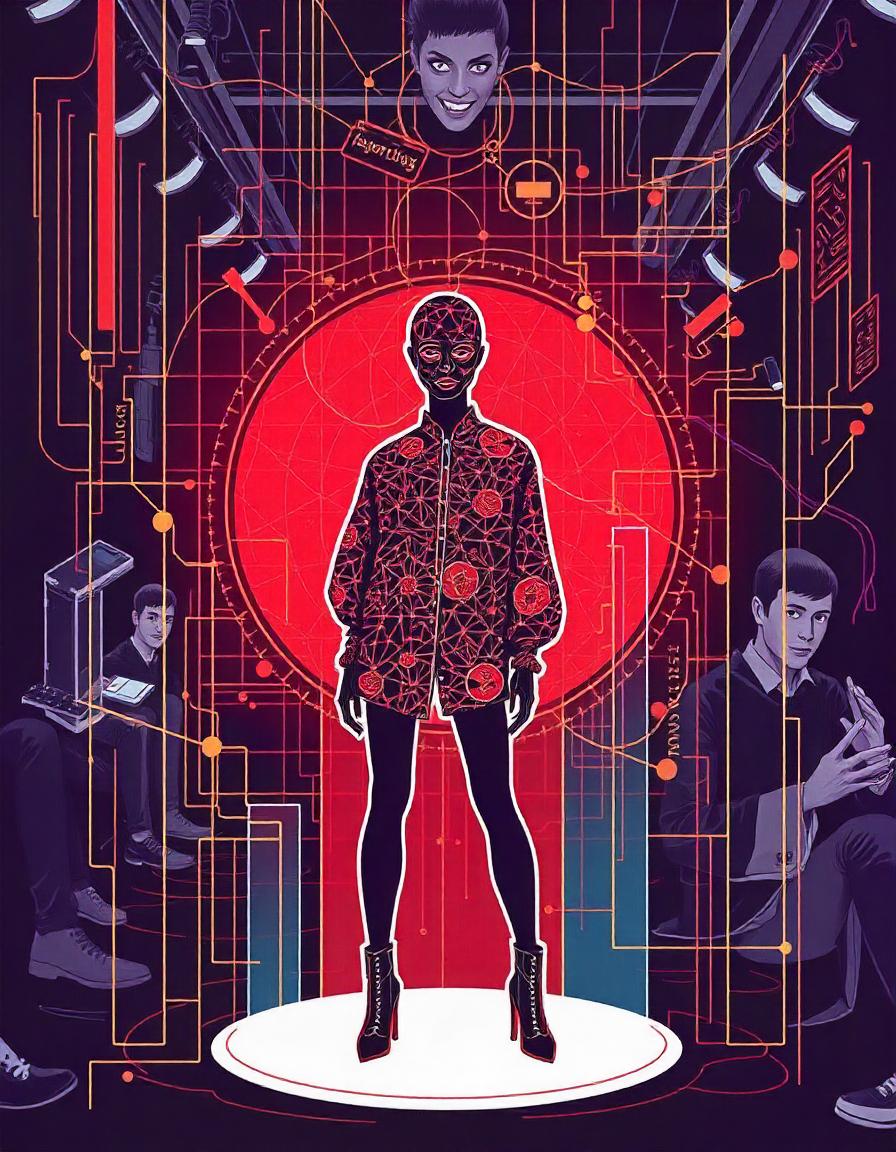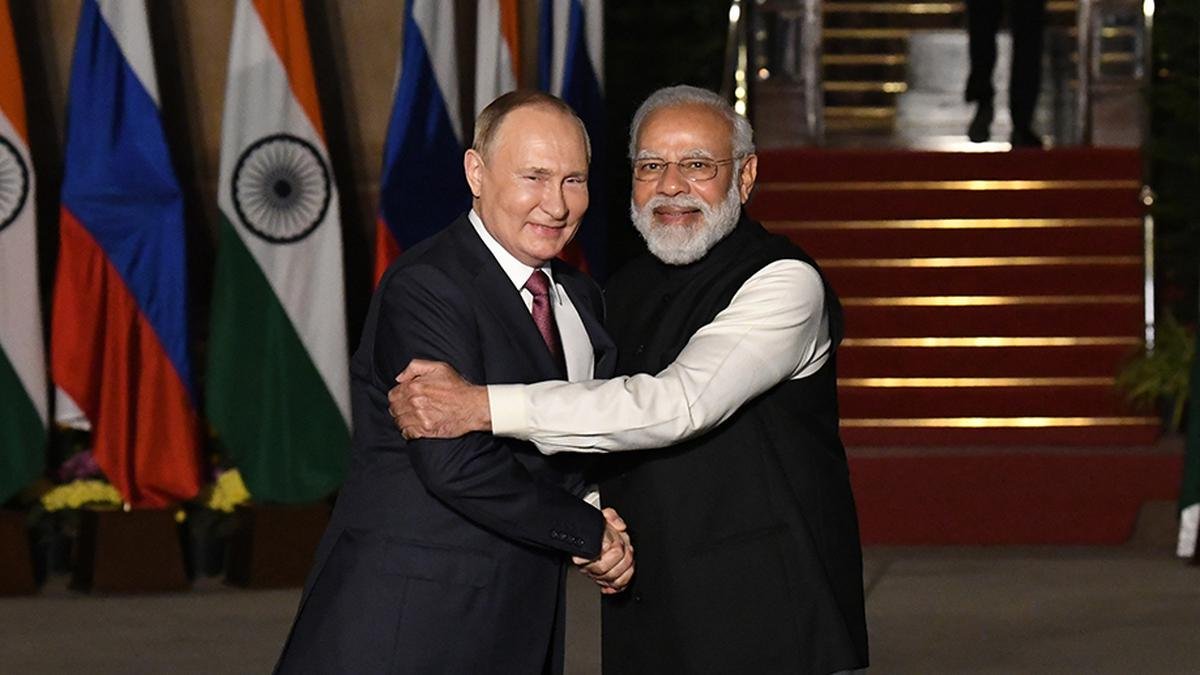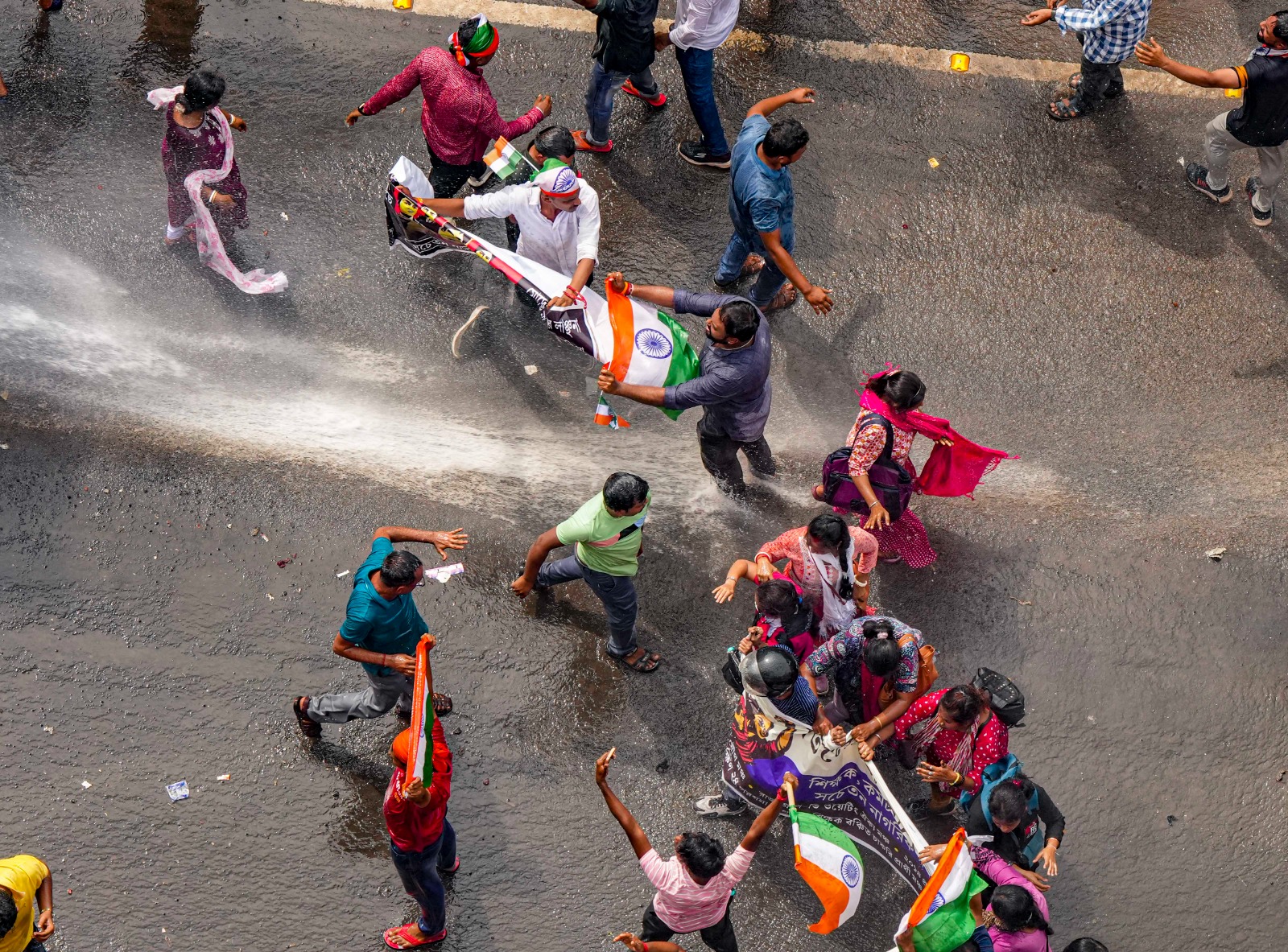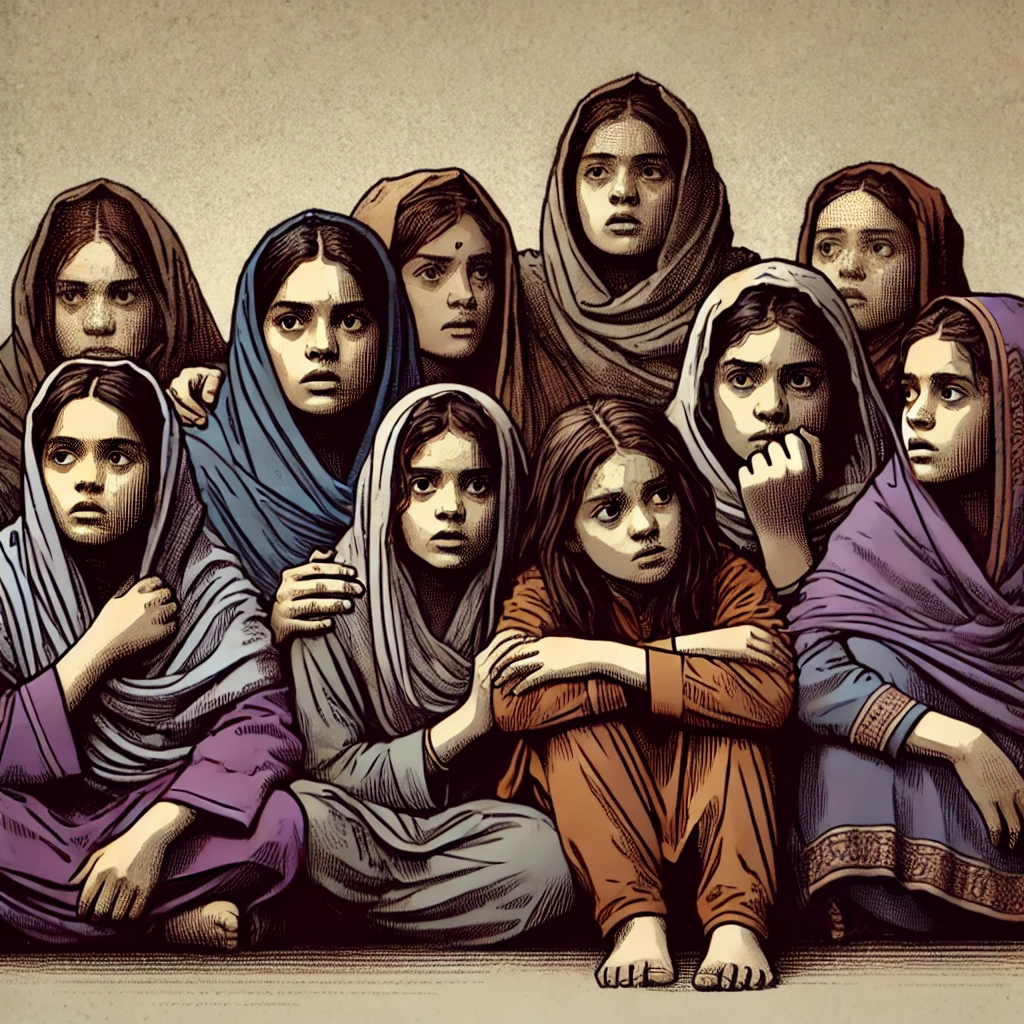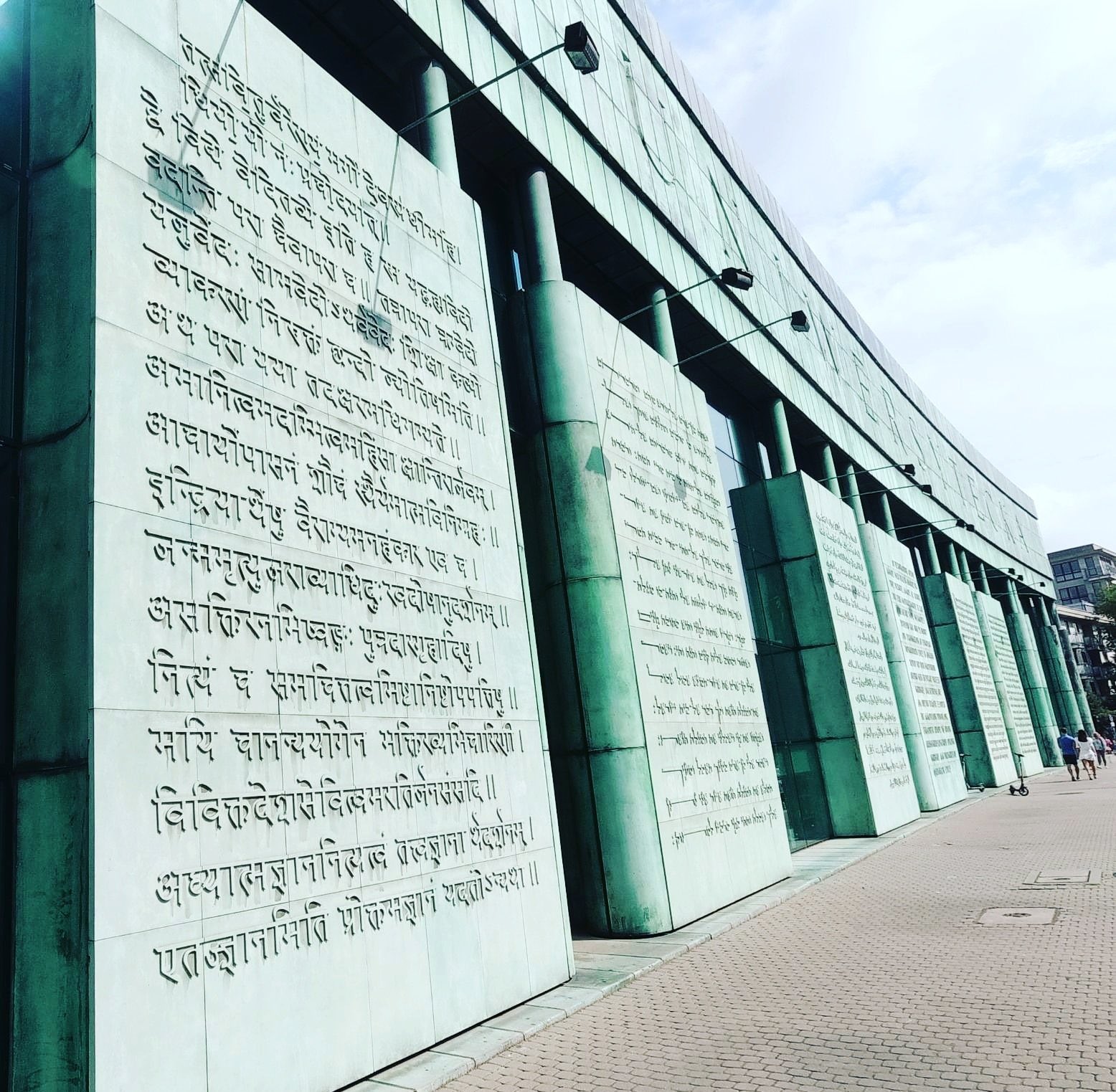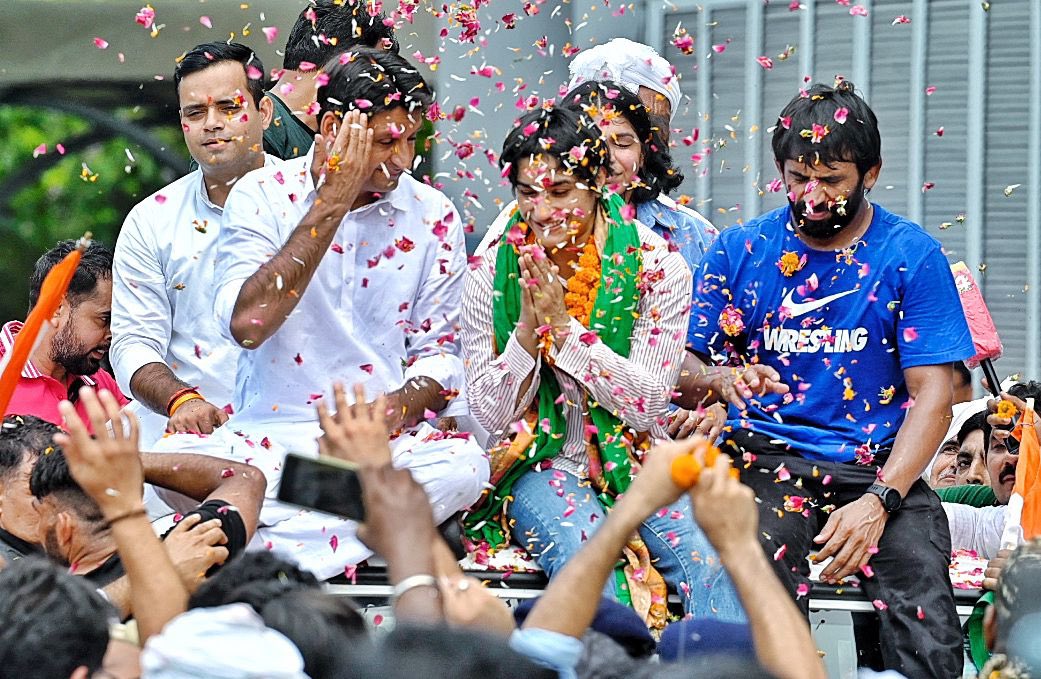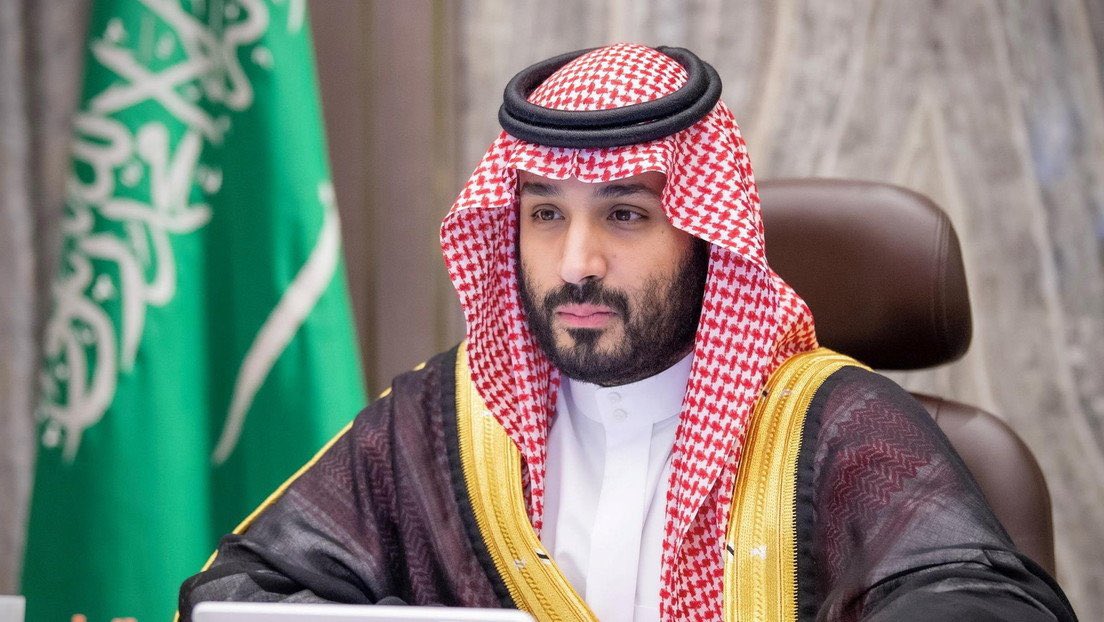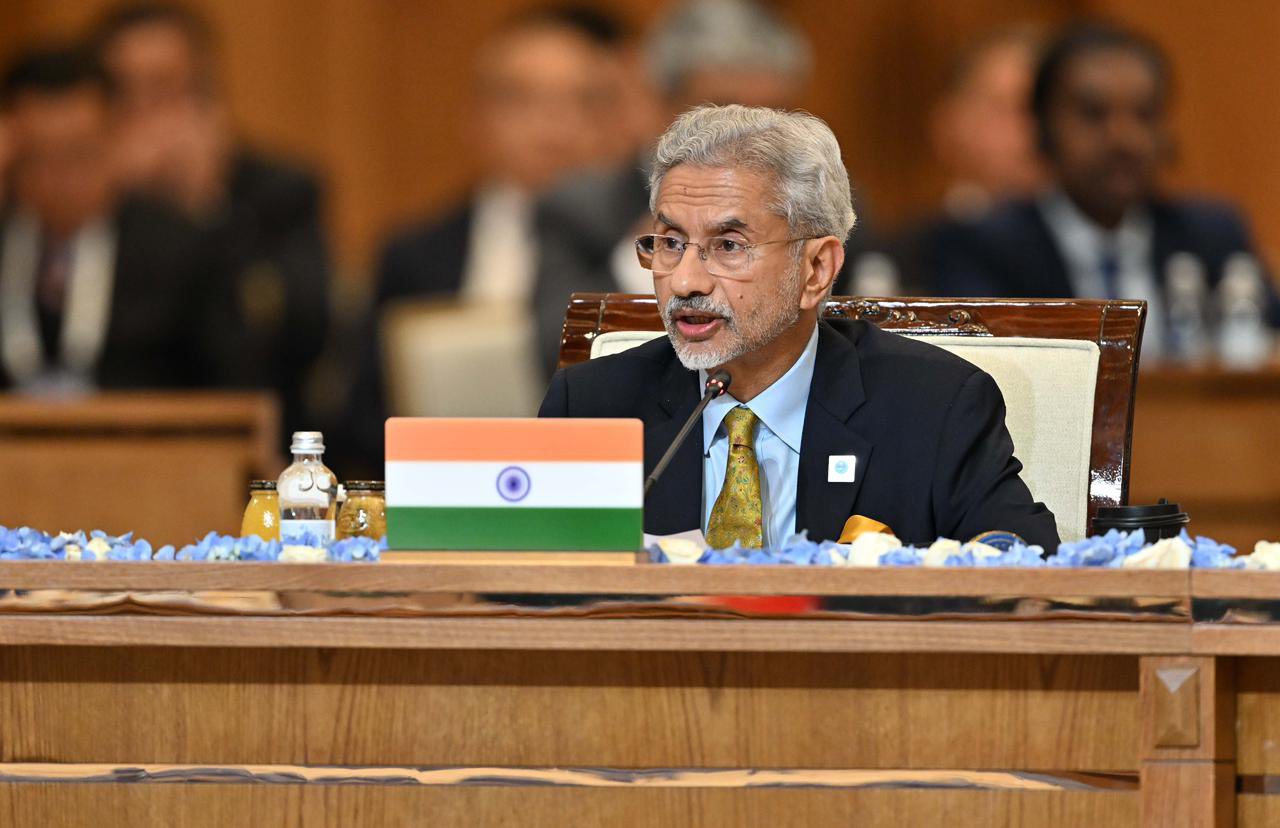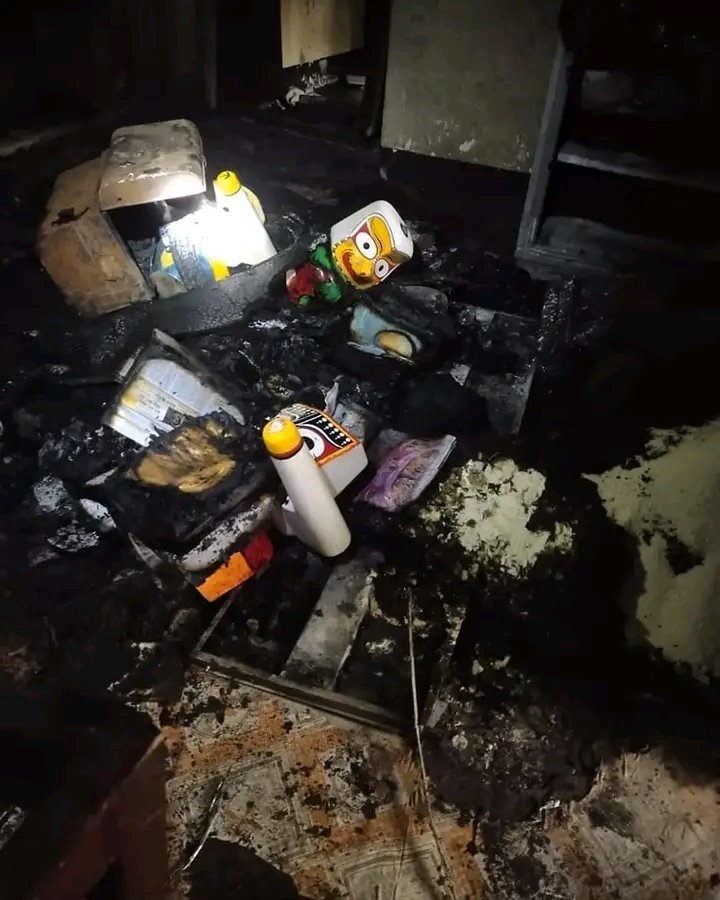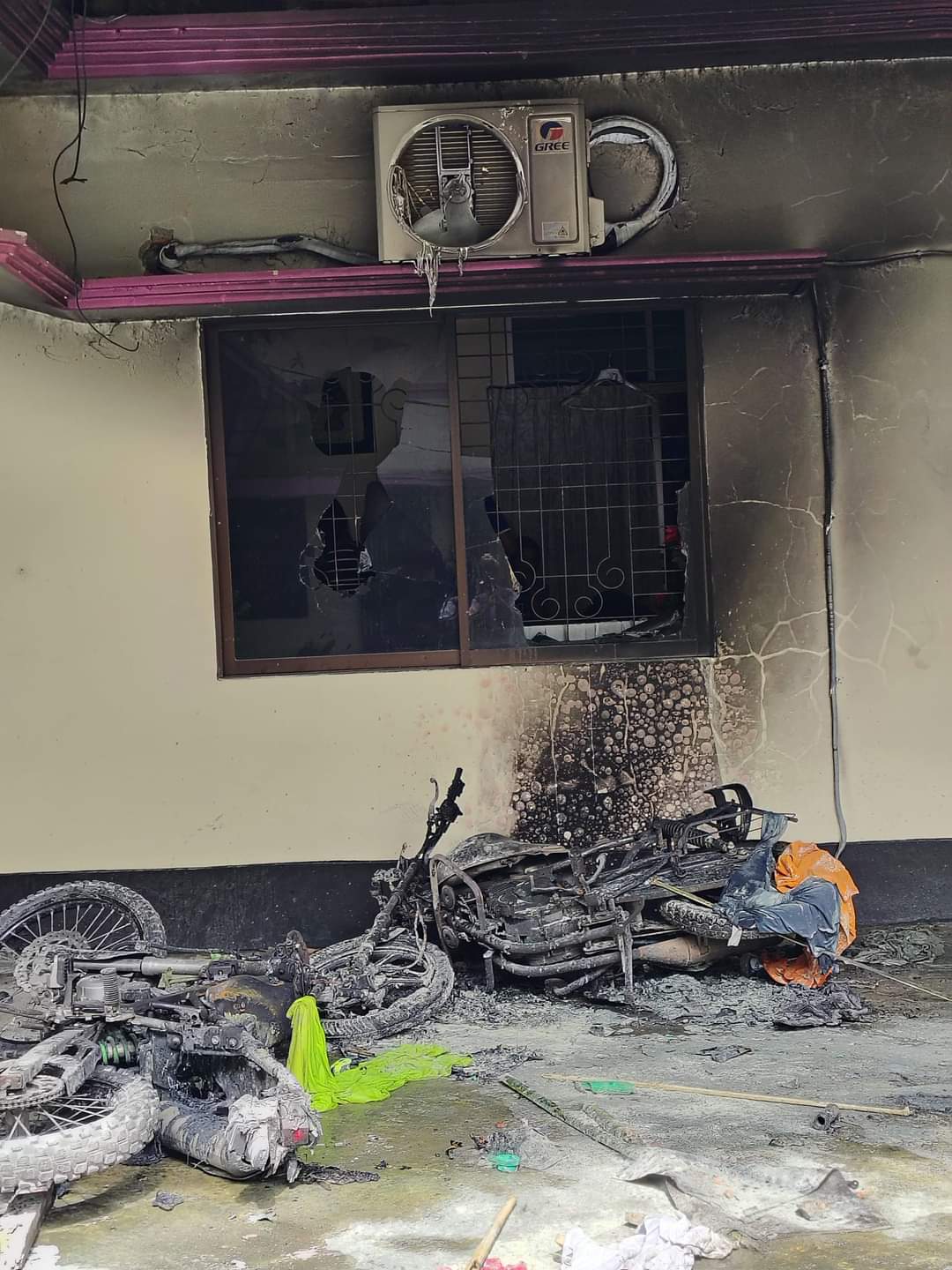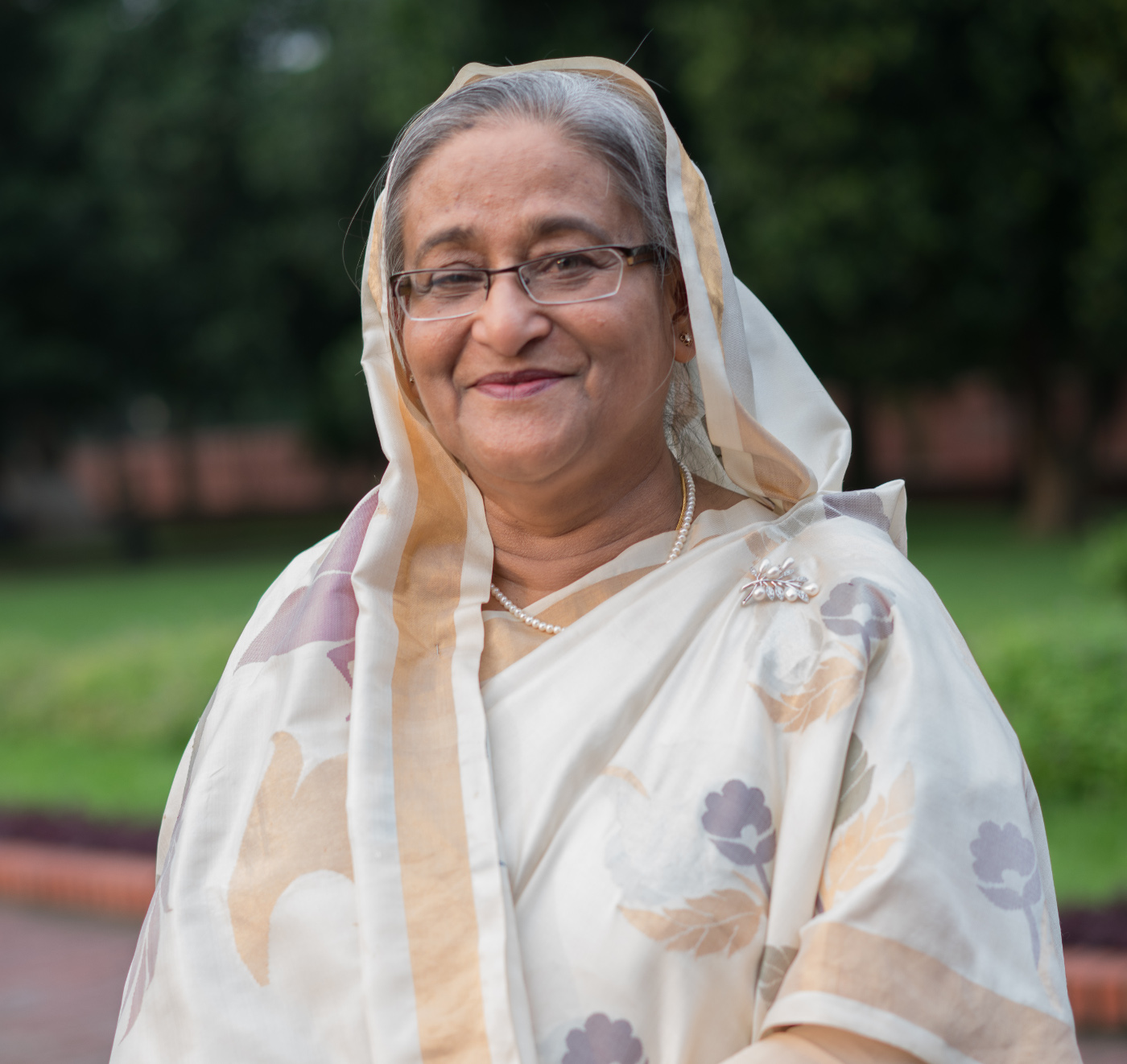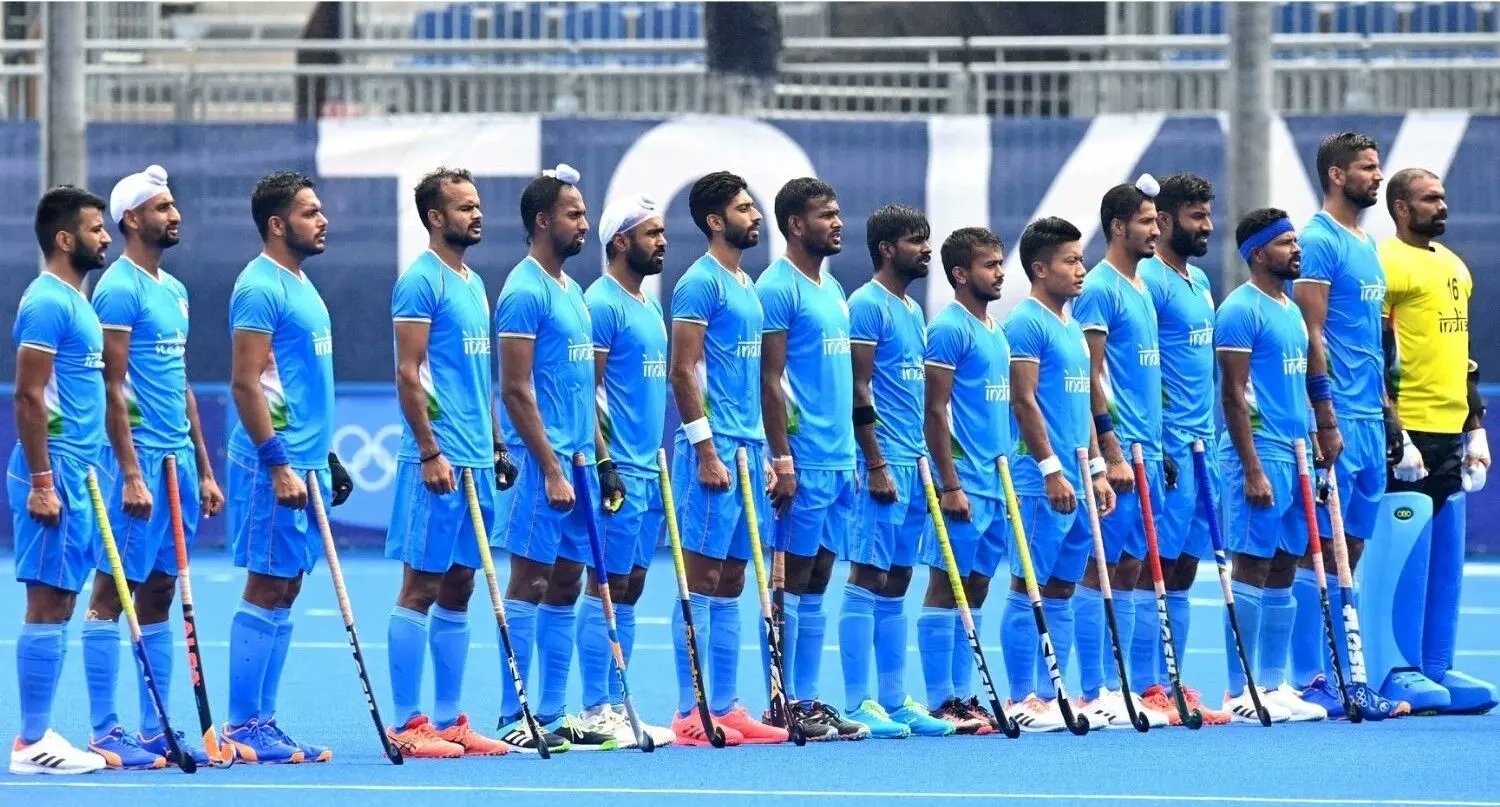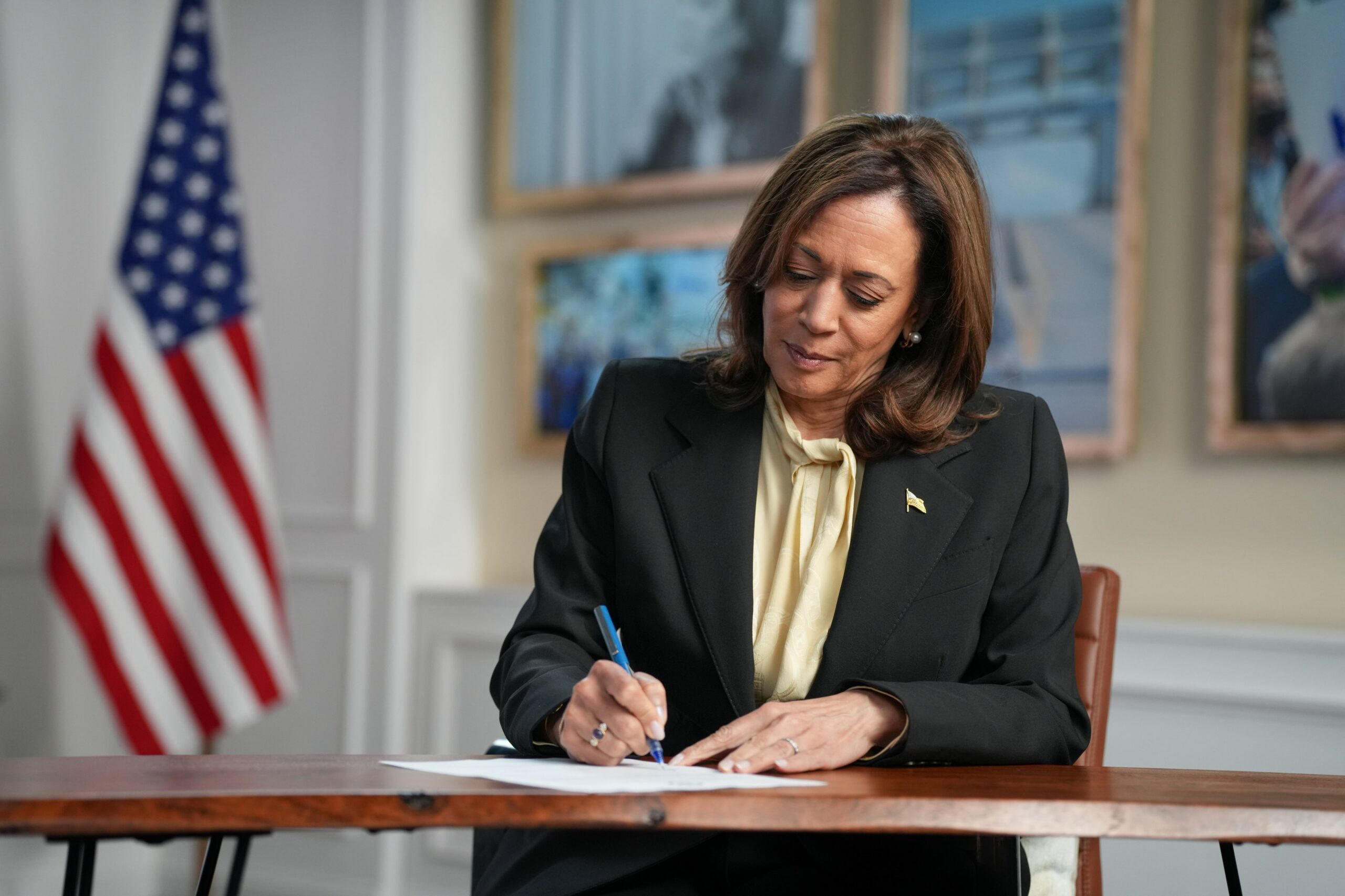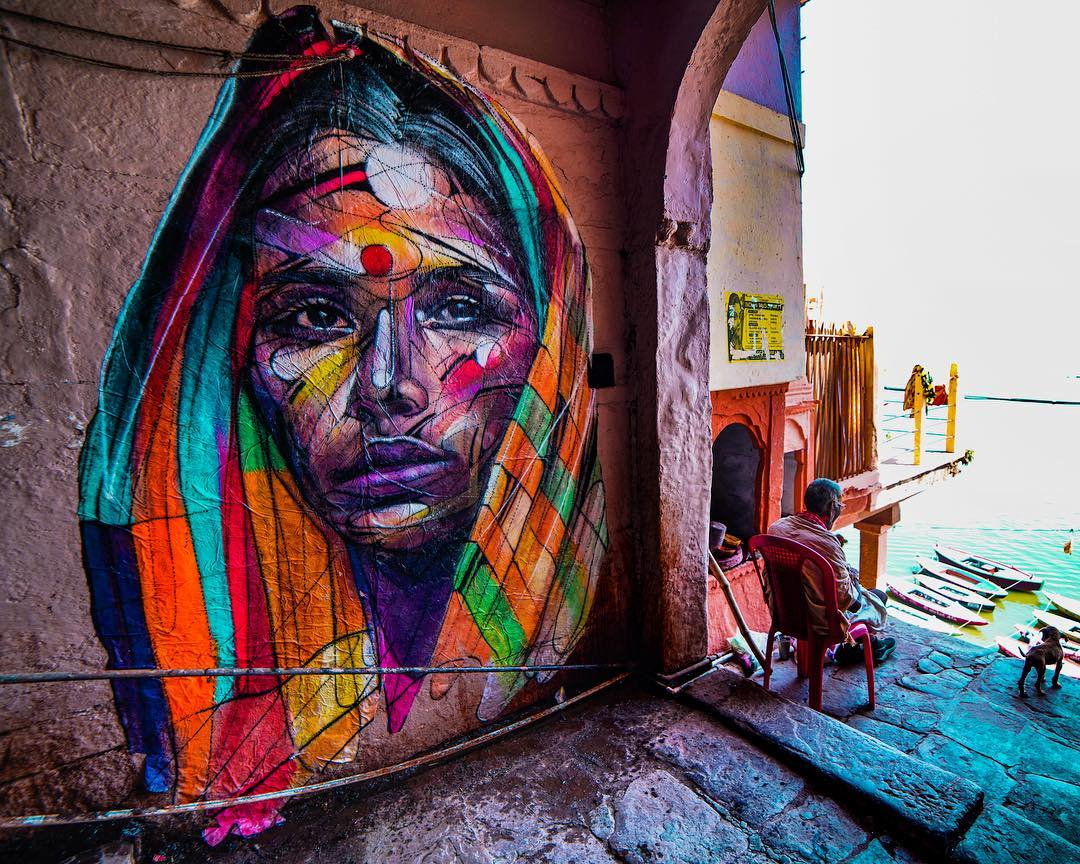The Bombay High Court has directed the Central Board of Film Certification (CBFC) to consider the objections raised against Kangana Ranaut’s upcoming film Emergency and to issue a decision by September 18, 2024. This direction comes amid a legal battle between the filmmakers and Sikh groups who have objected to certain scenes in the film, which they claim could hurt religious sentiments.
The high court’s decision was made in response to a petition filed by Zee Entertainment Enterprises, the co-producer of the film, which alleged that the CBFC was withholding the censor certificate “arbitrarily and illegally.” The production company claimed that the CBFC was ready with the certificate but had not issued it, effectively delaying the film’s release, which was originally scheduled for September 6.
Madhya Pradesh High Court’s Order
The controversy began when Sikh groups, including the Shiromani Akali Dal, raised objections against the film, accusing it of misrepresenting the Sikh community and getting historical facts wrong. These concerns led the petitioners to approach the Madhya Pradesh High Court, which heard the case on September 3, 2024.
During the hearing, the Madhya Pradesh High Court ordered the CBFC to consider the objections raised by the Sikh groups before issuing the certificate. The court emphasized the importance of this step to ensure that the sentiments of the community are respected and to avoid unrest. The CBFC was directed to address the concerns expeditiously.
This decision placed the CBFC in a difficult position, as it was tasked with balancing the rights of filmmakers to free expression with the sensitivities of religious communities. The court made it clear that the certification process should not be rushed, given the seriousness of the issues raised.
Judicial Propriety and the Bombay High Court’s Response
Following the Madhya Pradesh High Court’s order, the Bombay High Court was faced with a complex legal dilemma when Zee Entertainment Enterprises approached it to seek relief for the film’s release. During the hearing on September 4, the Bombay High Court bench observed that granting any relief to the filmmakers would be in direct contravention of the Madhya Pradesh High Court’s order.
“If we give any relief today, then it would be directly in contravention to that order. We will be asking CBFC to breach another HC order if we pass any order today. We cannot do that. Judicial propriety demands that of us,” the bench said.
The court acknowledged the importance of adhering to judicial propriety and refrained from passing any orders that could conflict with the Madhya Pradesh High Court’s directive. The bench further noted that there appeared to be “something else happening behind” the scenes but refrained from commenting further on the matter.
The Bombay High Court then directed the CBFC to consider the objections raised against Emergency and take a final decision by September 18. The court also scheduled the next hearing in the case for September 19, indicating that it would closely monitor the situation to ensure that all legal requirements are met.
Emergency Release Postponed
Due to the ongoing legal battle and the controversy surrounding the film, the release of Emergency has been postponed indefinitely. The film, which was set to hit theaters on September 6, has generated significant buzz due to its sensitive subject matter and its portrayal of historical events related to India’s Emergency period from 1975 to 1977.
Emergency is a biographical drama directed by Kangana Ranaut, who also plays the lead role of former Prime Minister Indira Gandhi. The film explores the political and social upheaval that occurred during the Emergency, a 21-month period during which civil liberties were suspended, and the government assumed near-total control of the country.
Ranaut, who is also a Bharatiya Janata Party (BJP) Member of Parliament from Mandi in Himachal Pradesh, has been vocal about her support for the film, calling it an important exploration of a critical period in India’s history. However, her portrayal of Indira Gandhi and the film’s depiction of certain events have drawn sharp criticism from various quarters, particularly from Sikh organizations that feel the film misrepresents their community.
Future Prospects
With the release date of Emergency now uncertain, the filmmakers and the CBFC are under pressure to resolve the controversy quickly. The Bombay High Court’s directive to the CBFC to make a decision by September 18 is a critical milestone in the film’s journey toward release. If the CBFC decides to issue the certificate without further delays, the filmmakers may be able to proceed with a new release date.
However, if the objections raised by the Sikh groups are deemed valid and require modifications to the film, it could lead to further delays and possibly even legal challenges. The court’s upcoming hearing on September 19 will be crucial in determining the fate of the film and its eventual release.
As the legal battle continues, Emergency remains in the spotlight, not only for its controversial subject matter but also for the broader debate it has sparked about the balance between artistic freedom and respect for religious sentiments. The outcome of this case could set a precedent for how such disputes are handled in the future, as filmmakers and religious groups alike navigate the complex intersection of art, politics, and the law.




